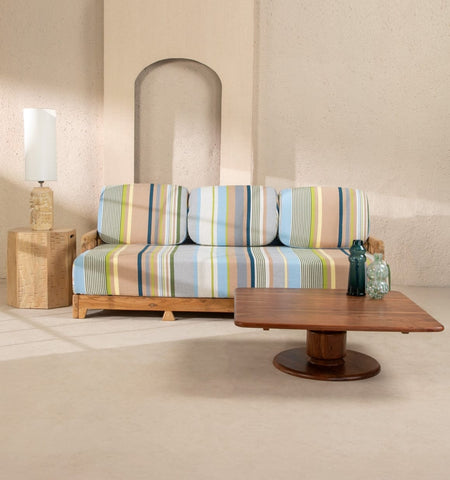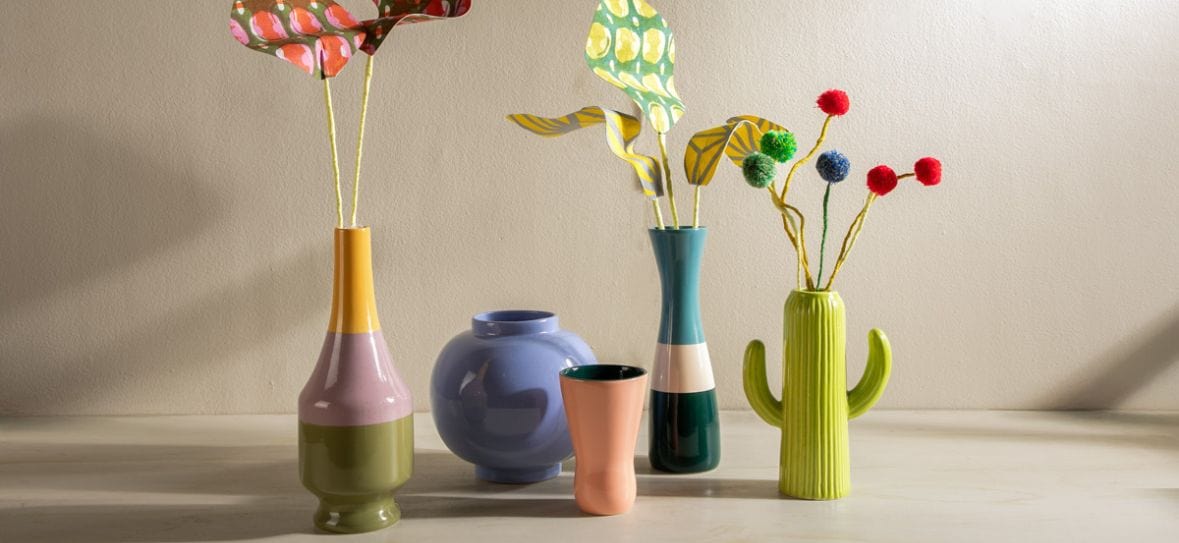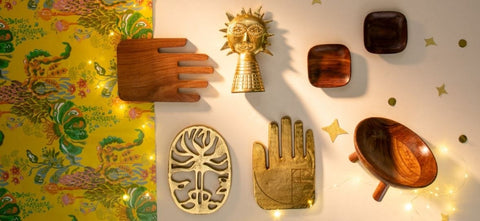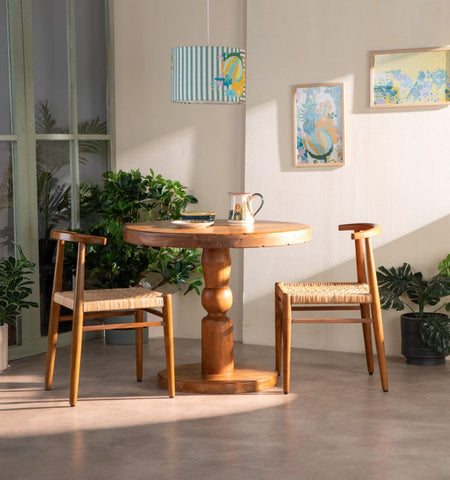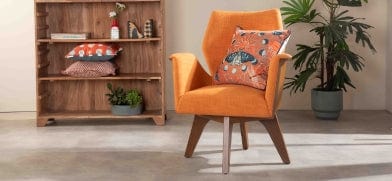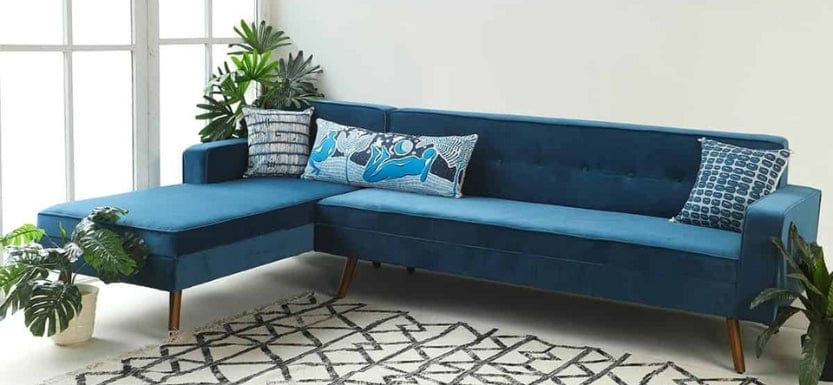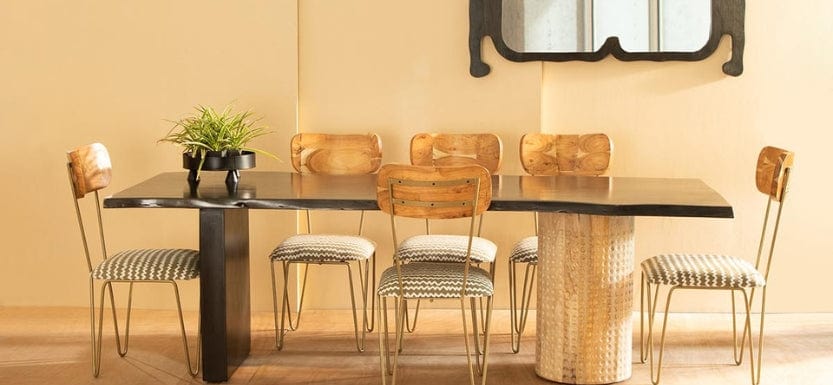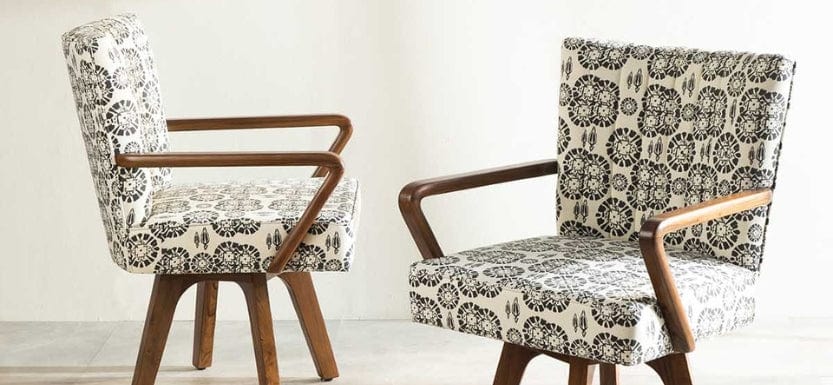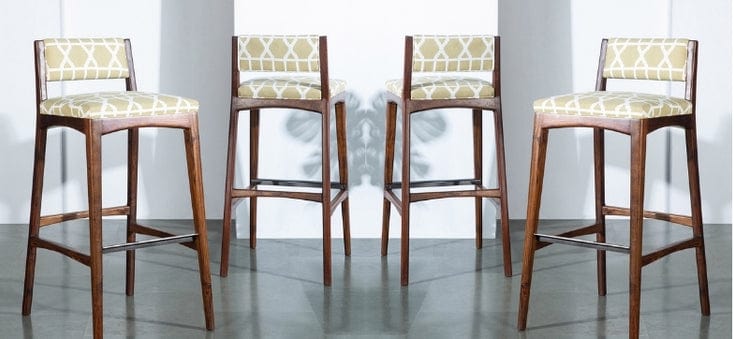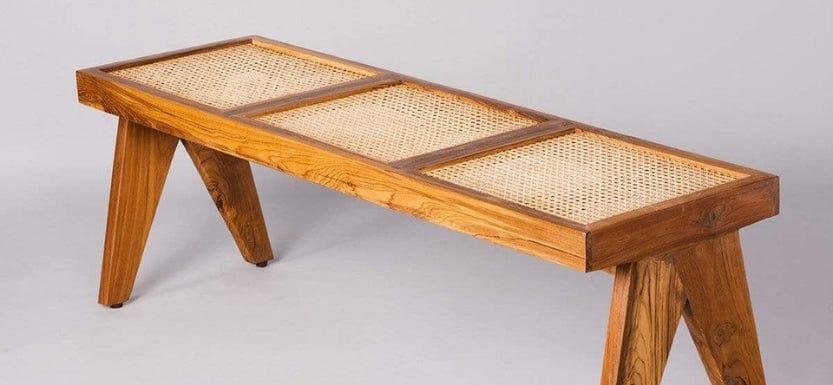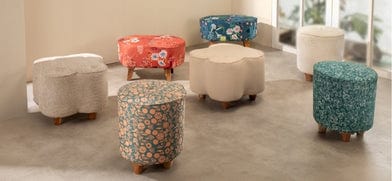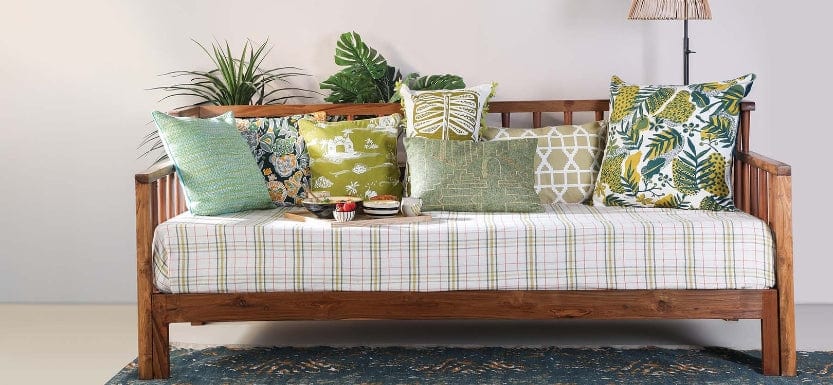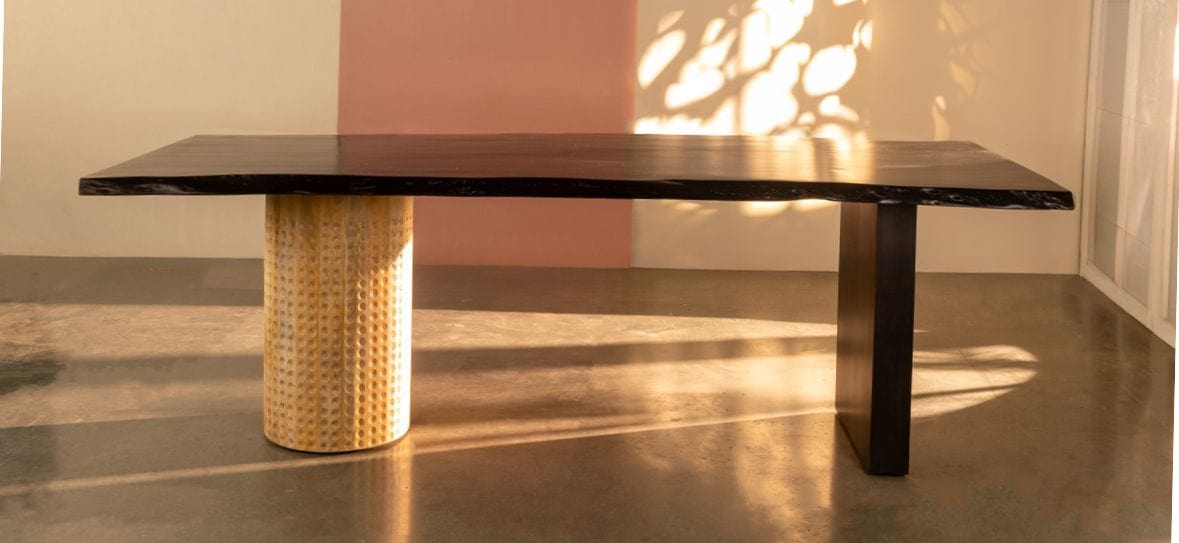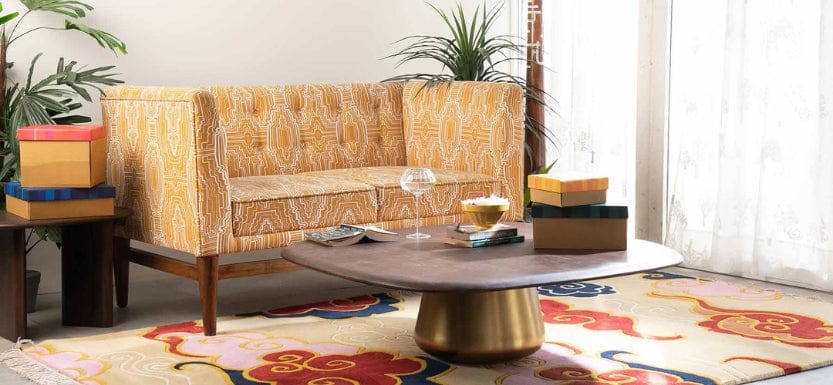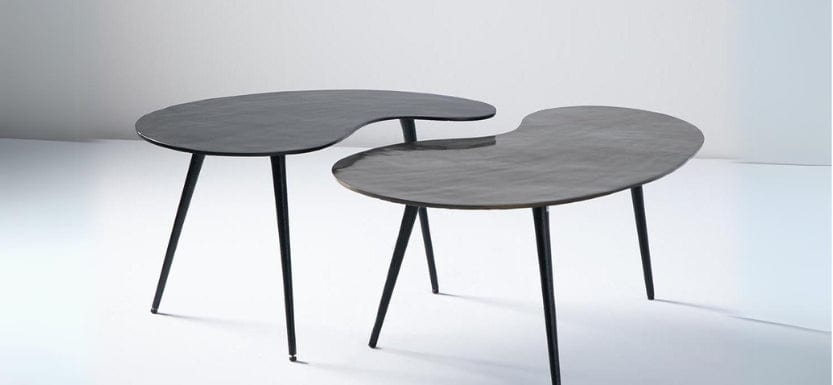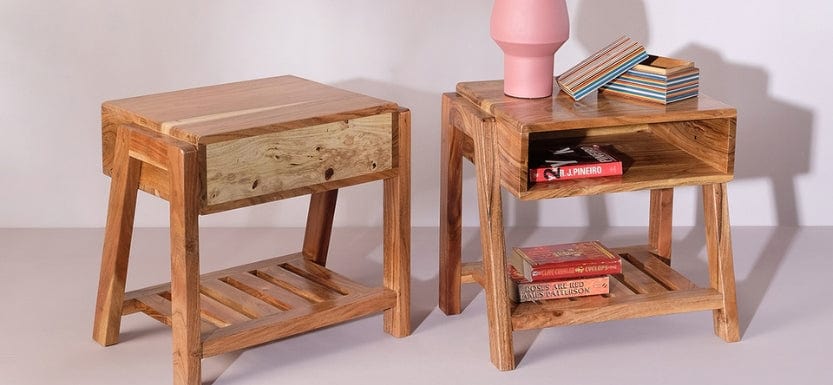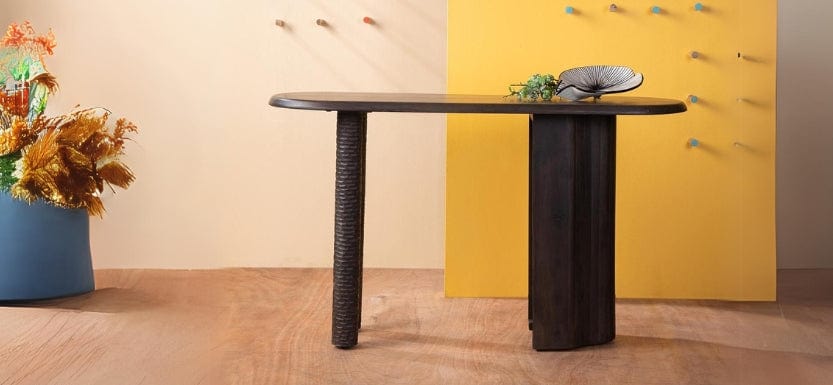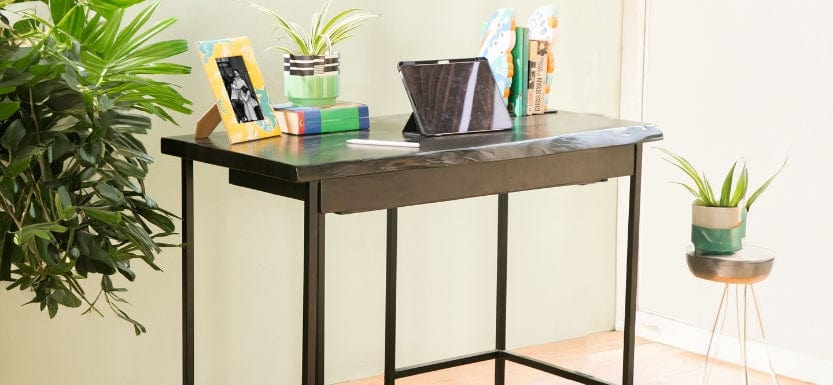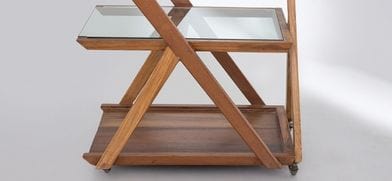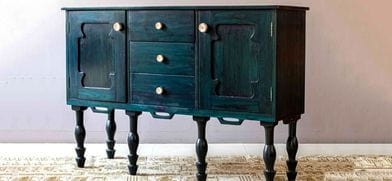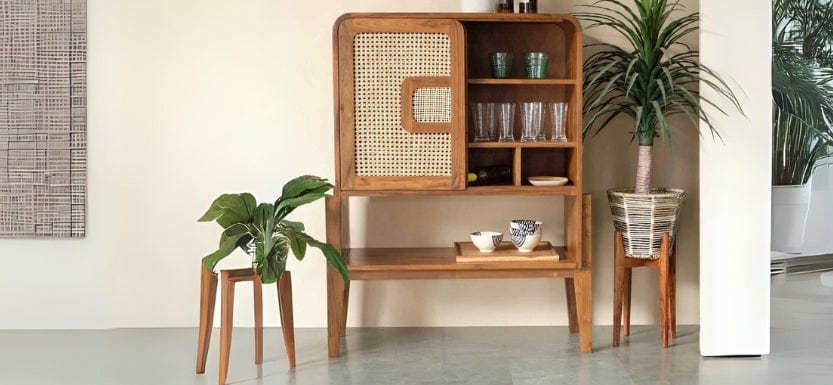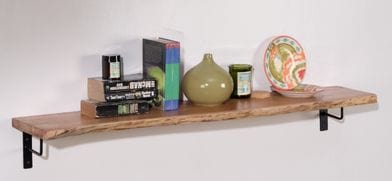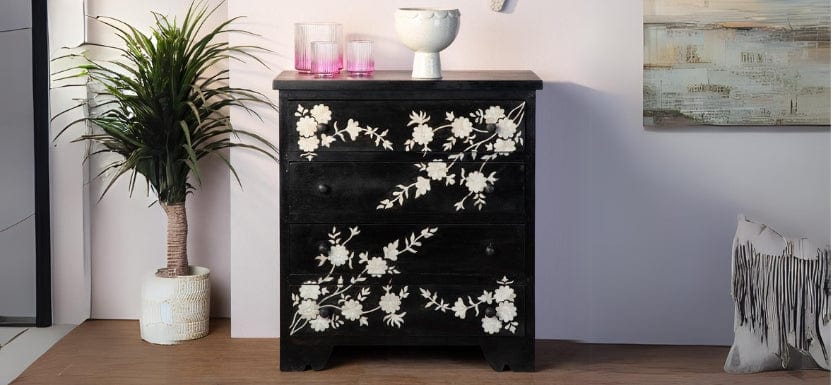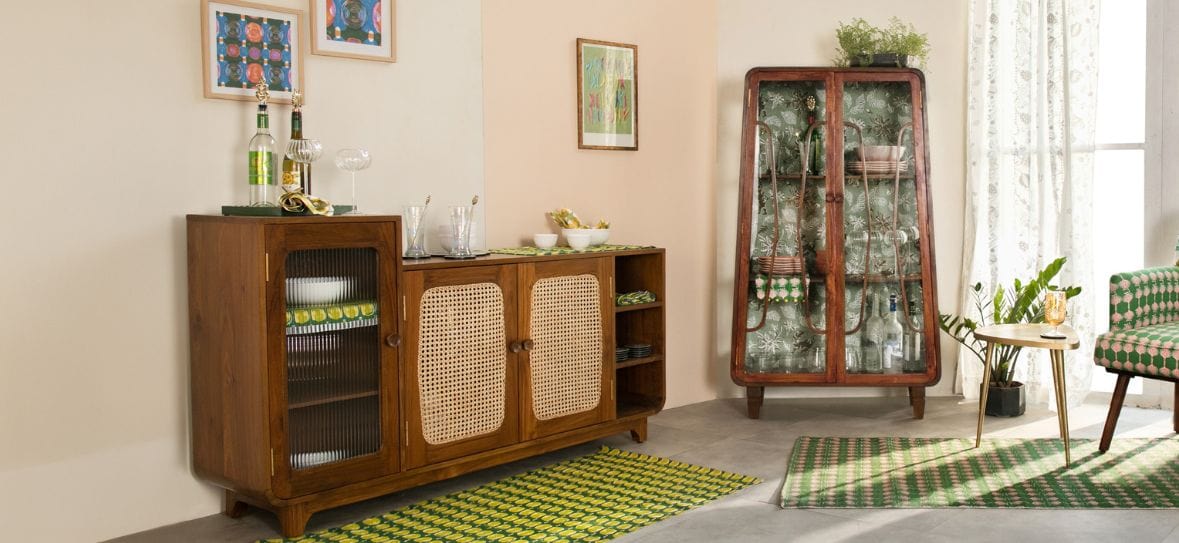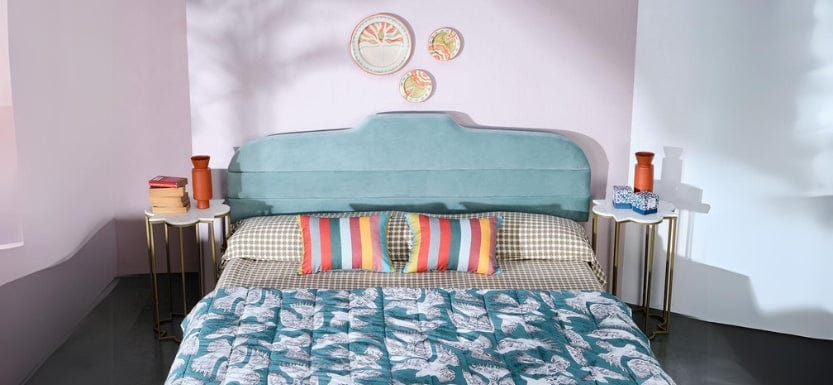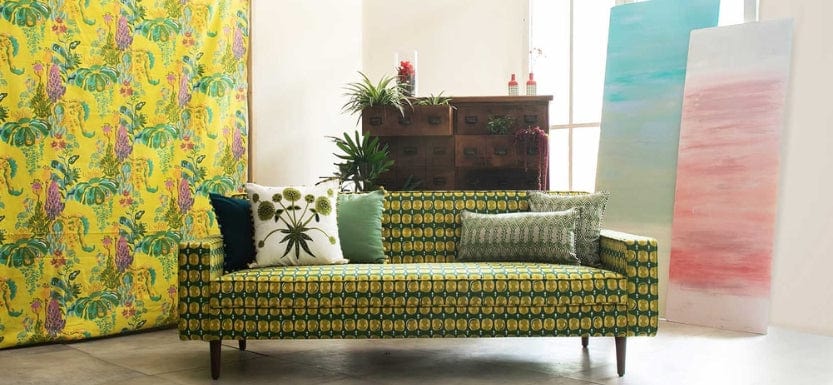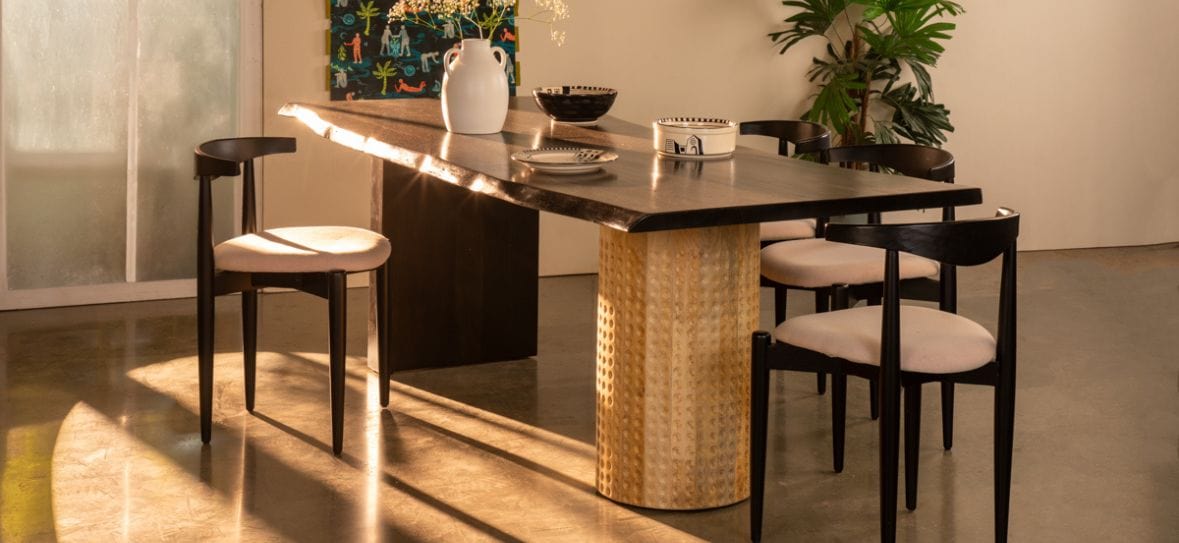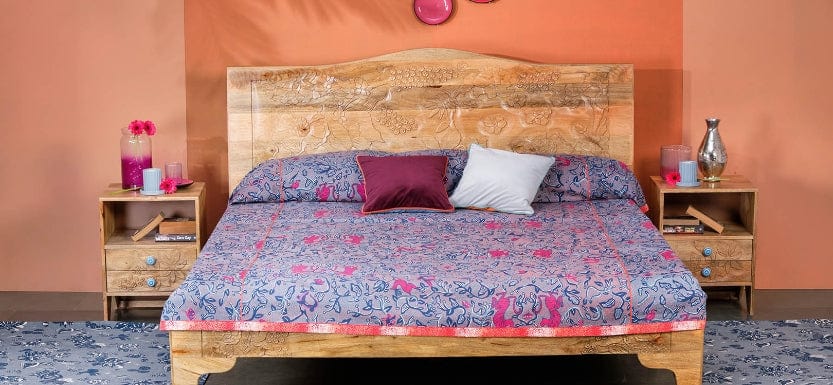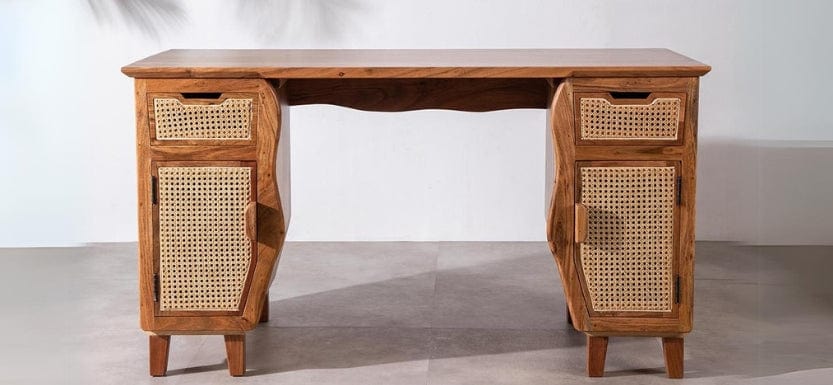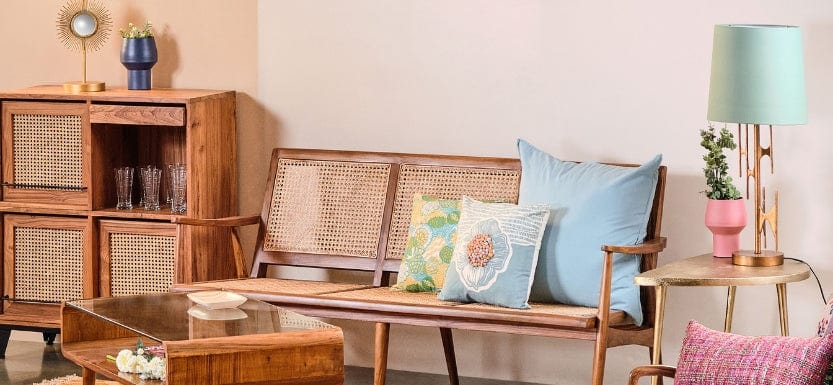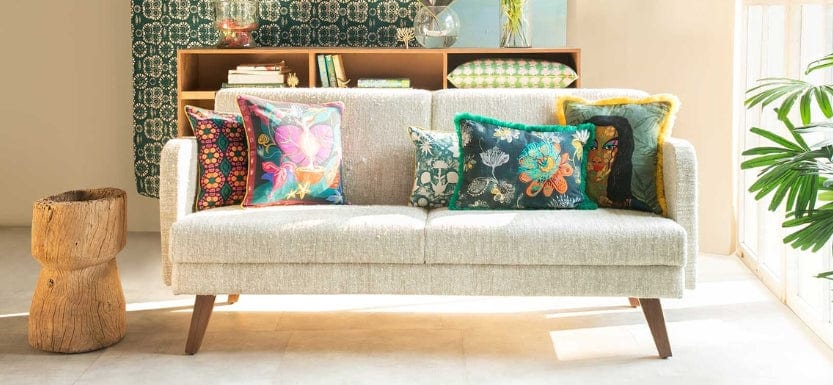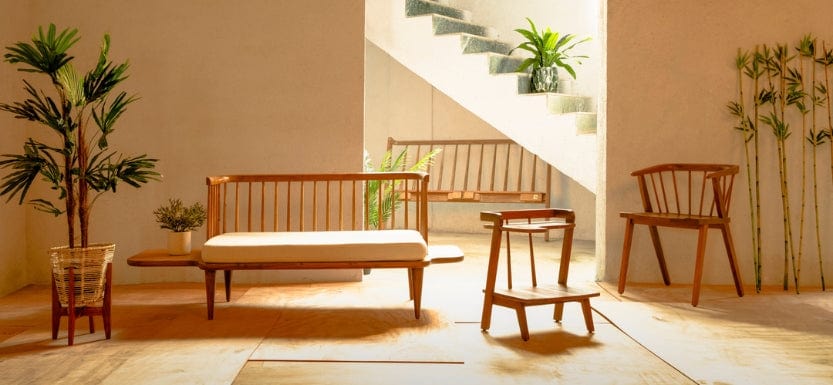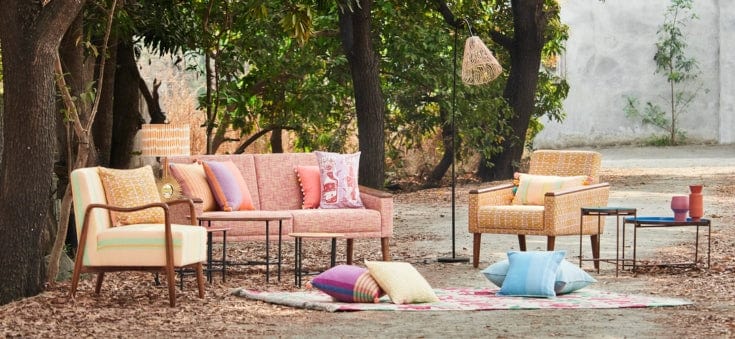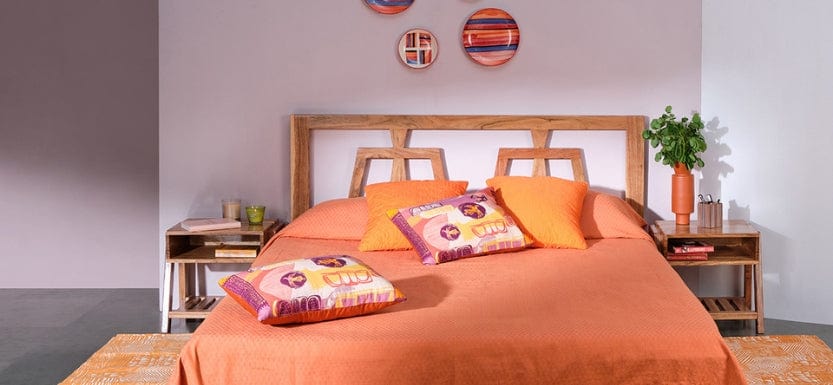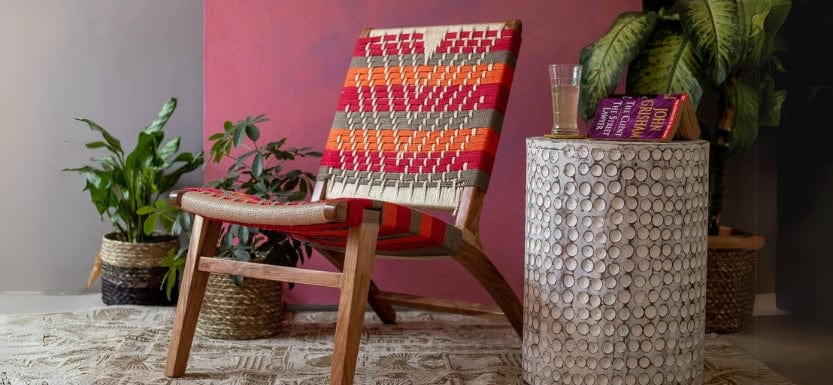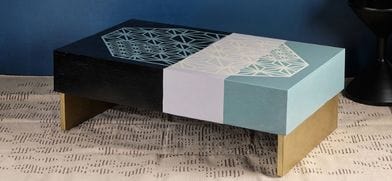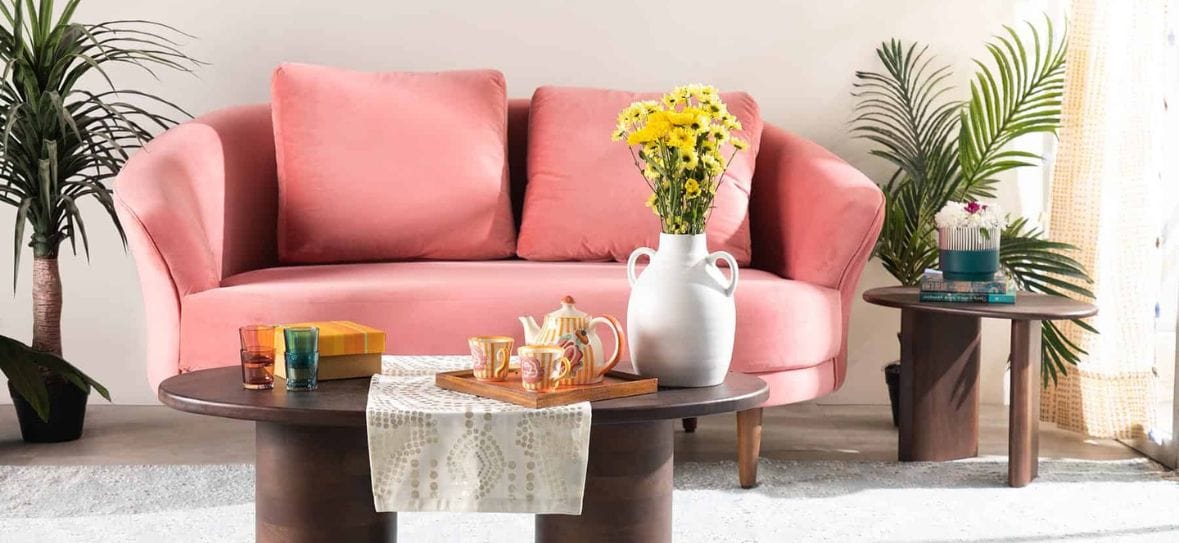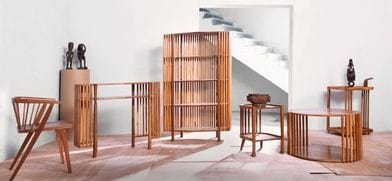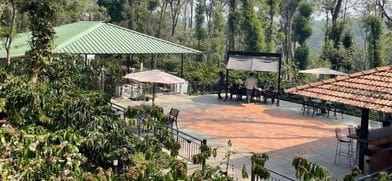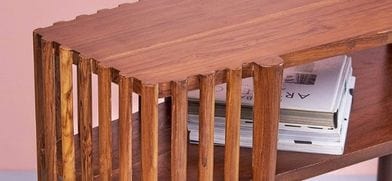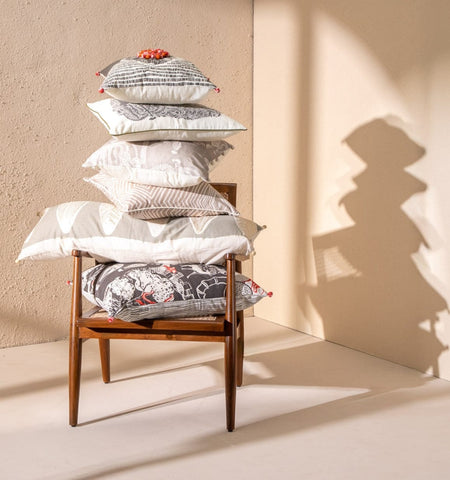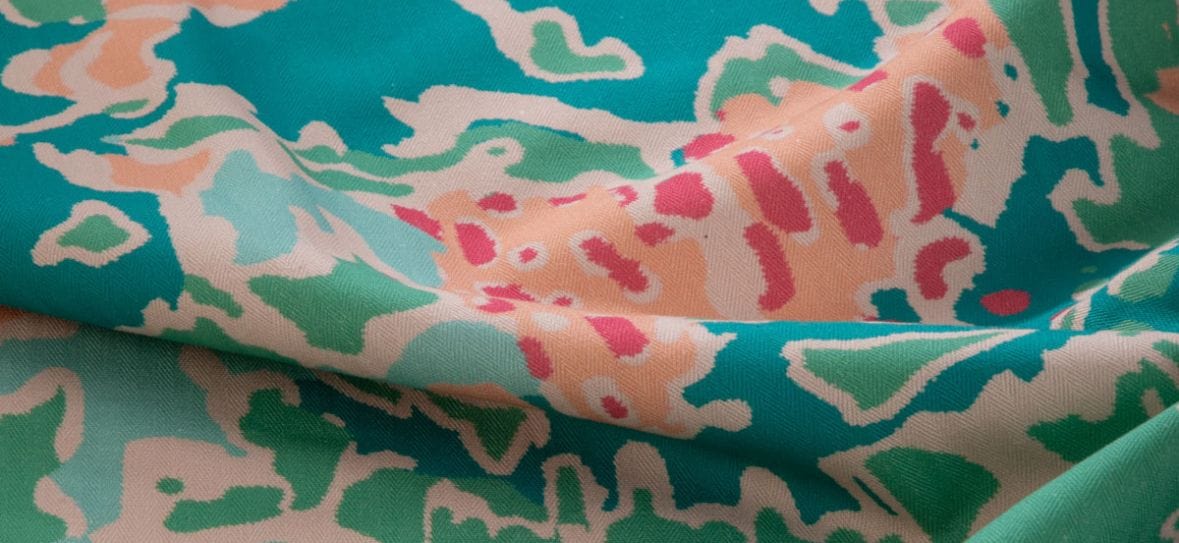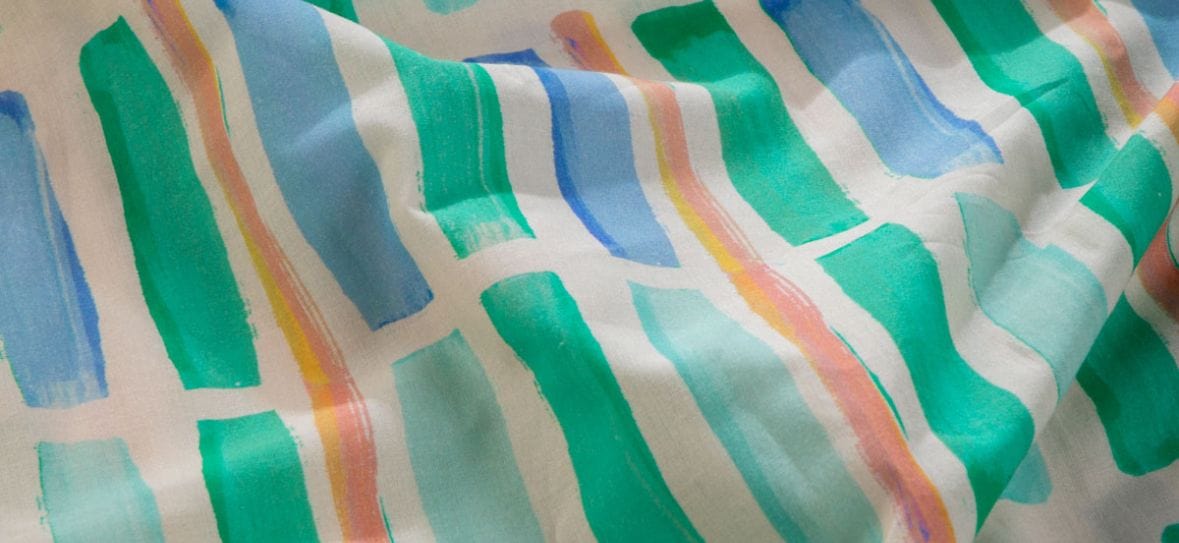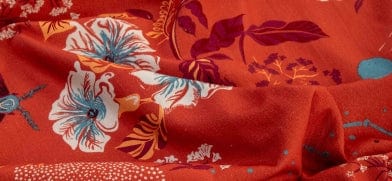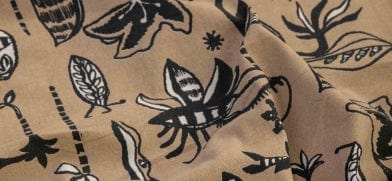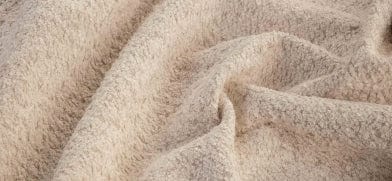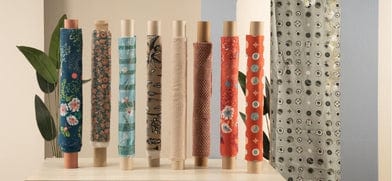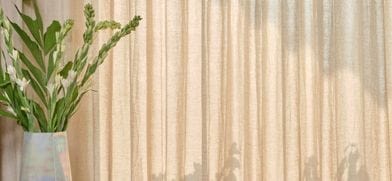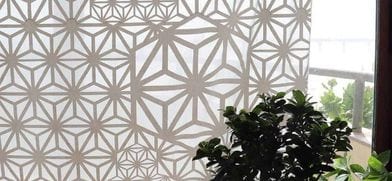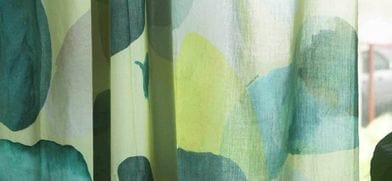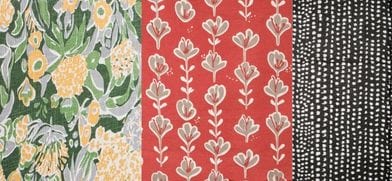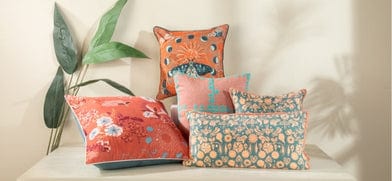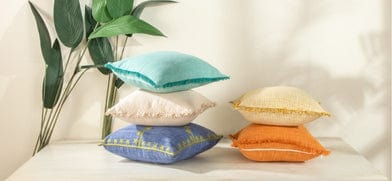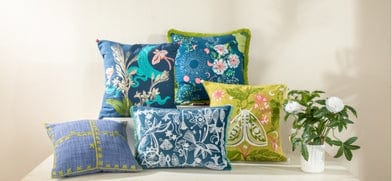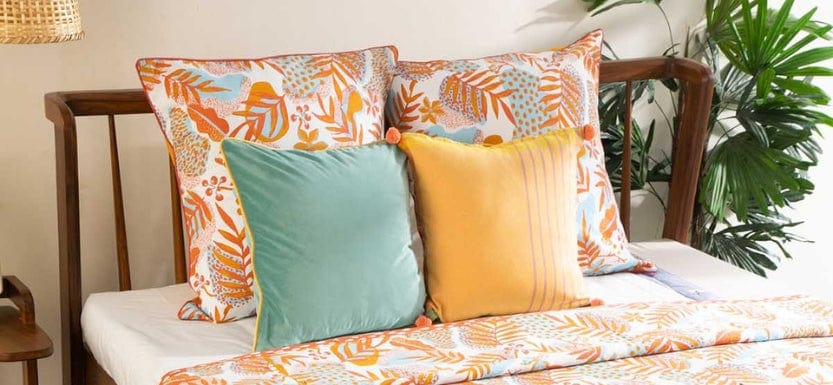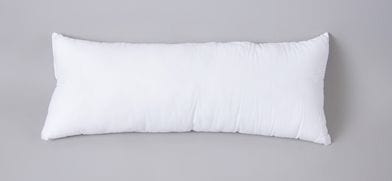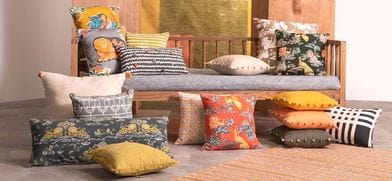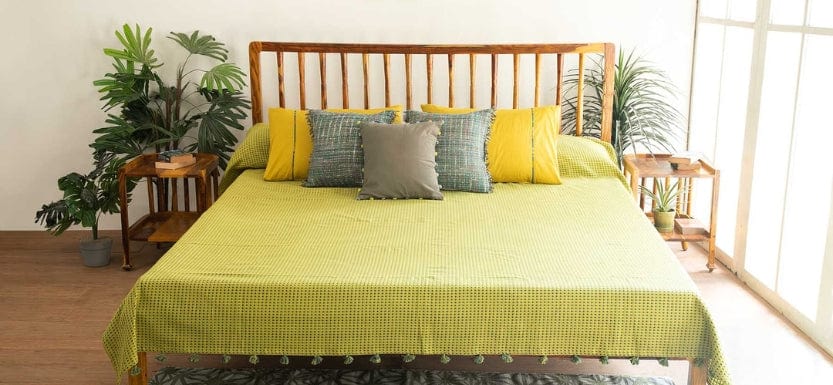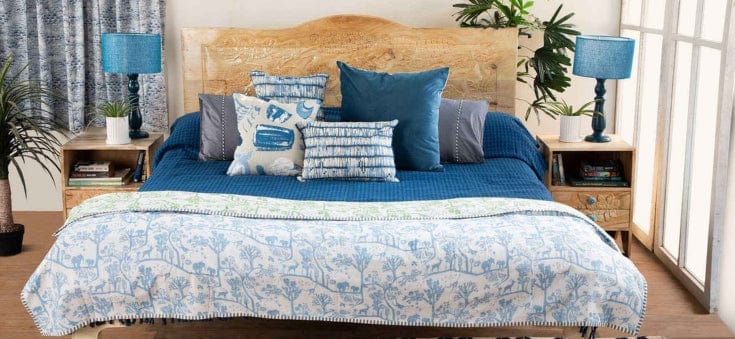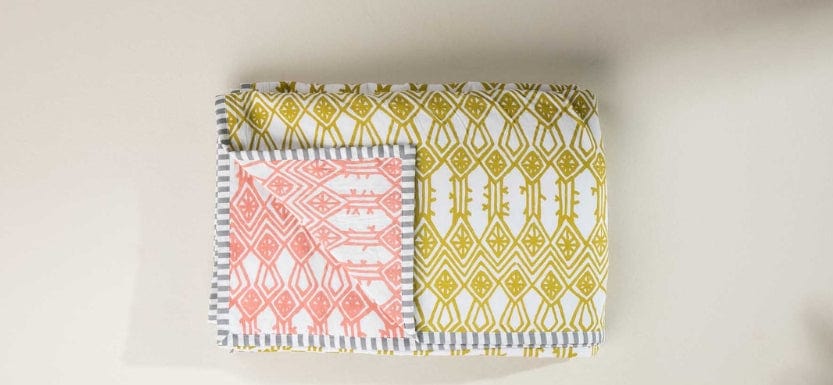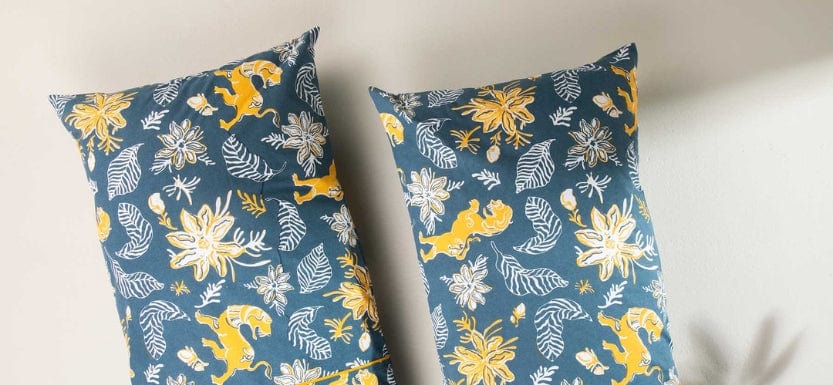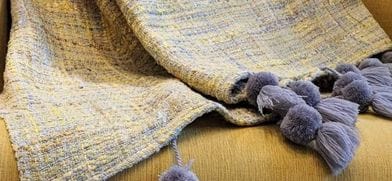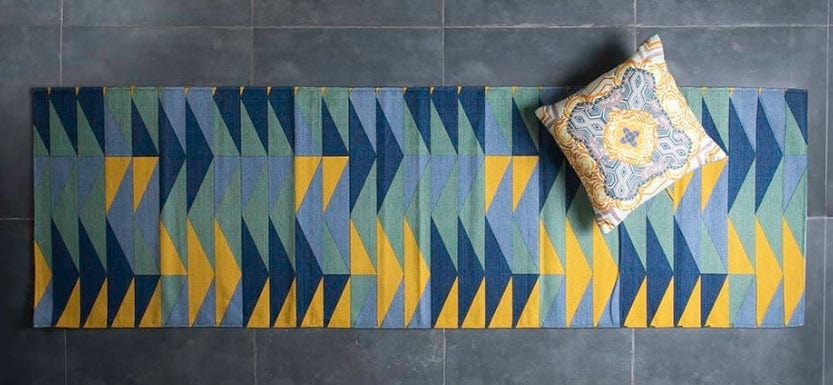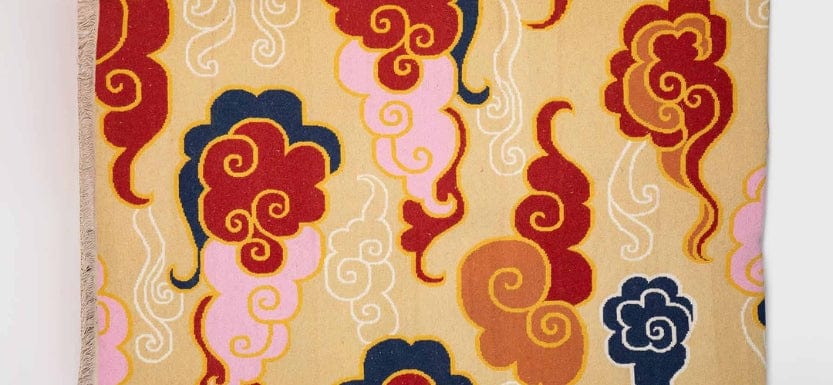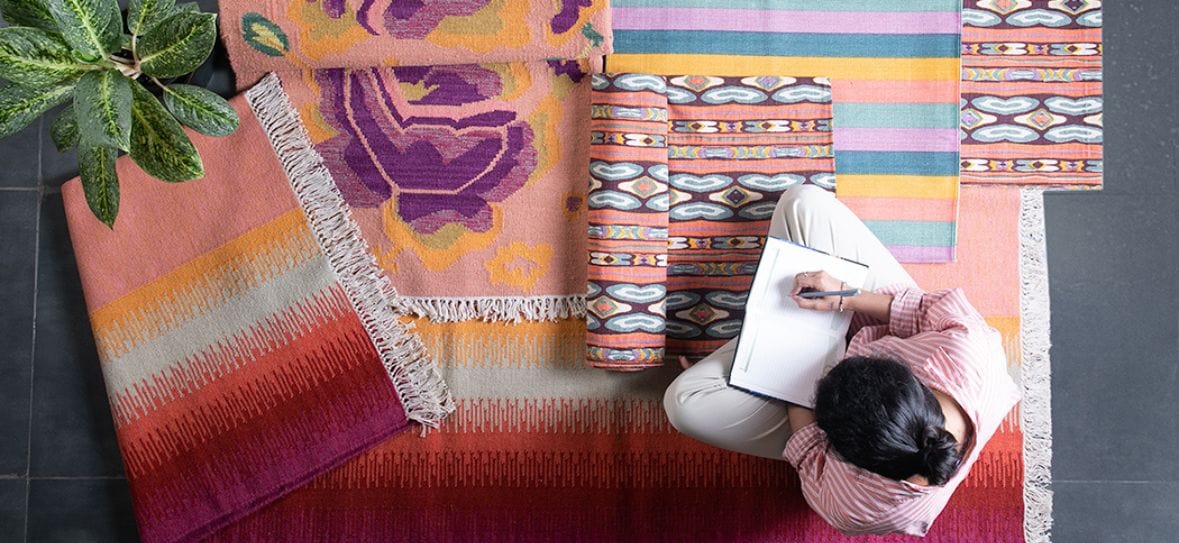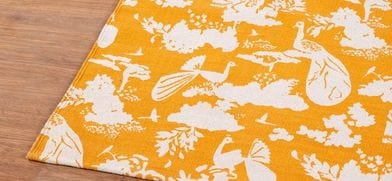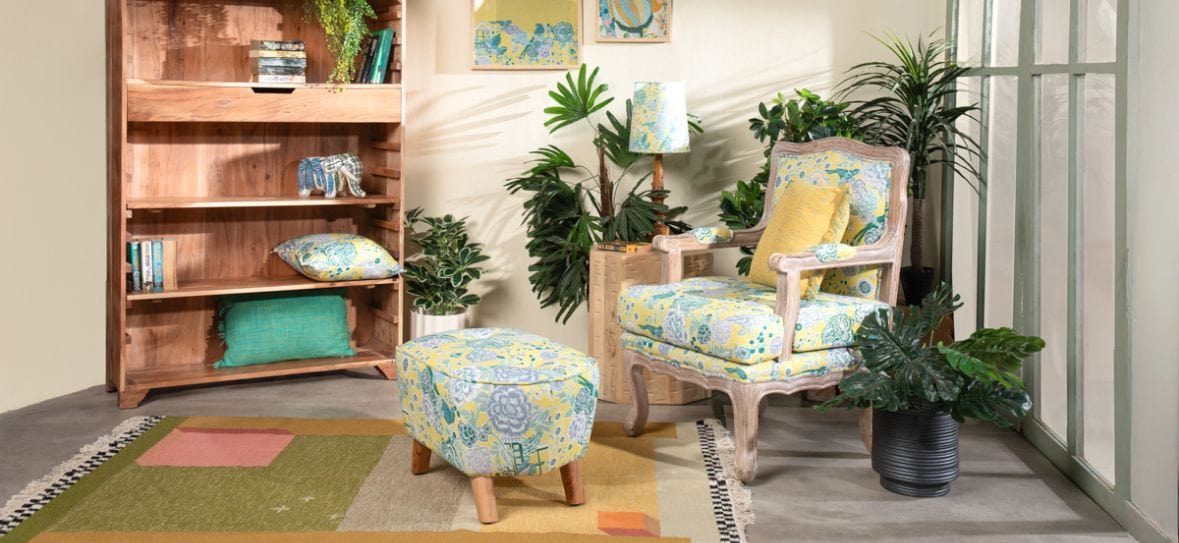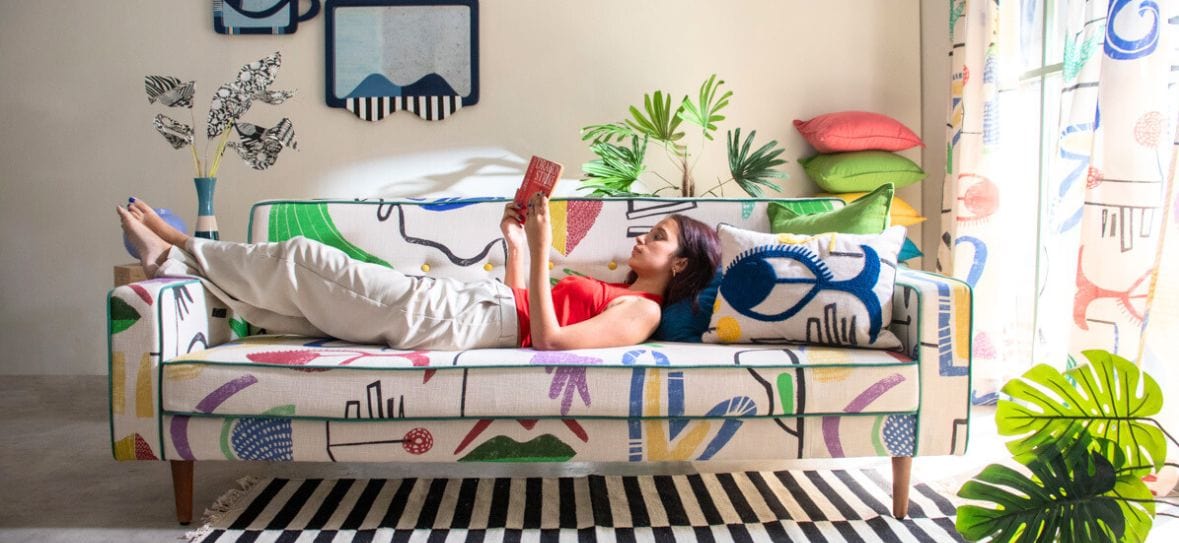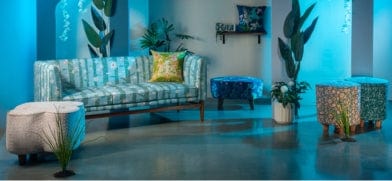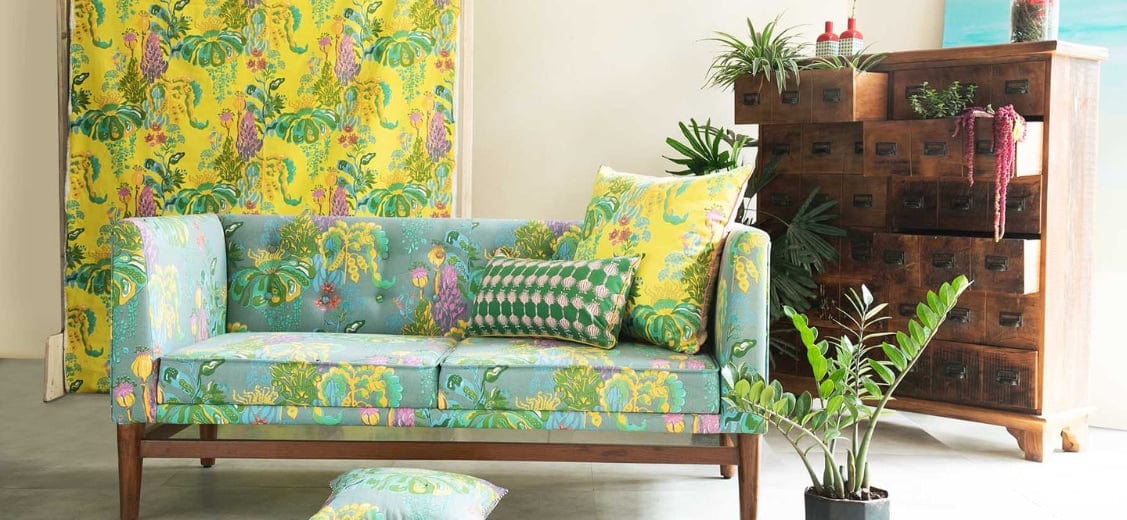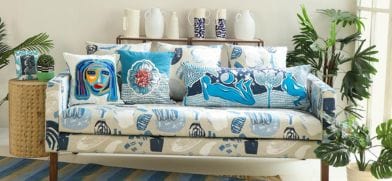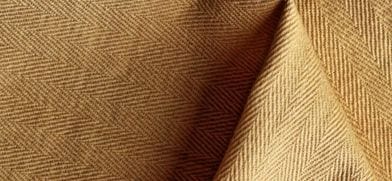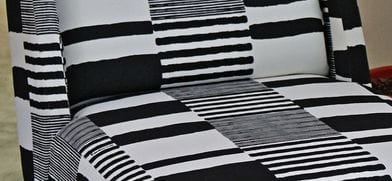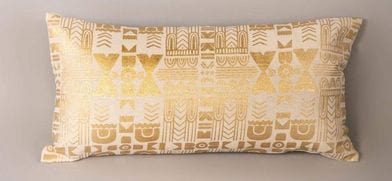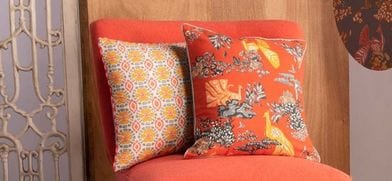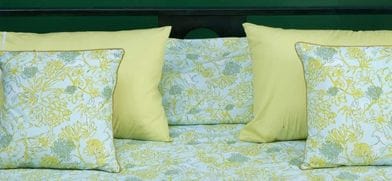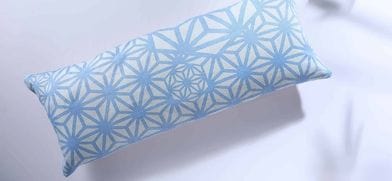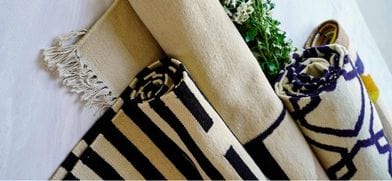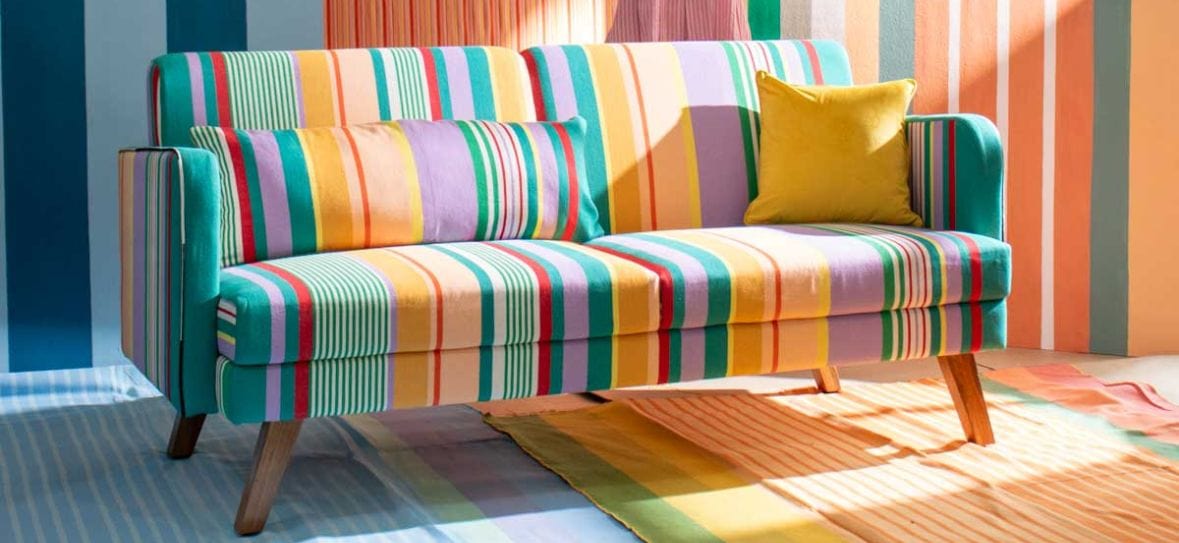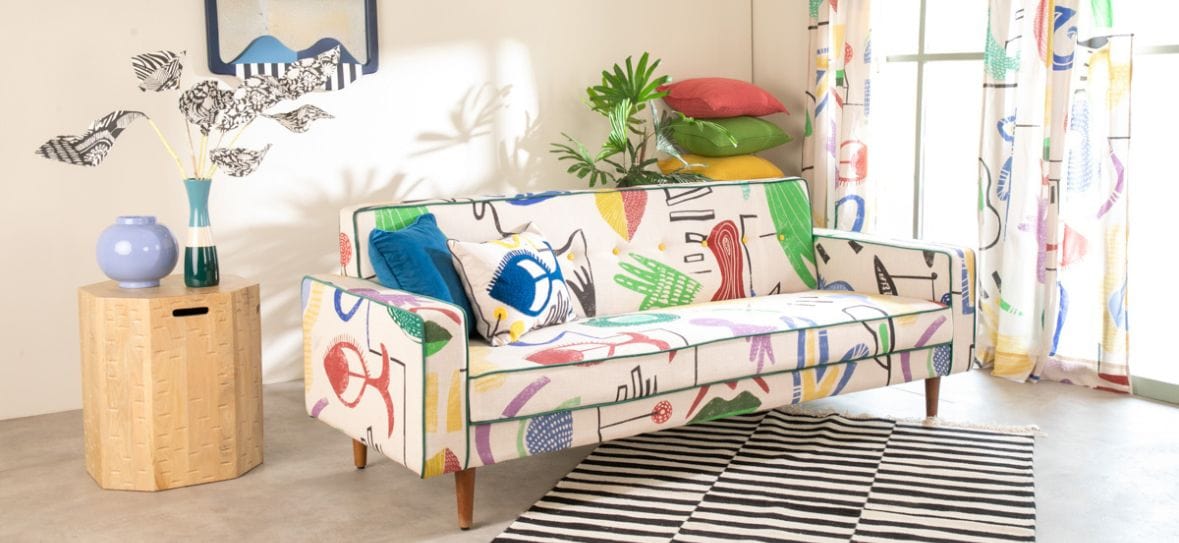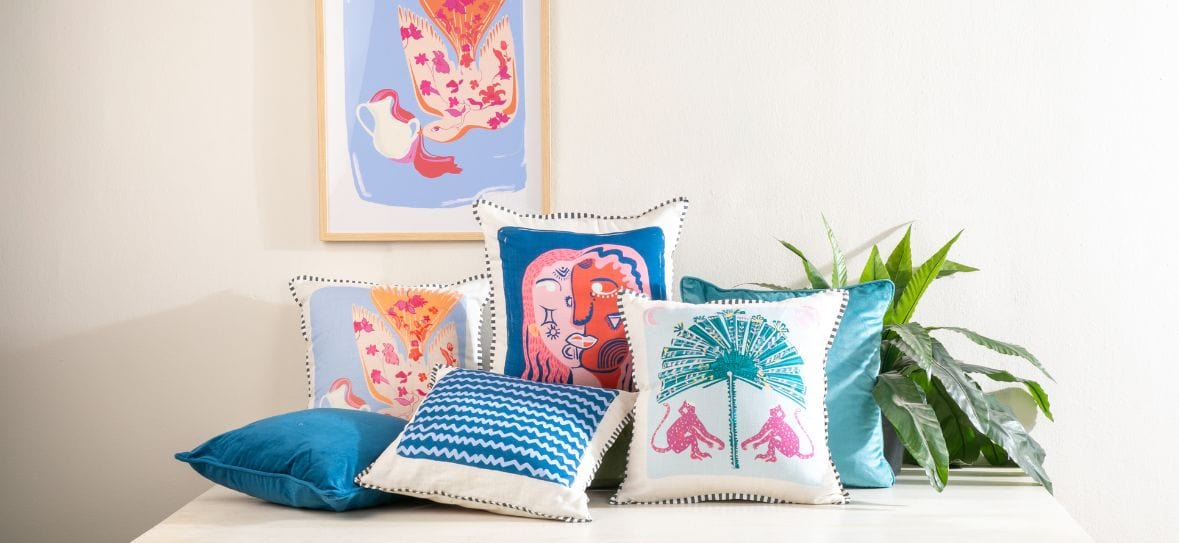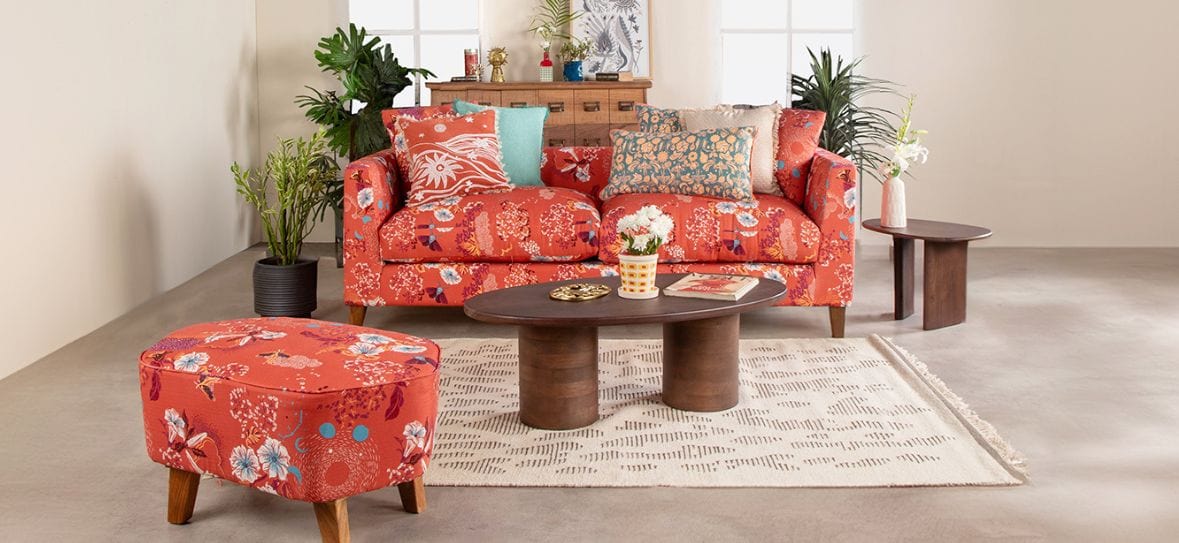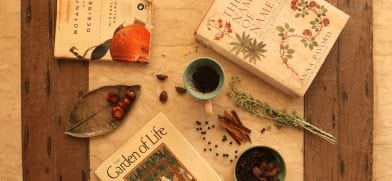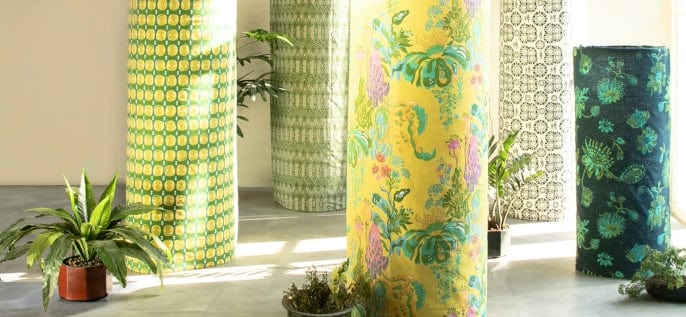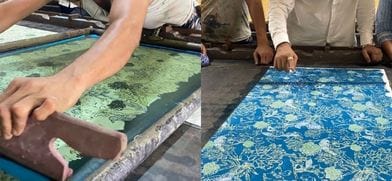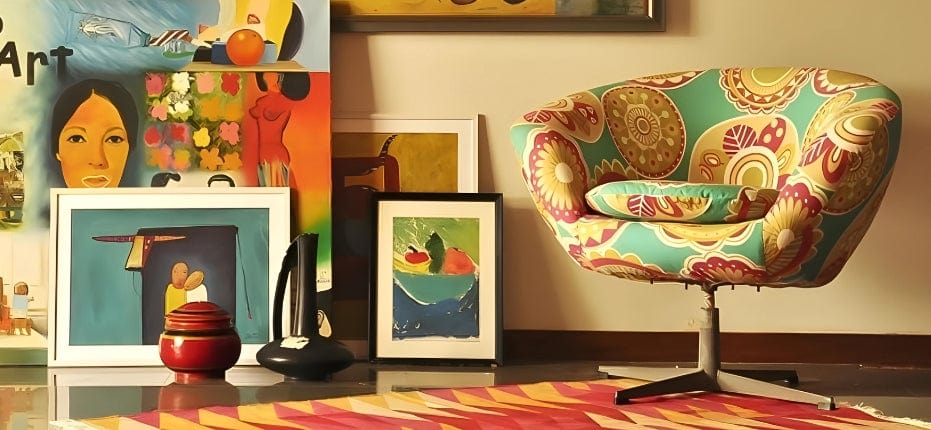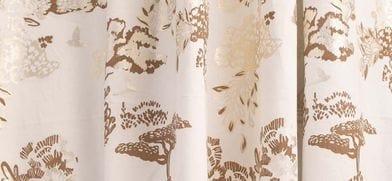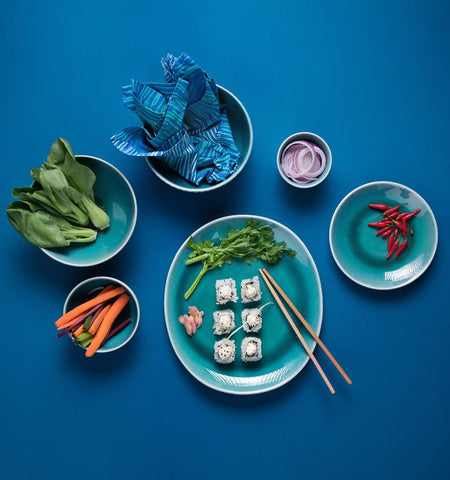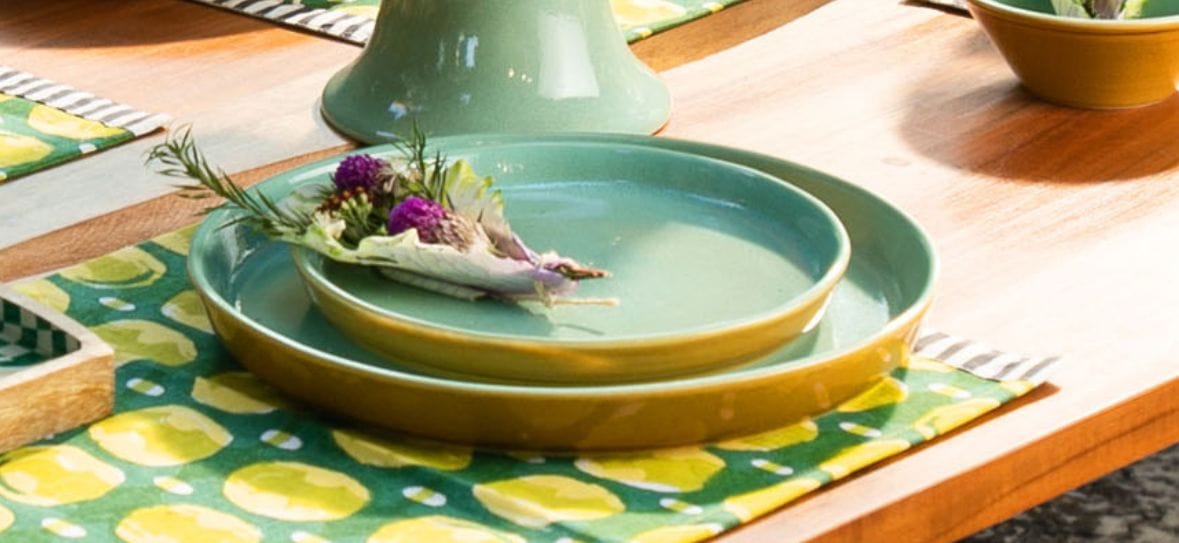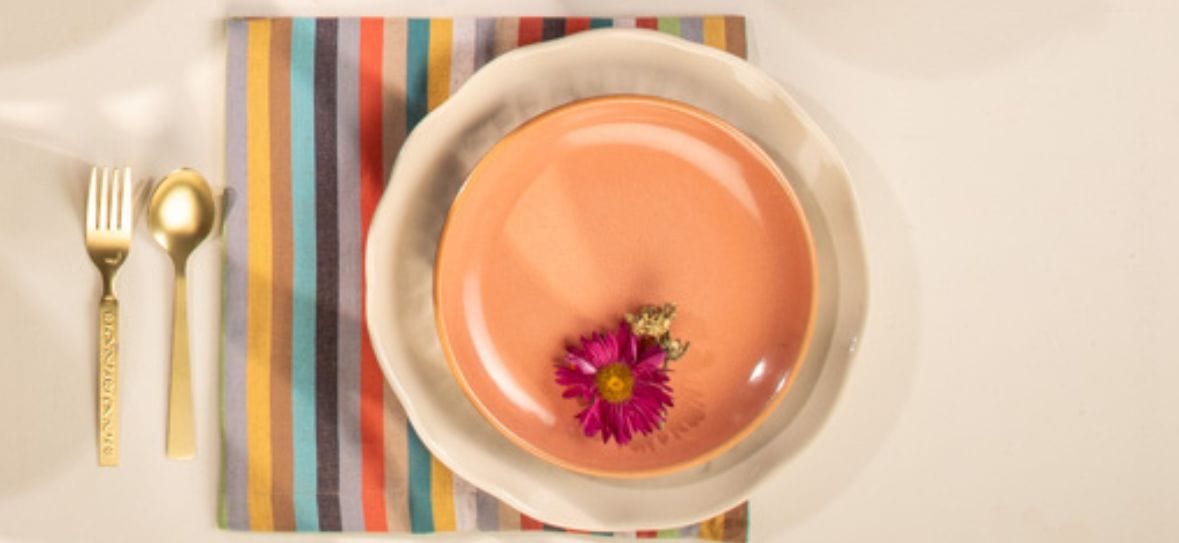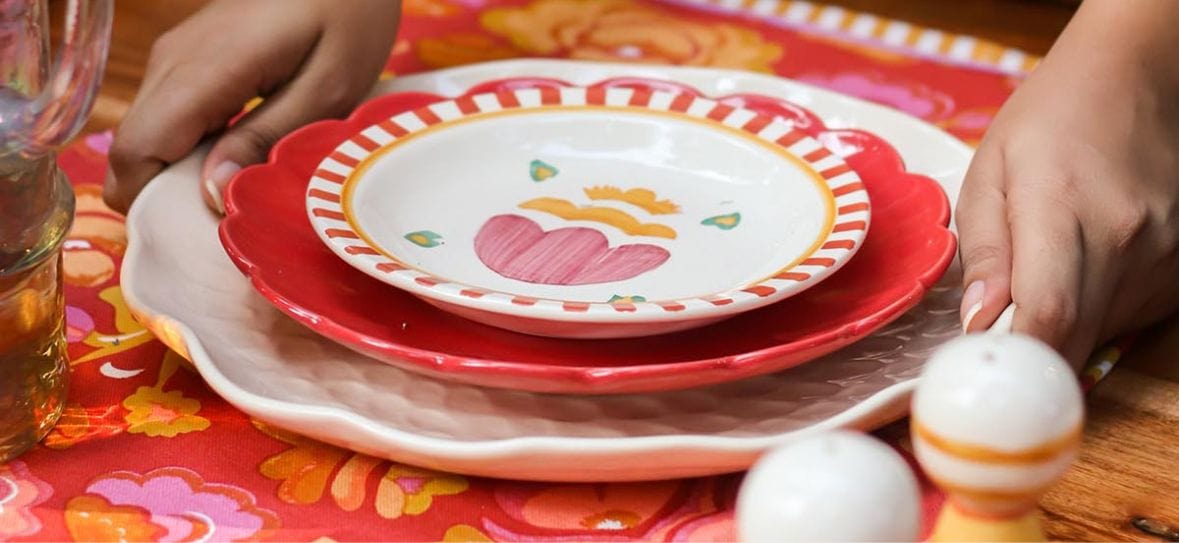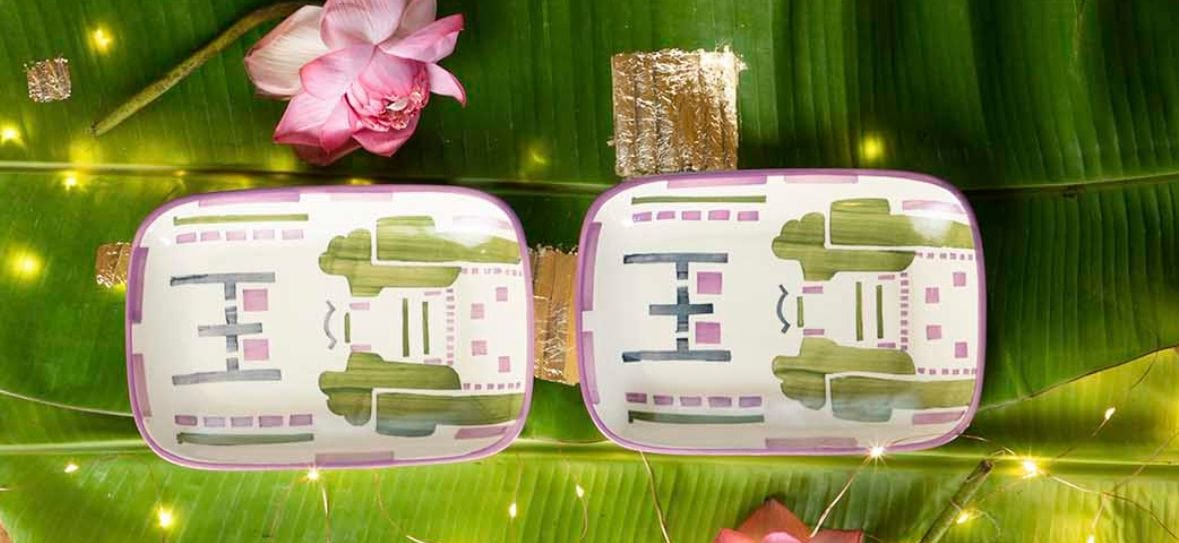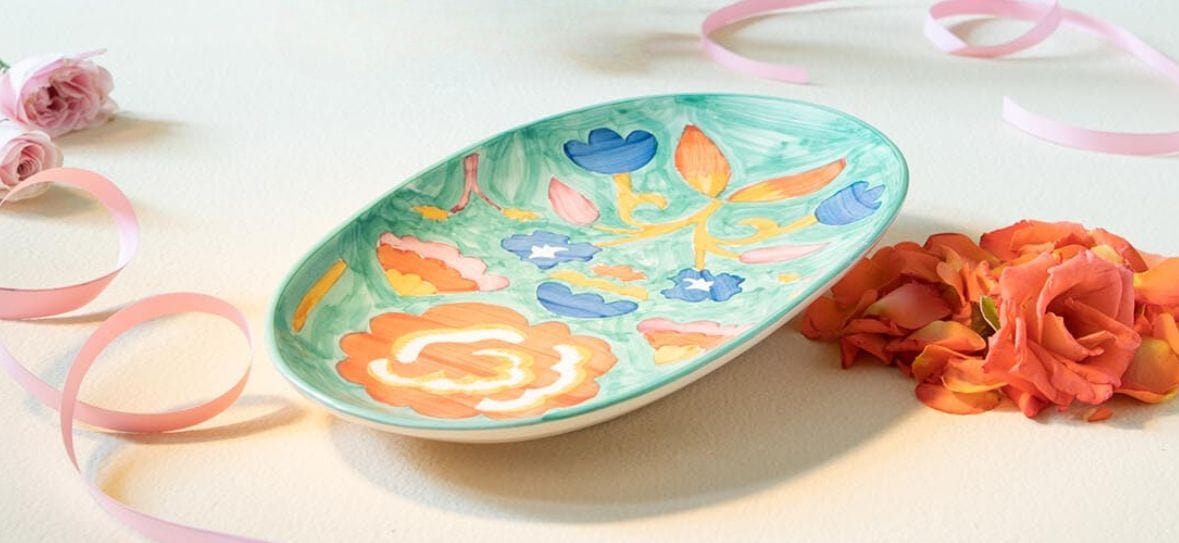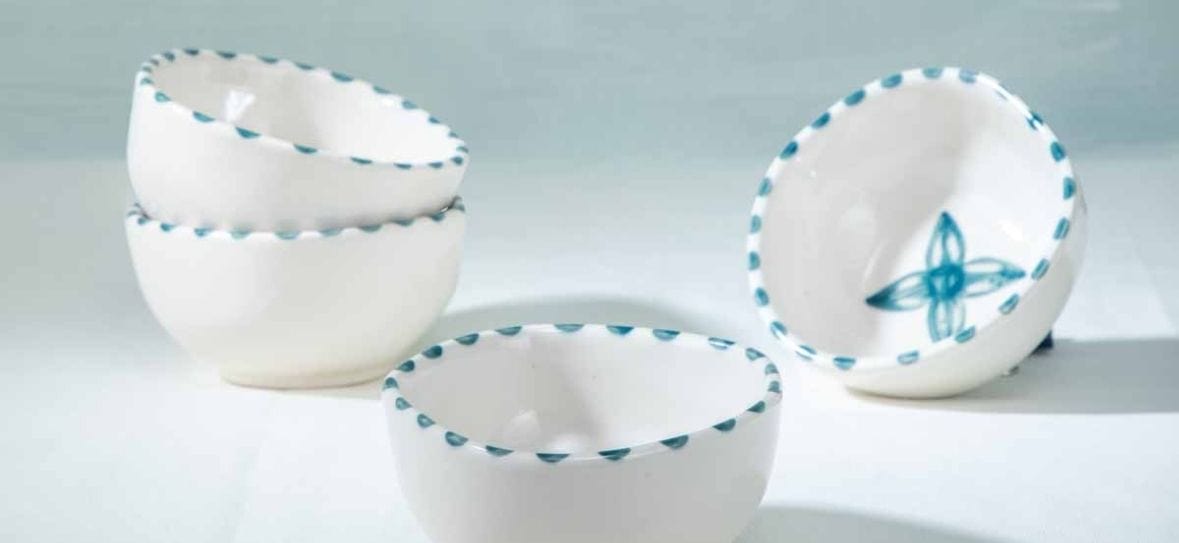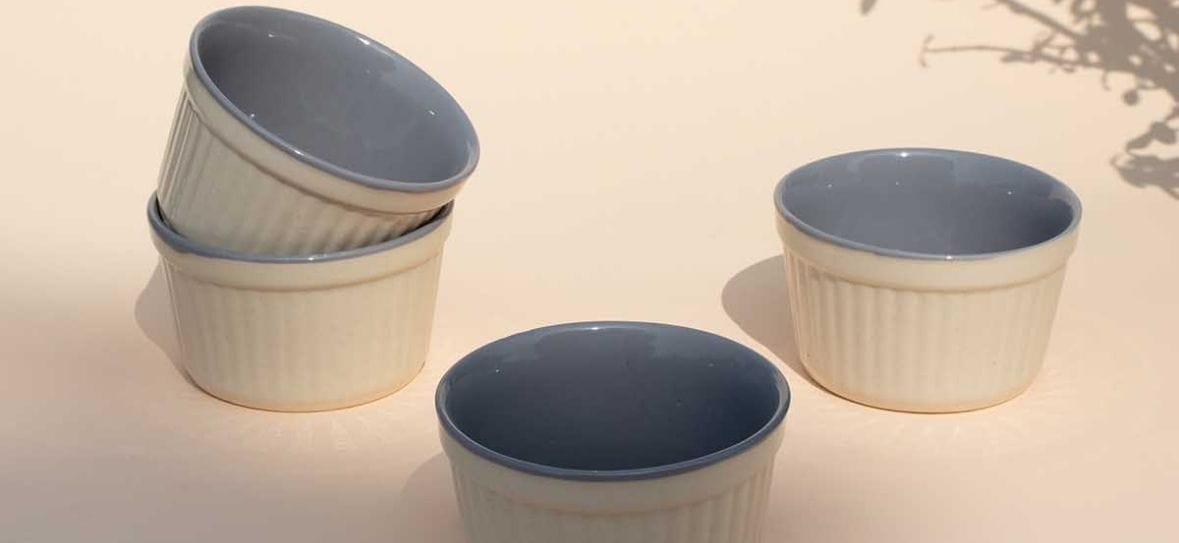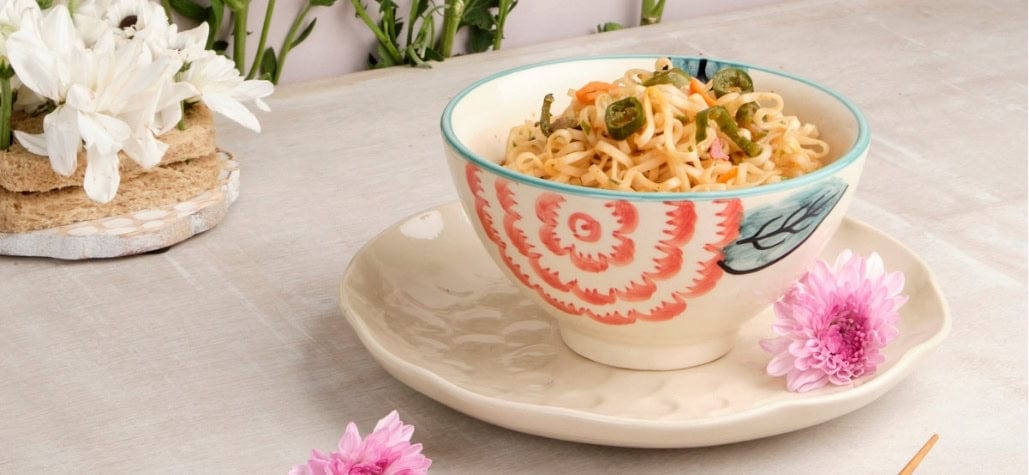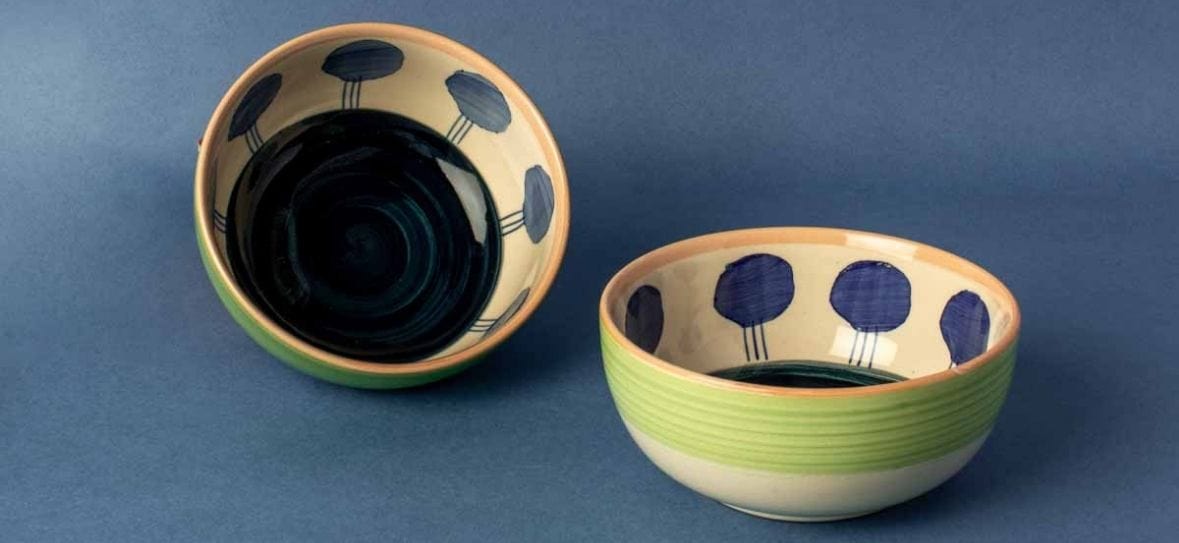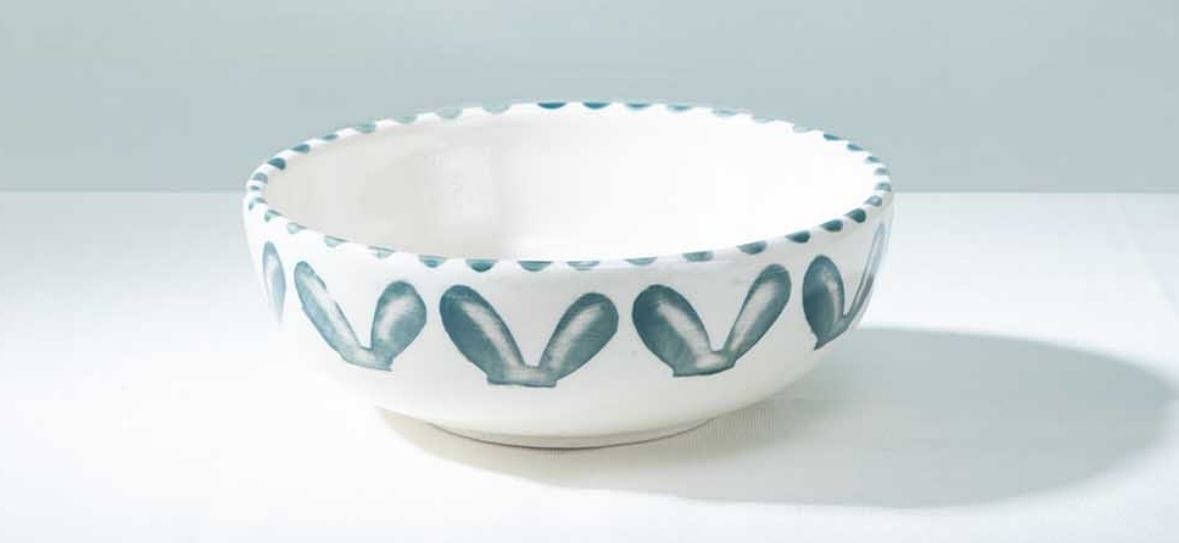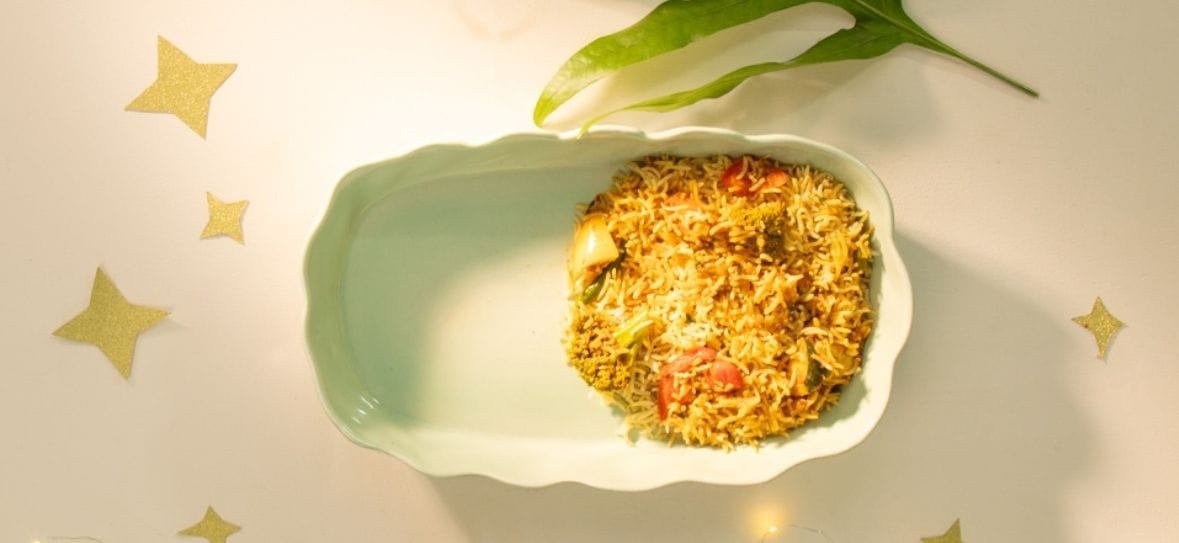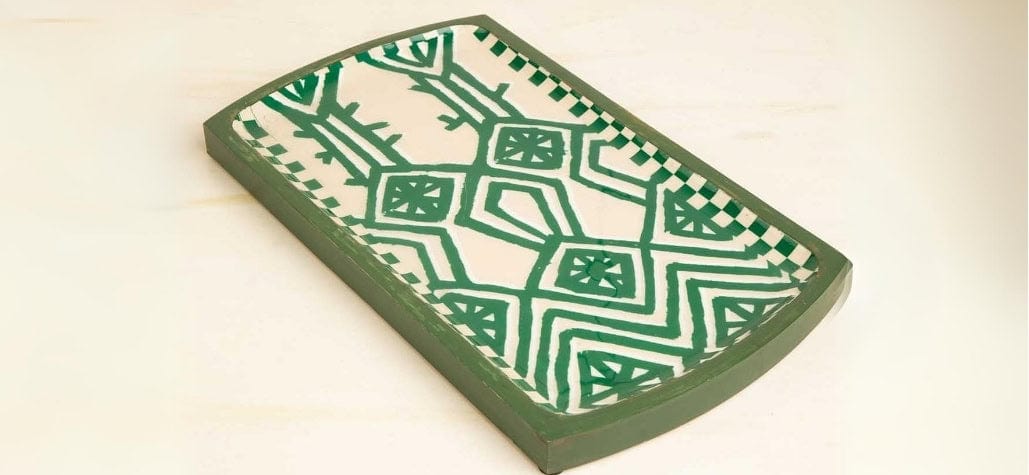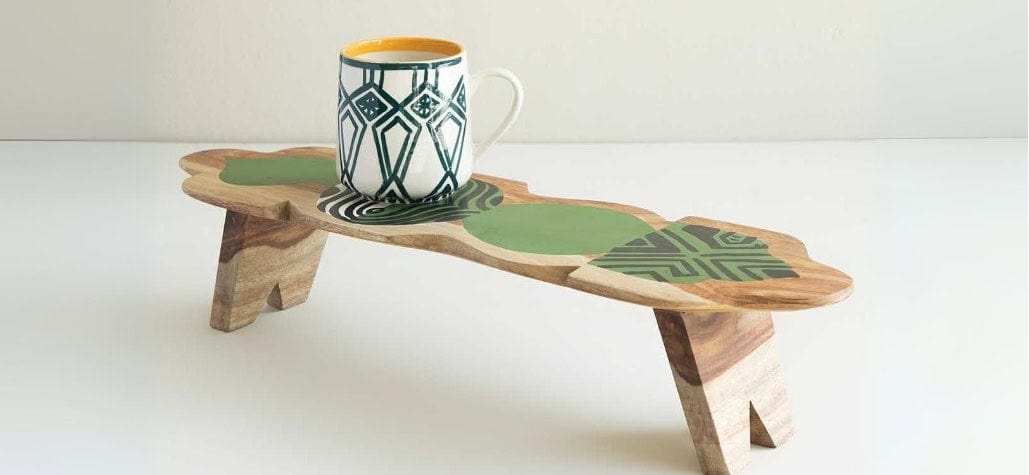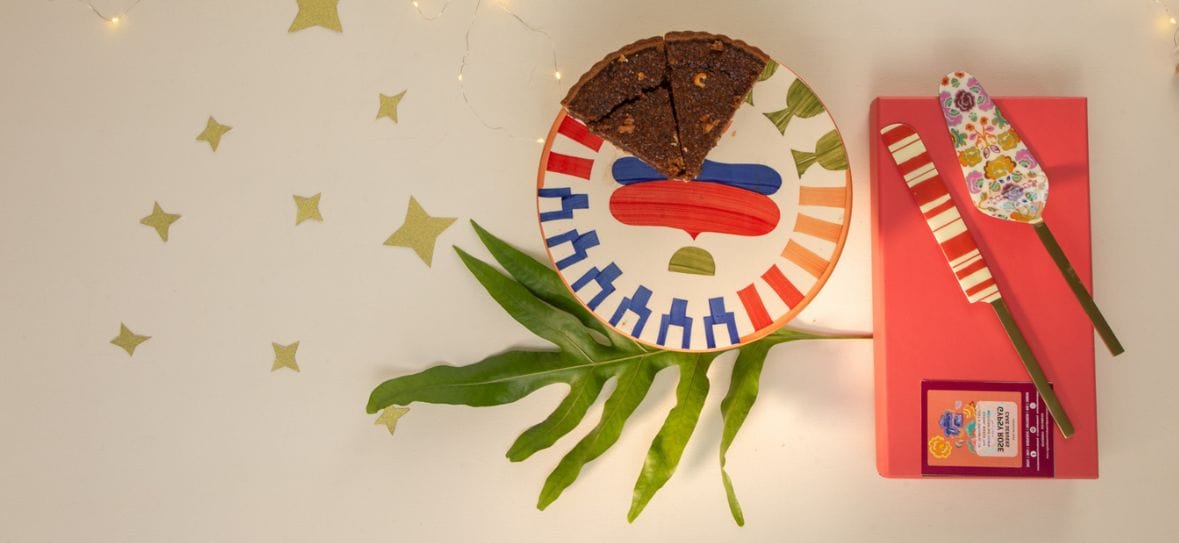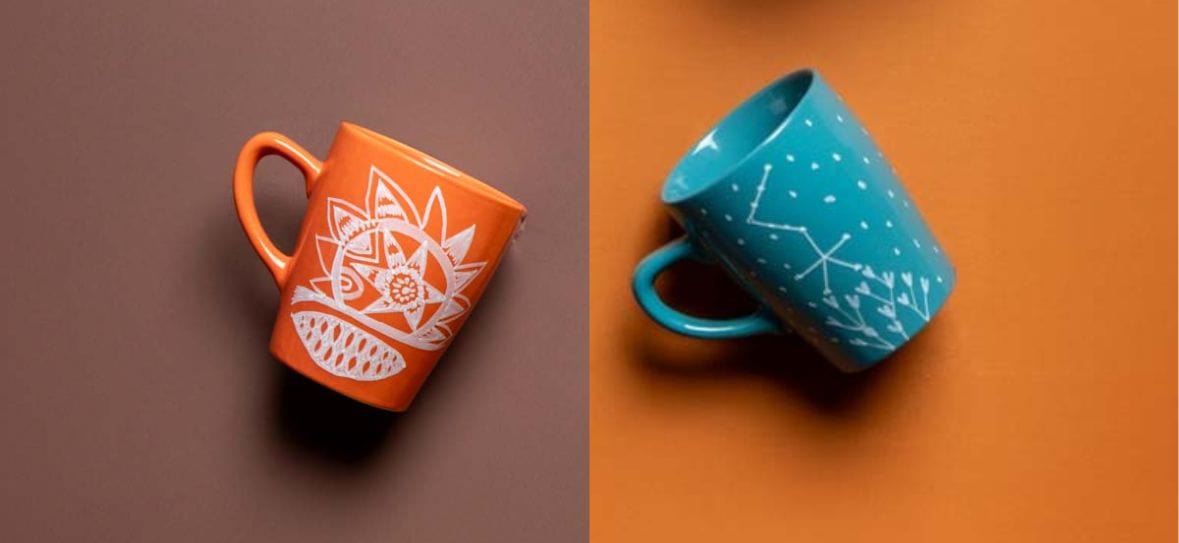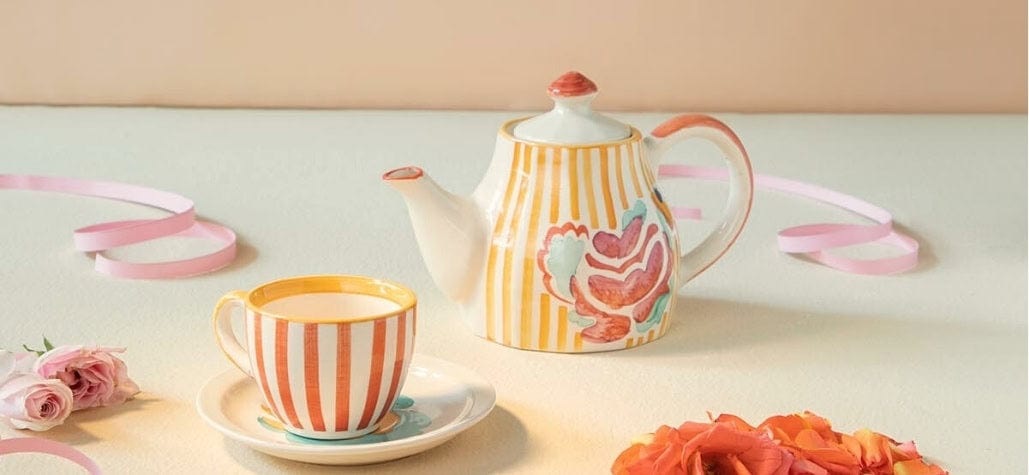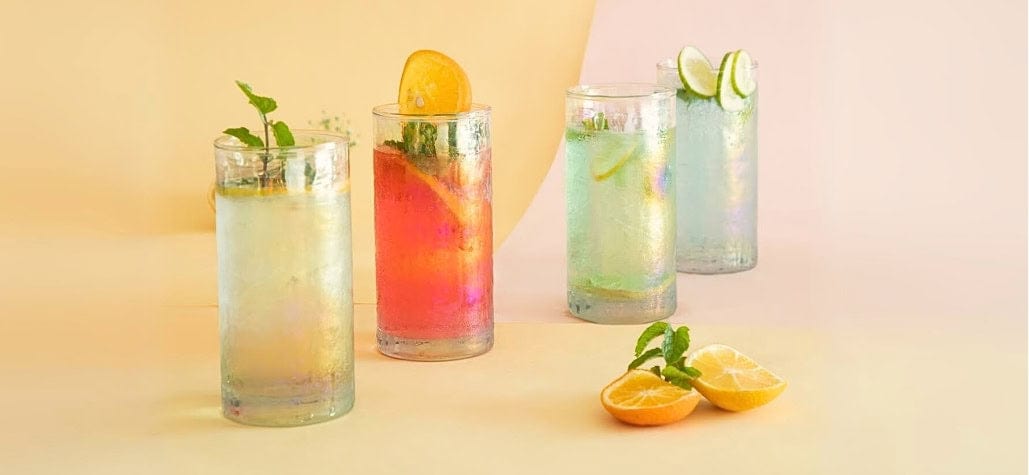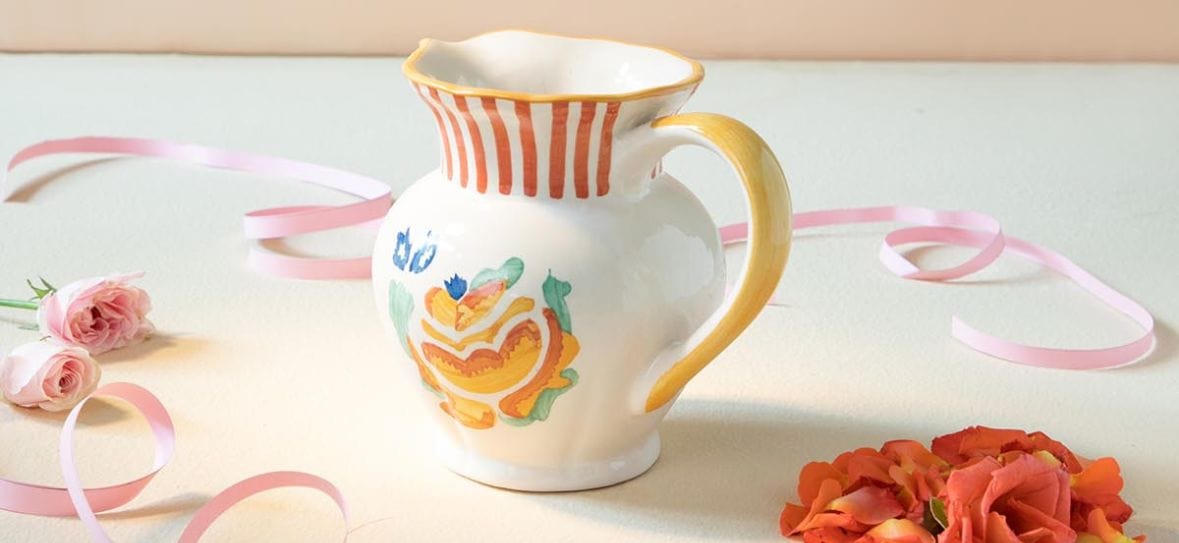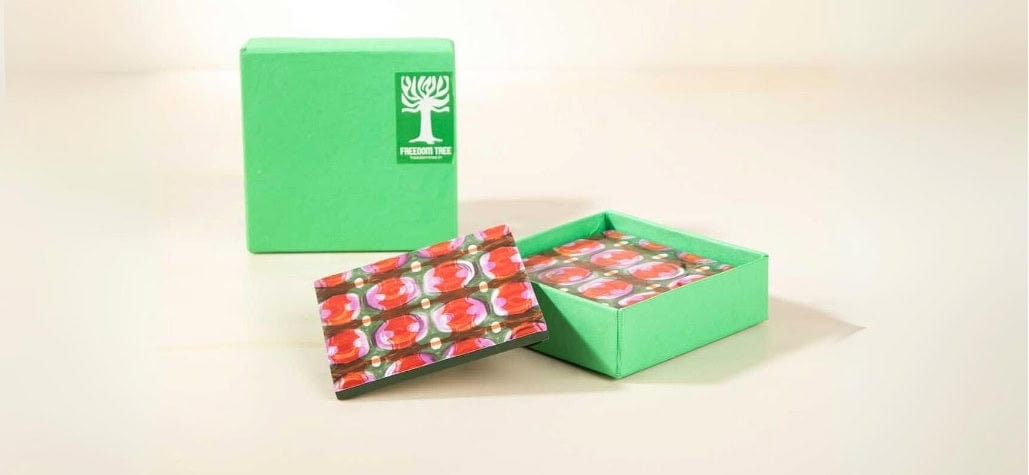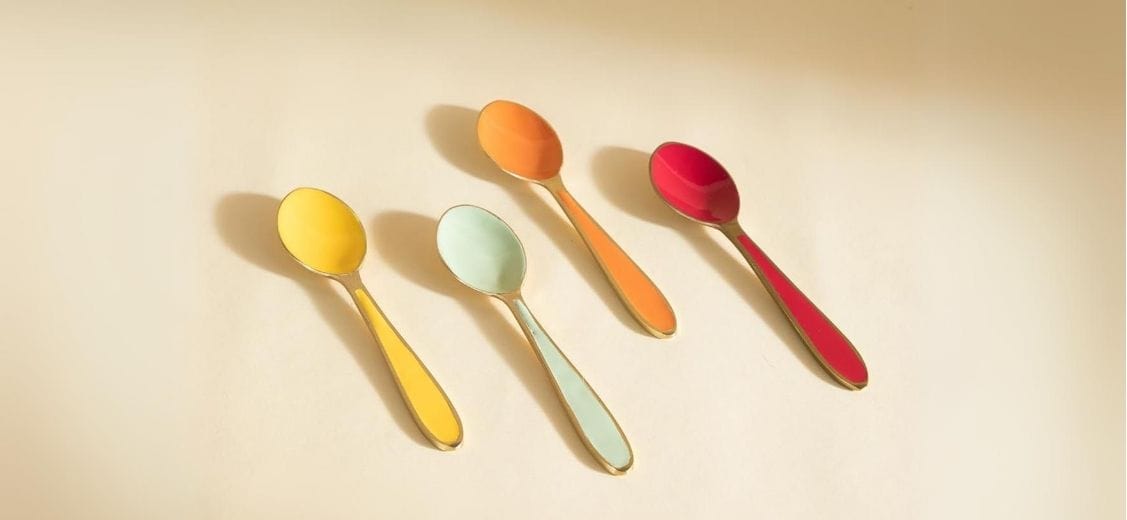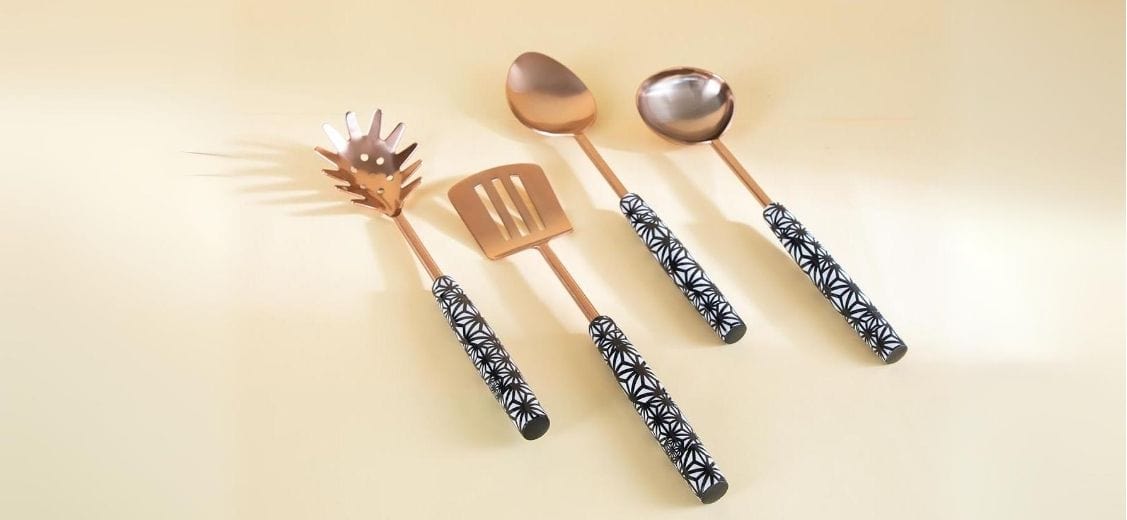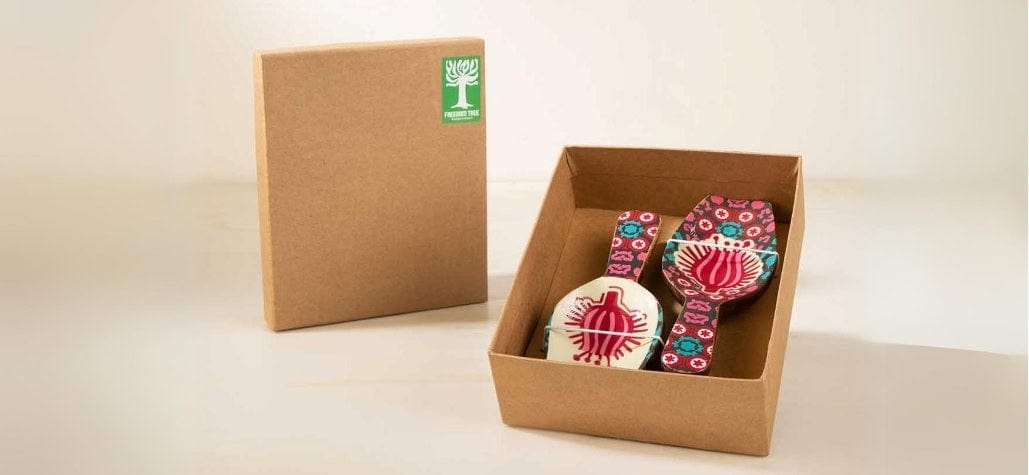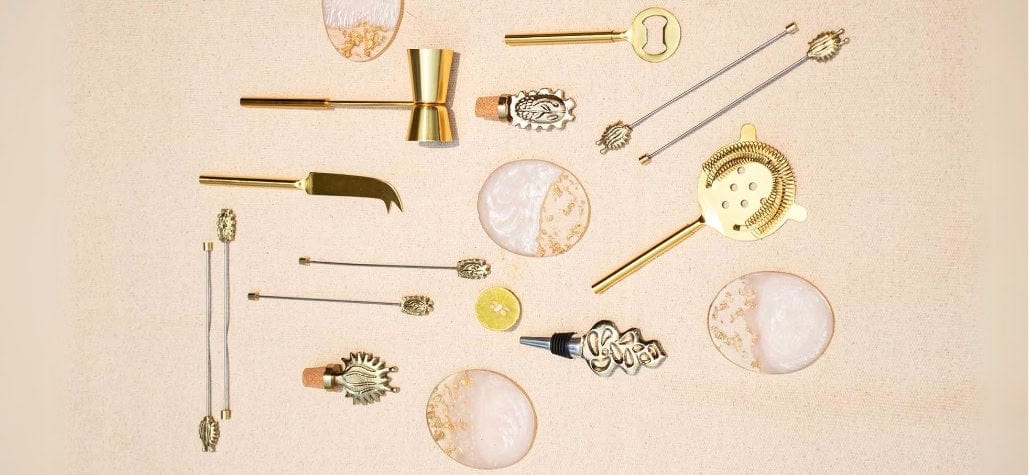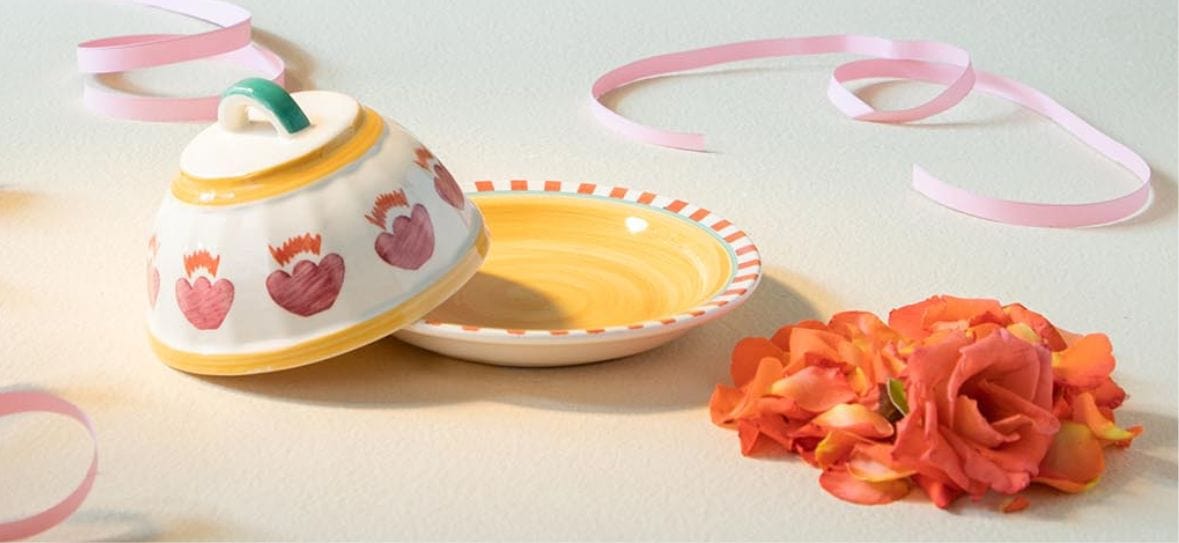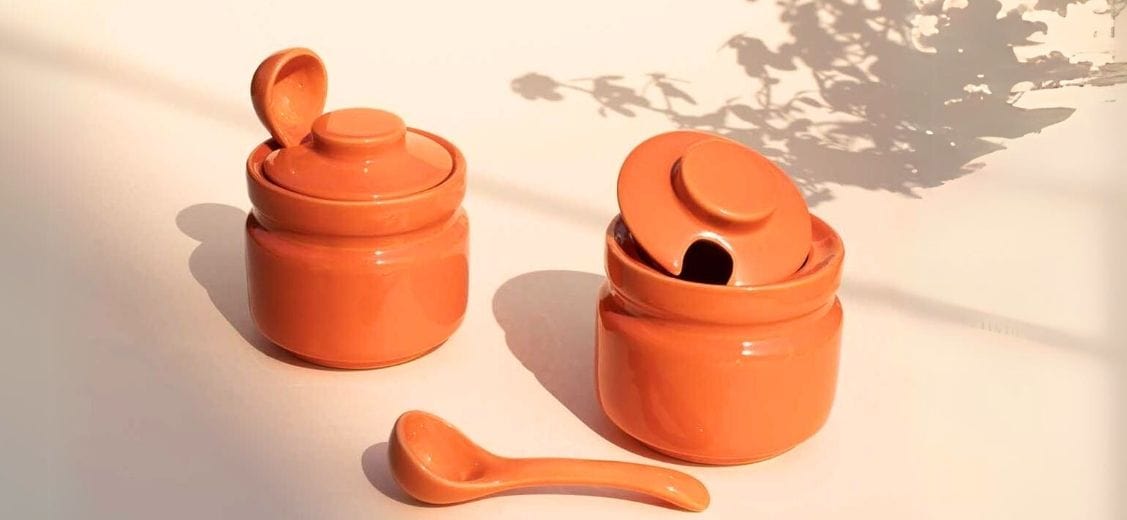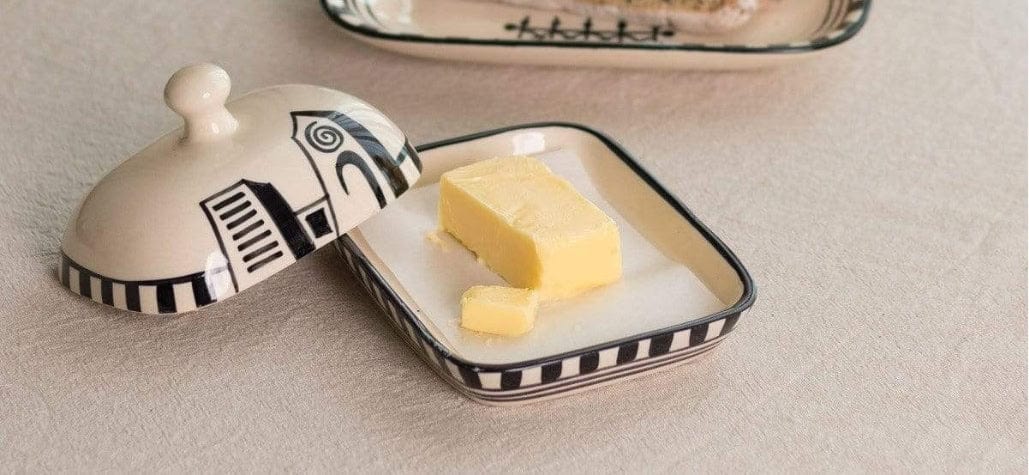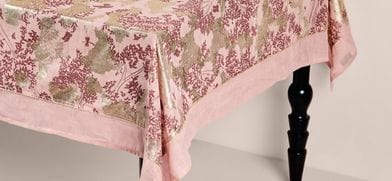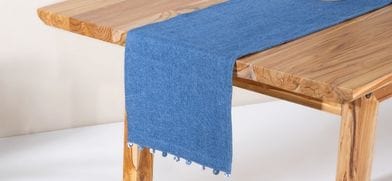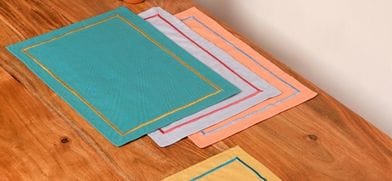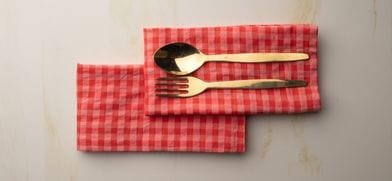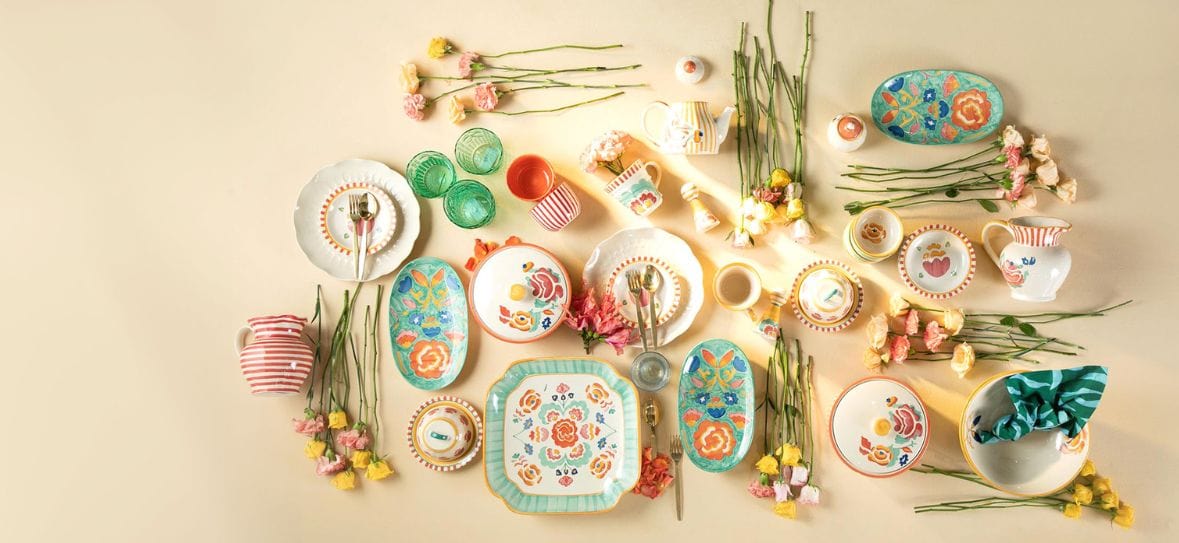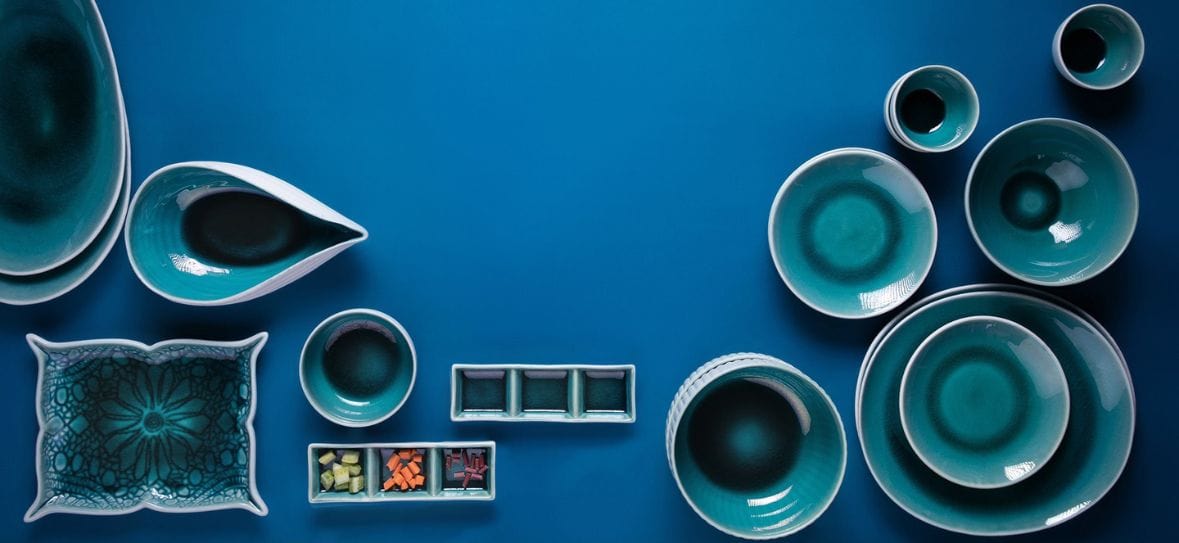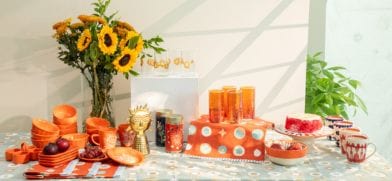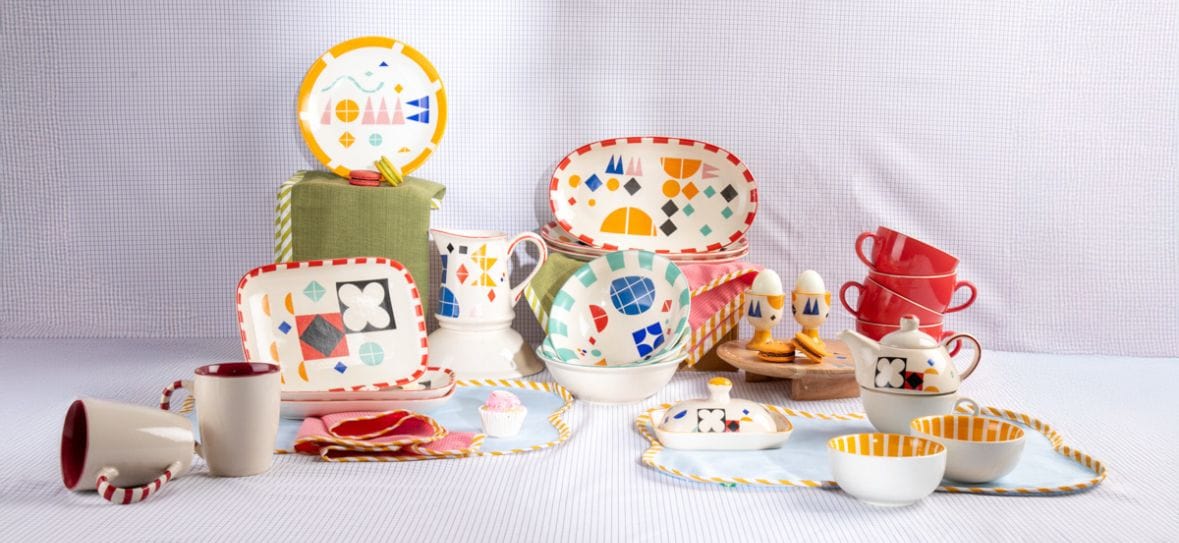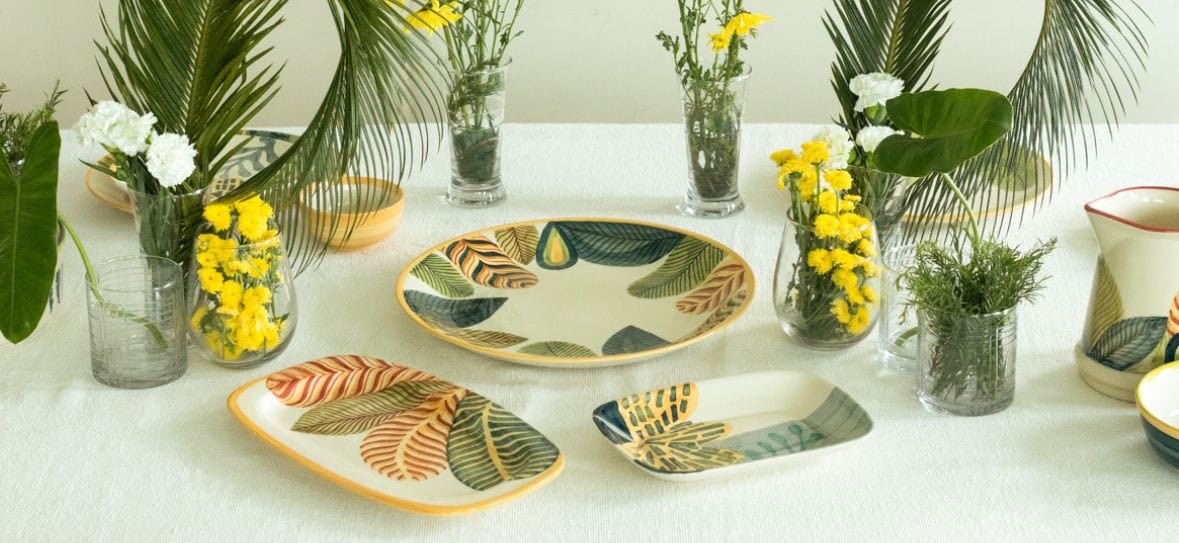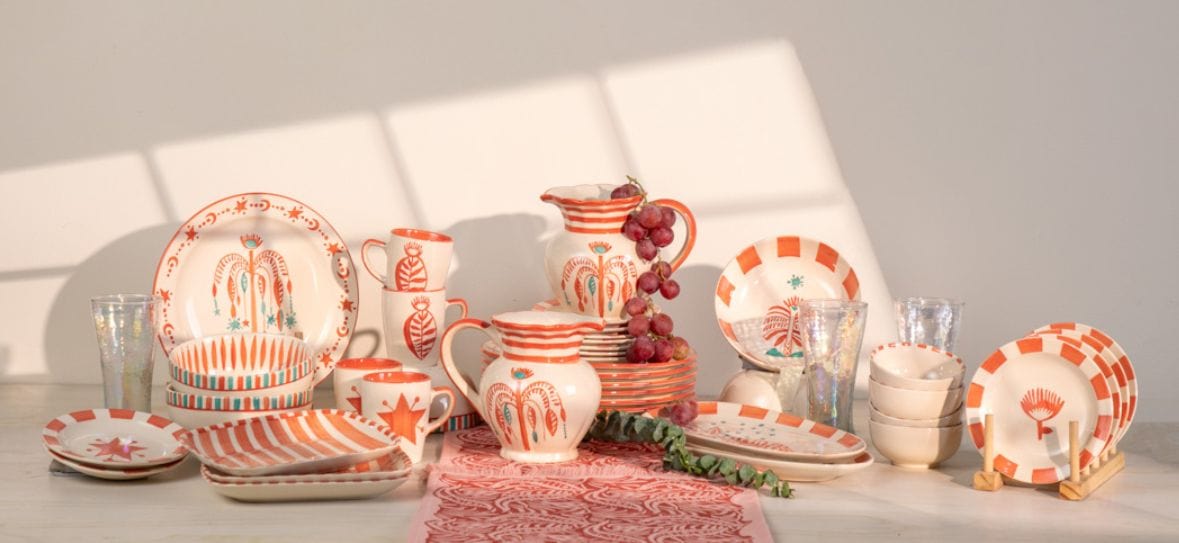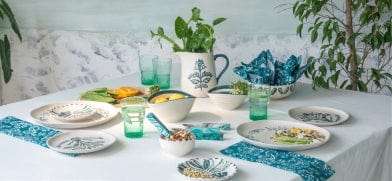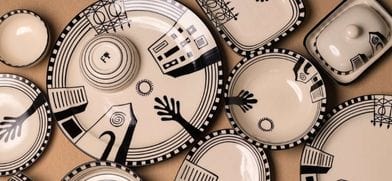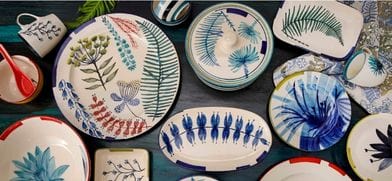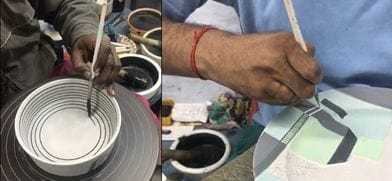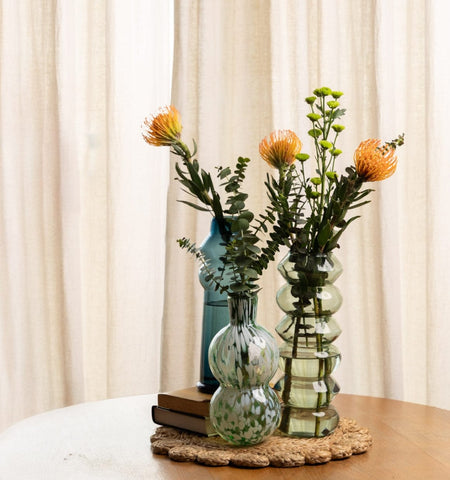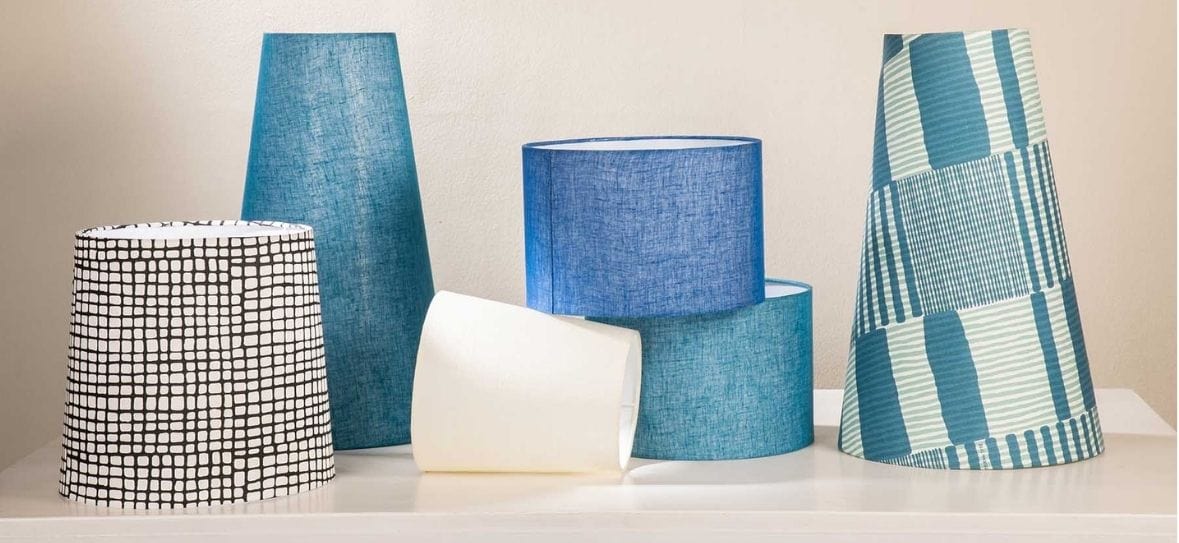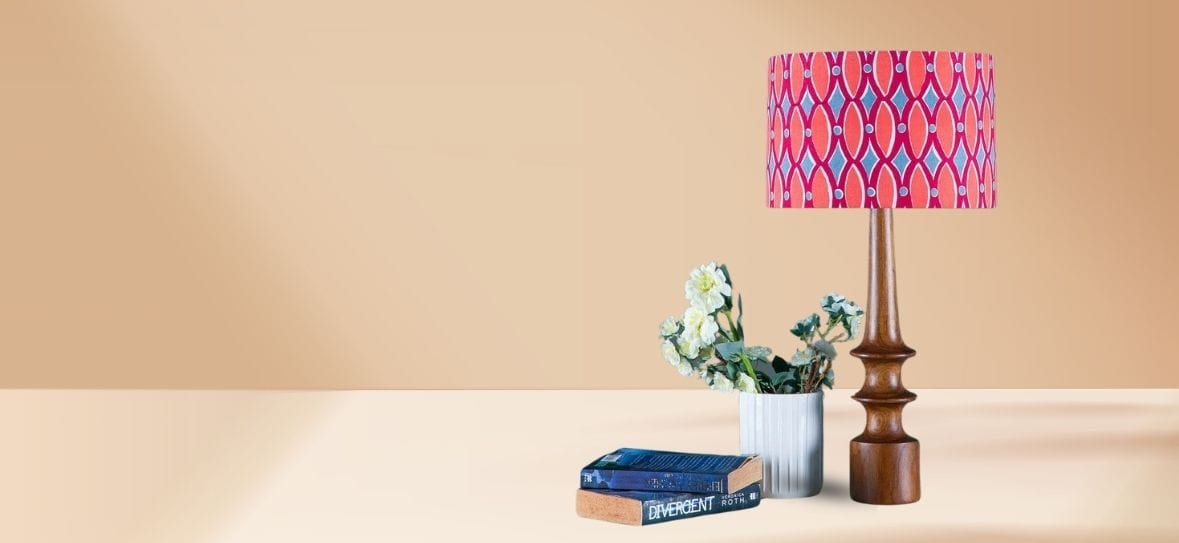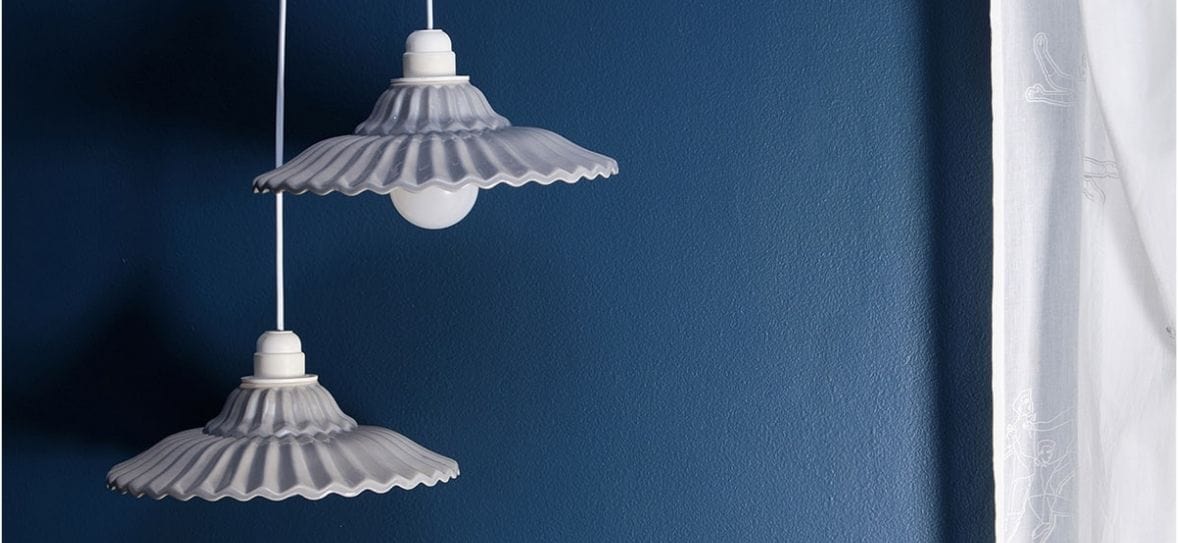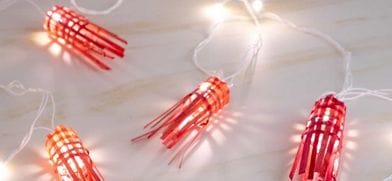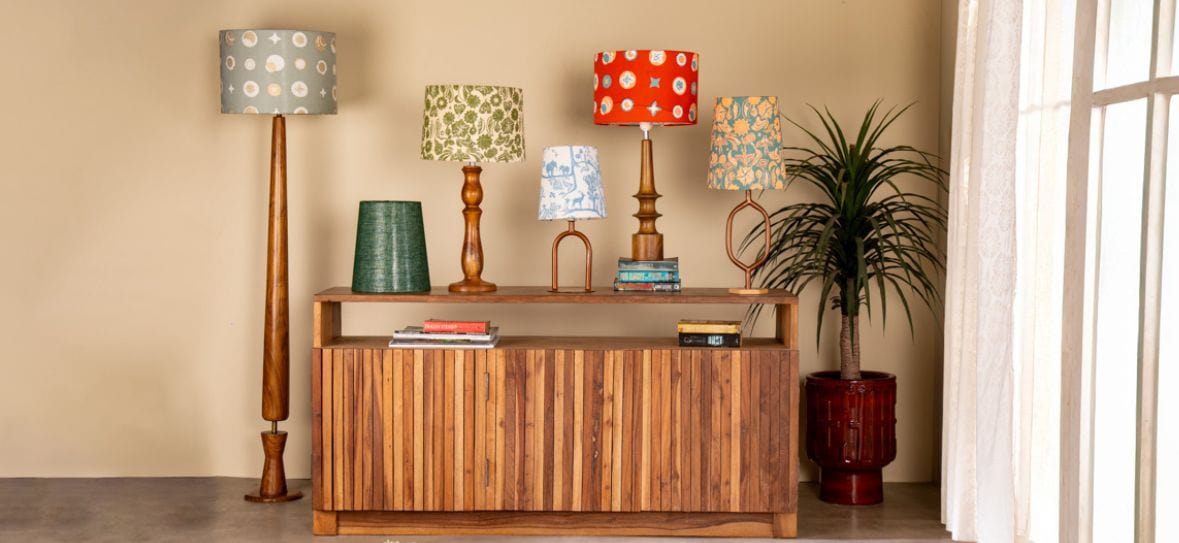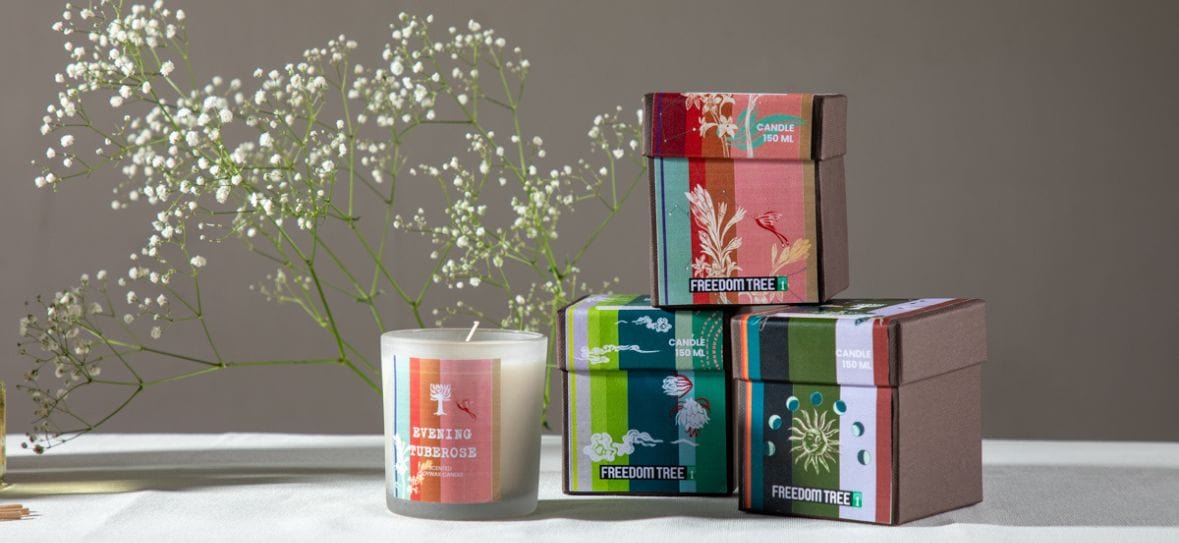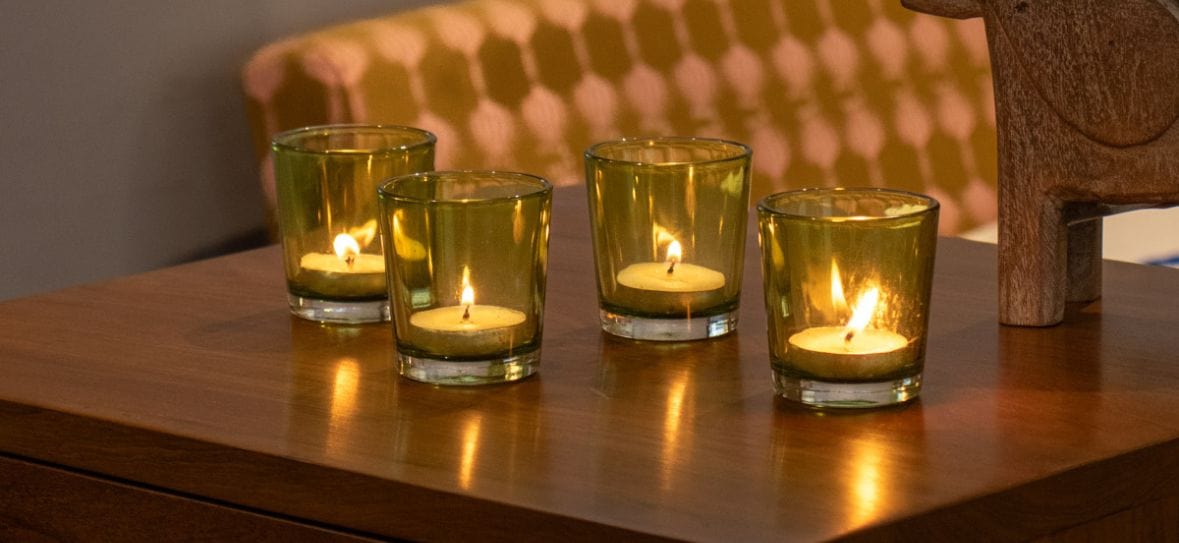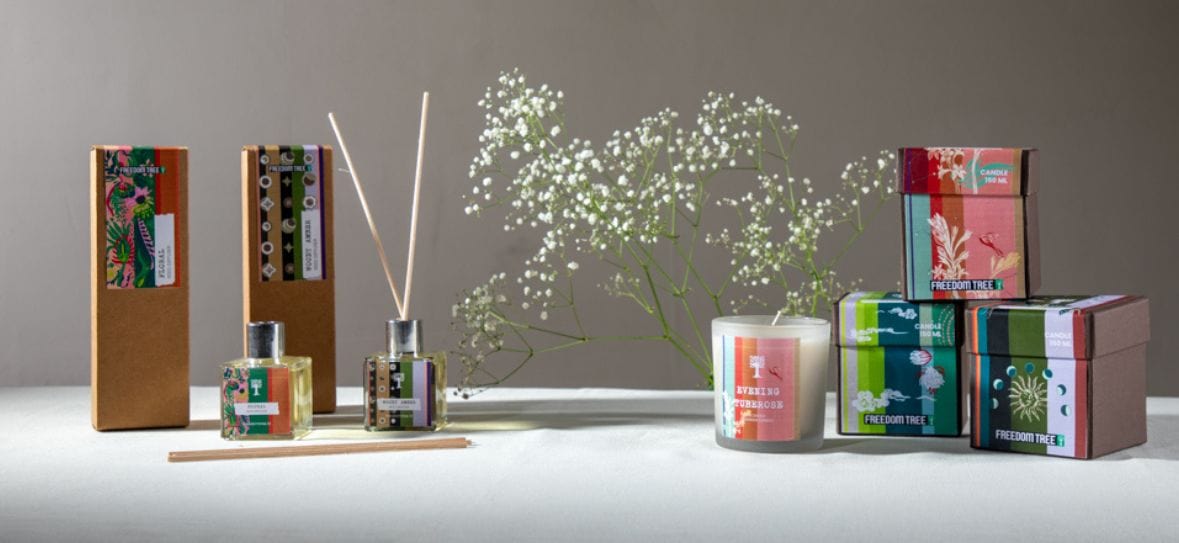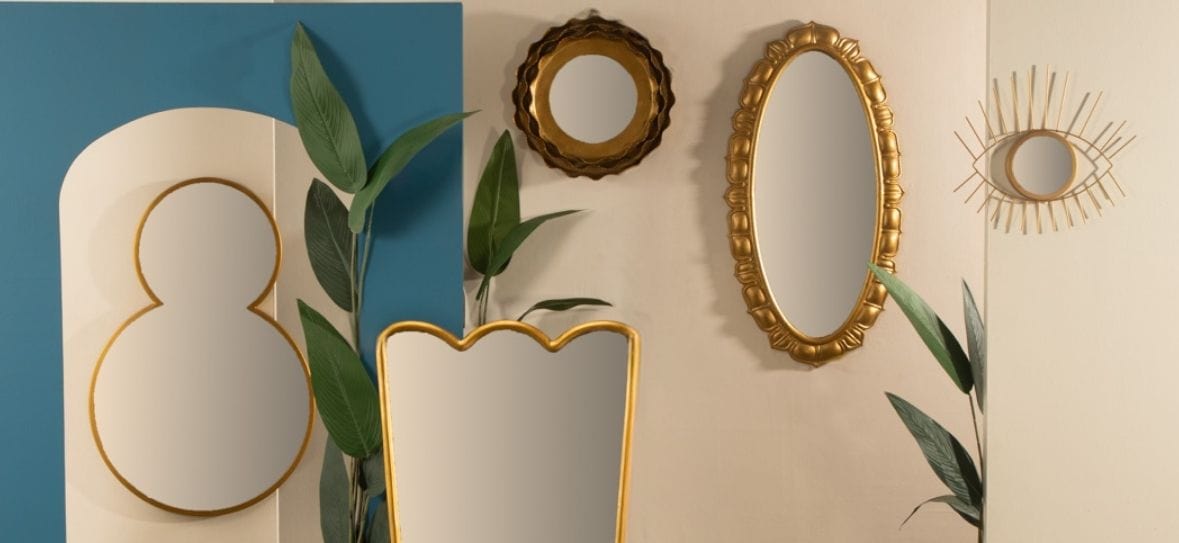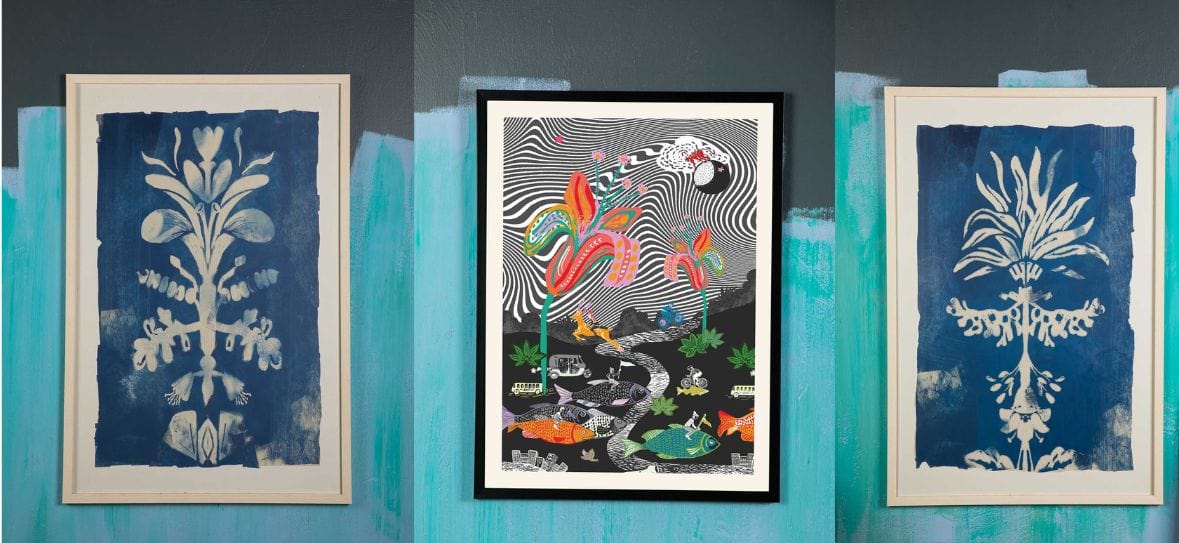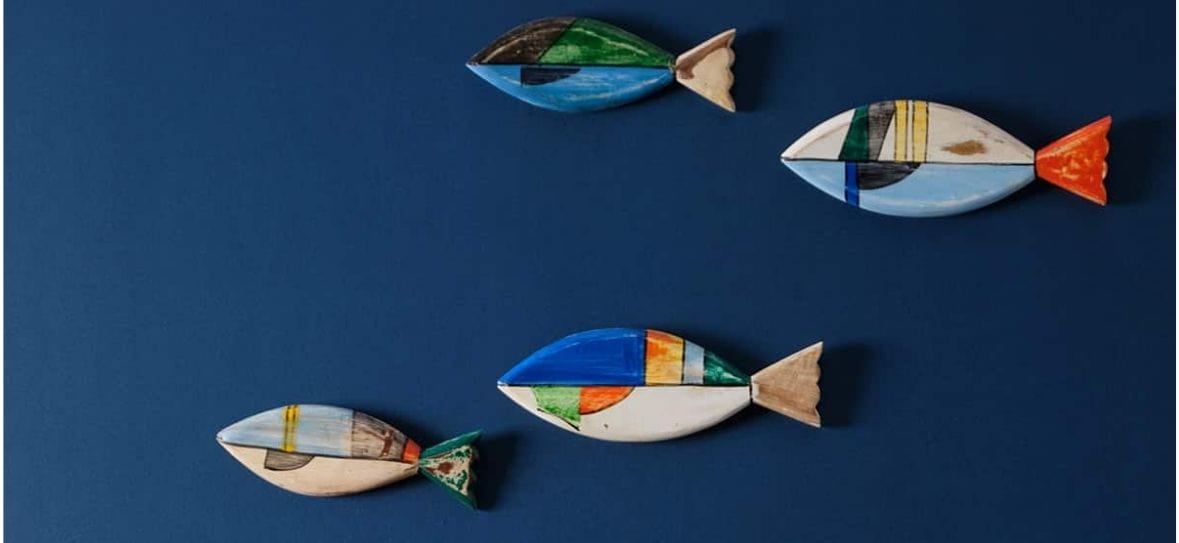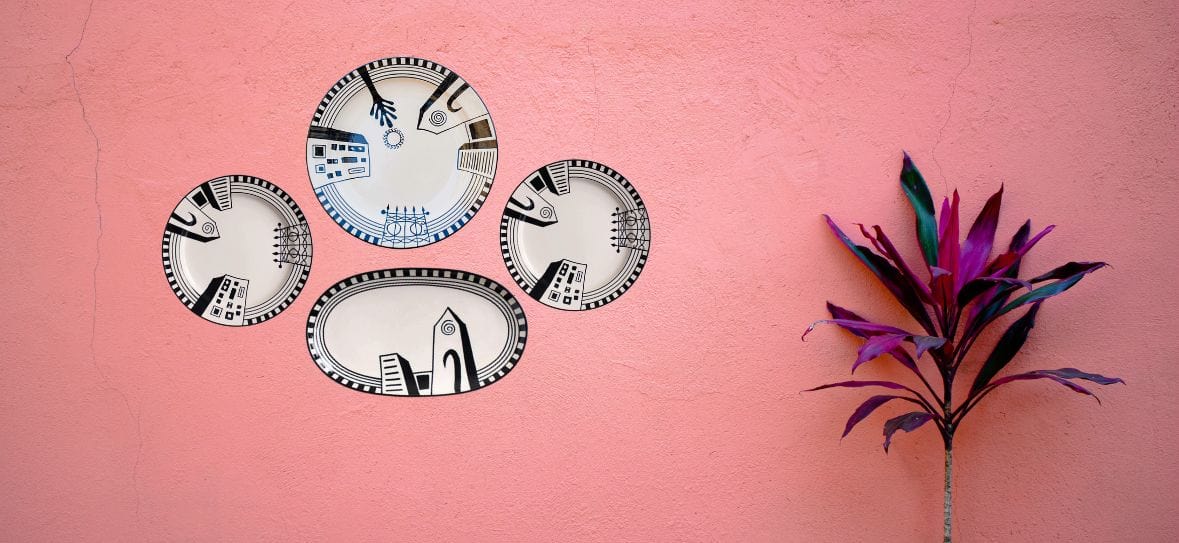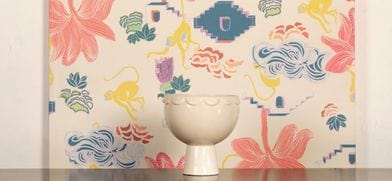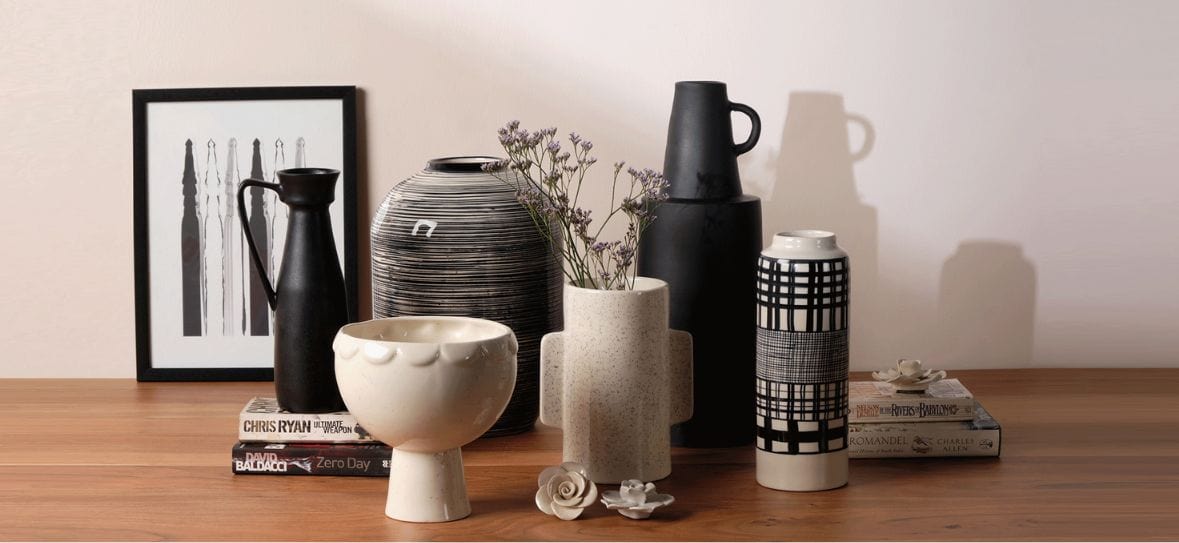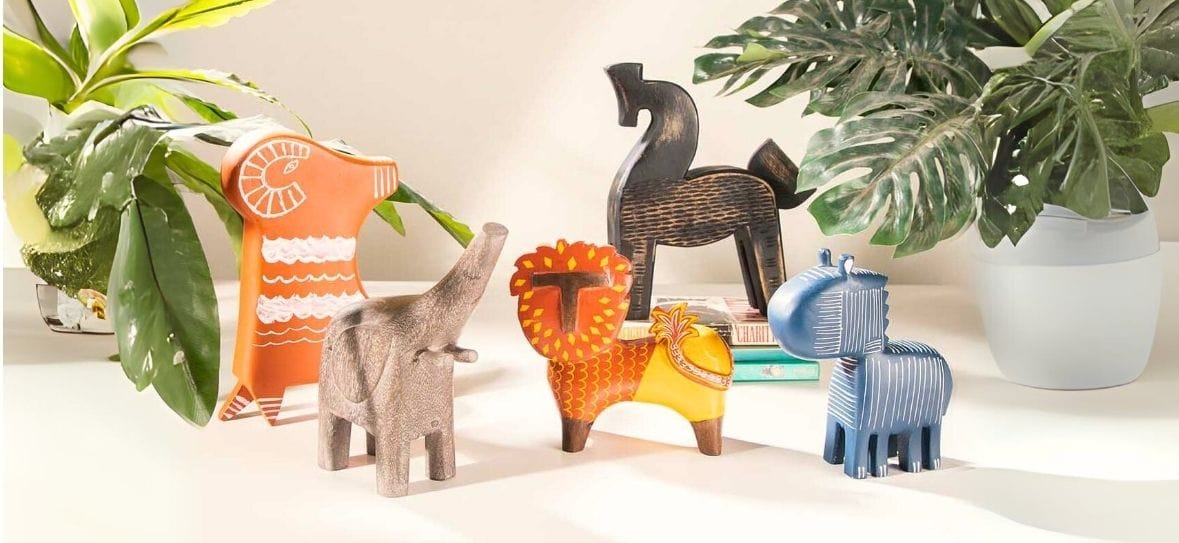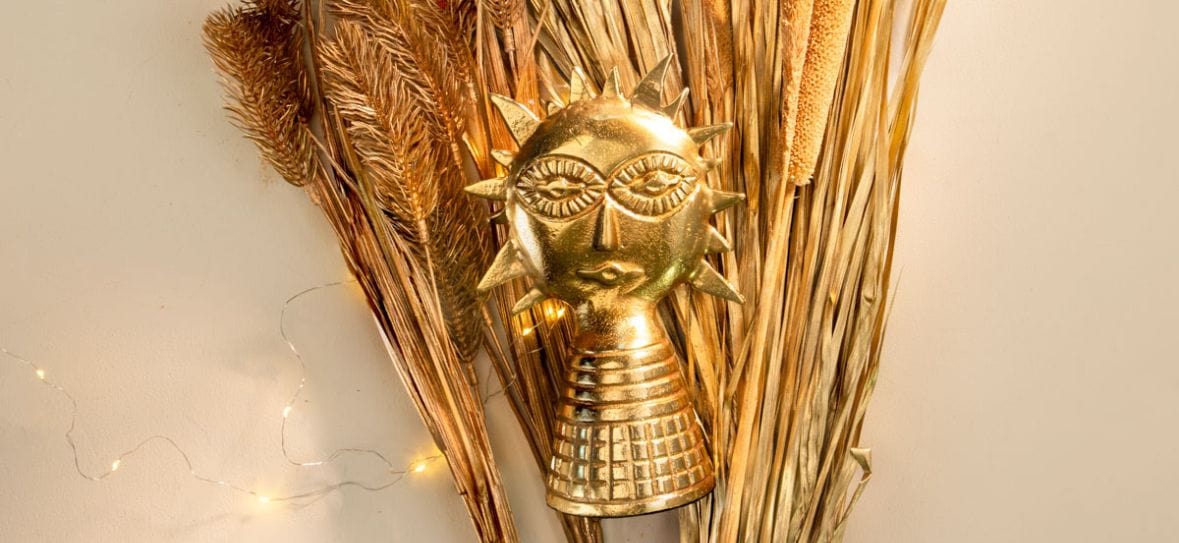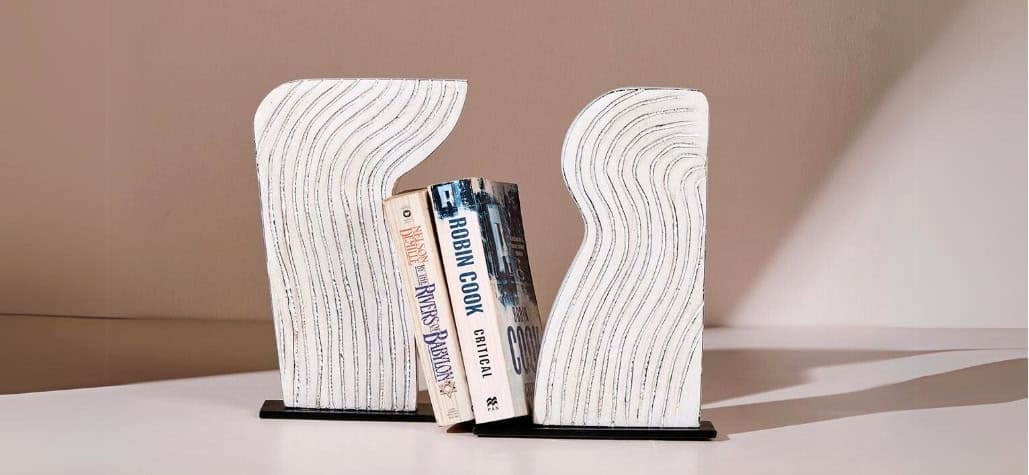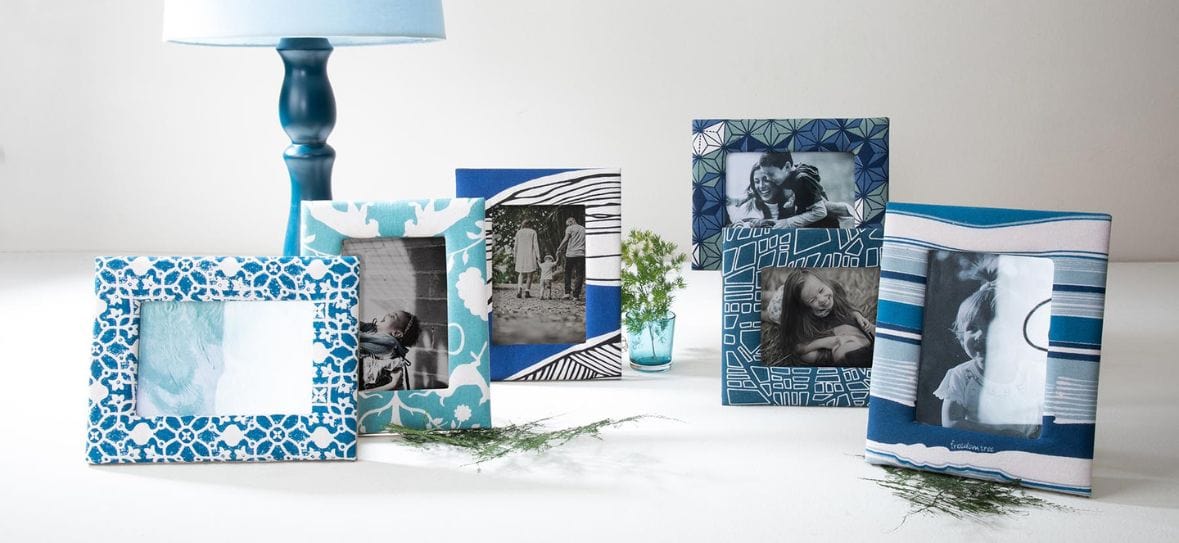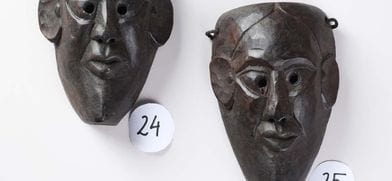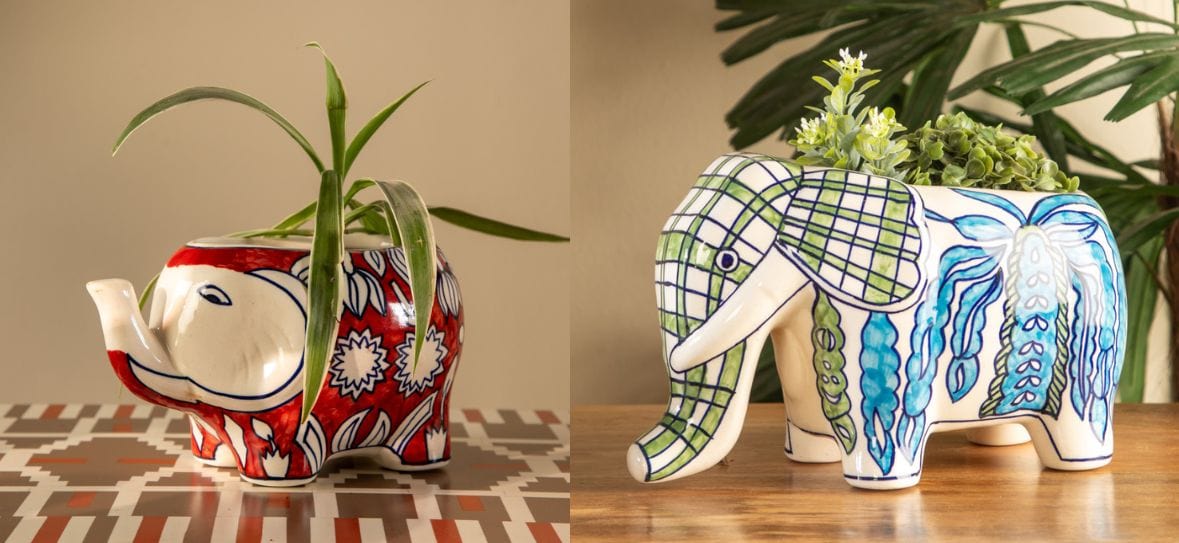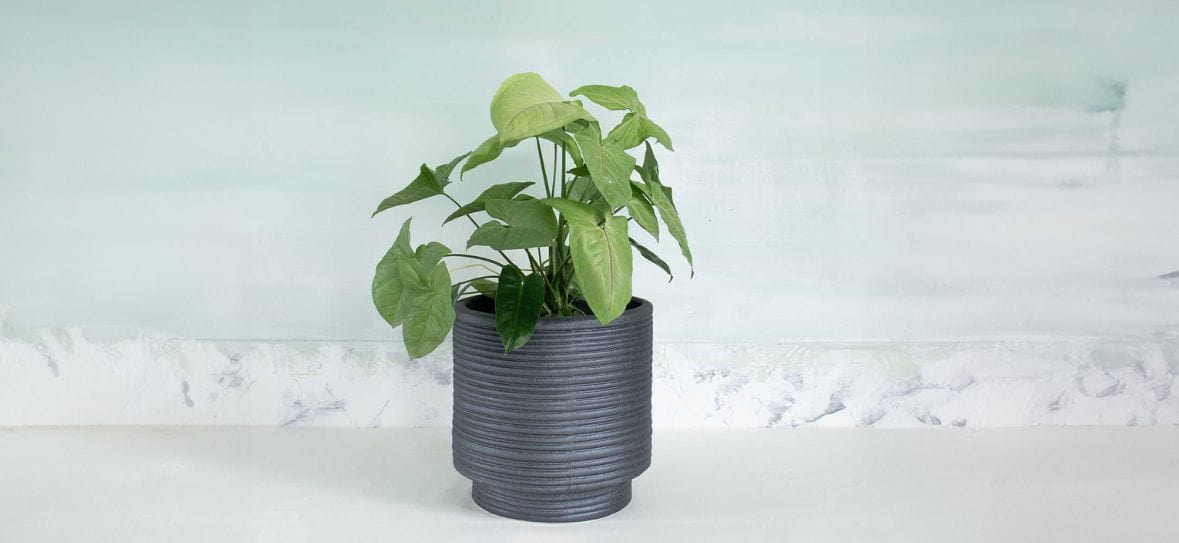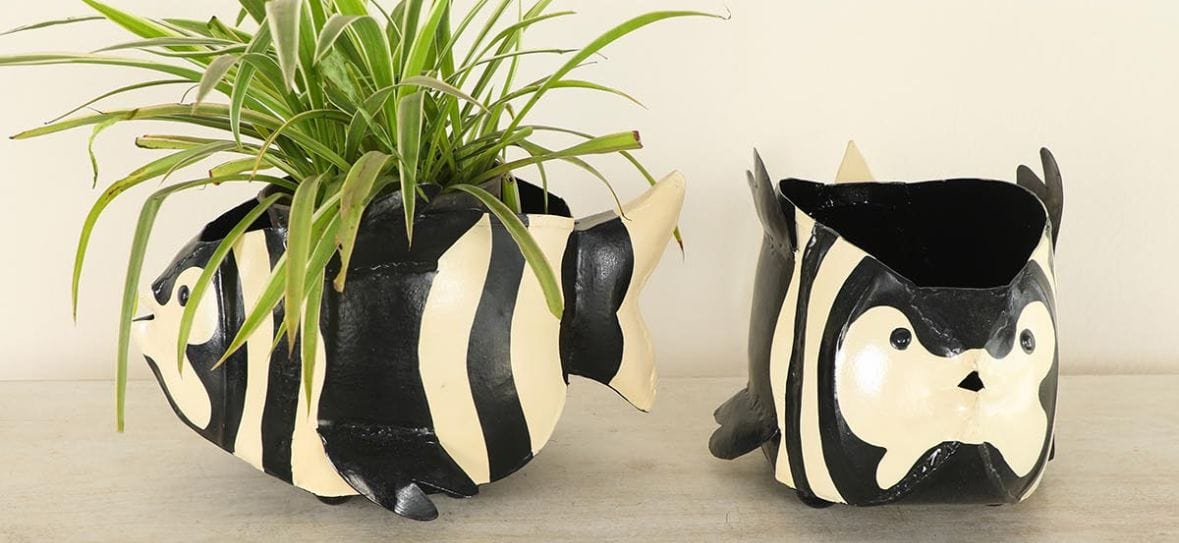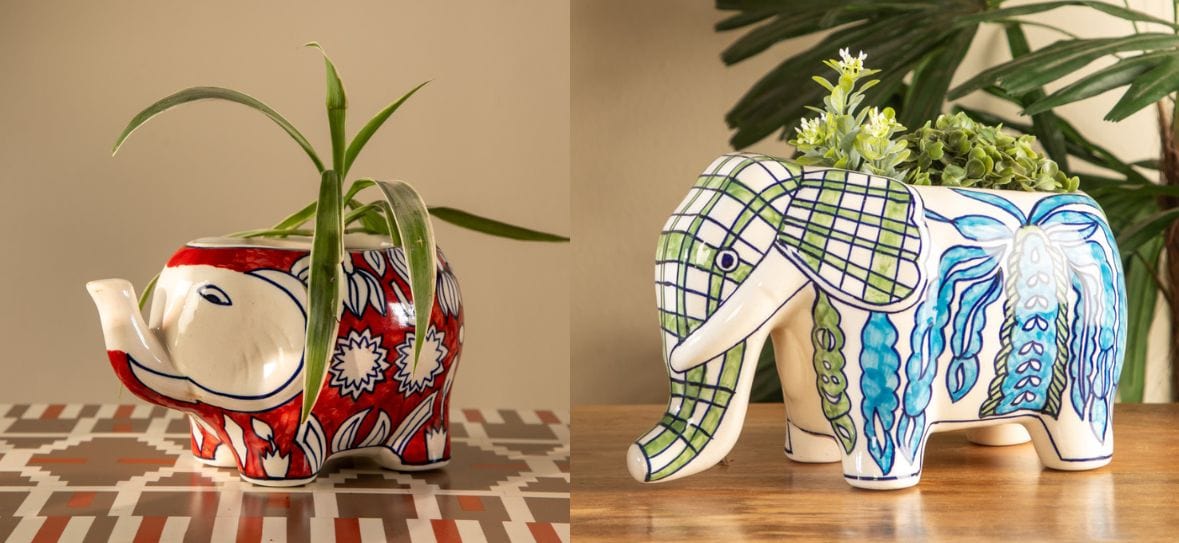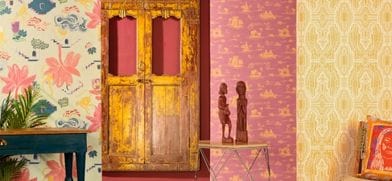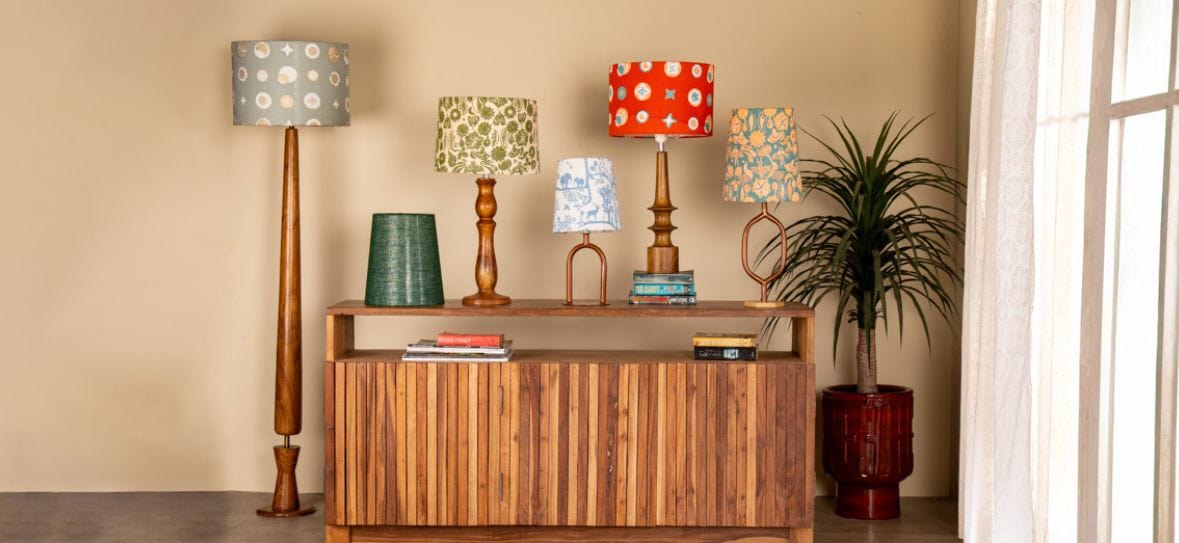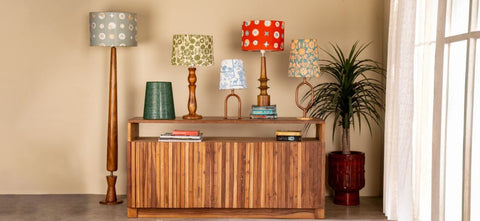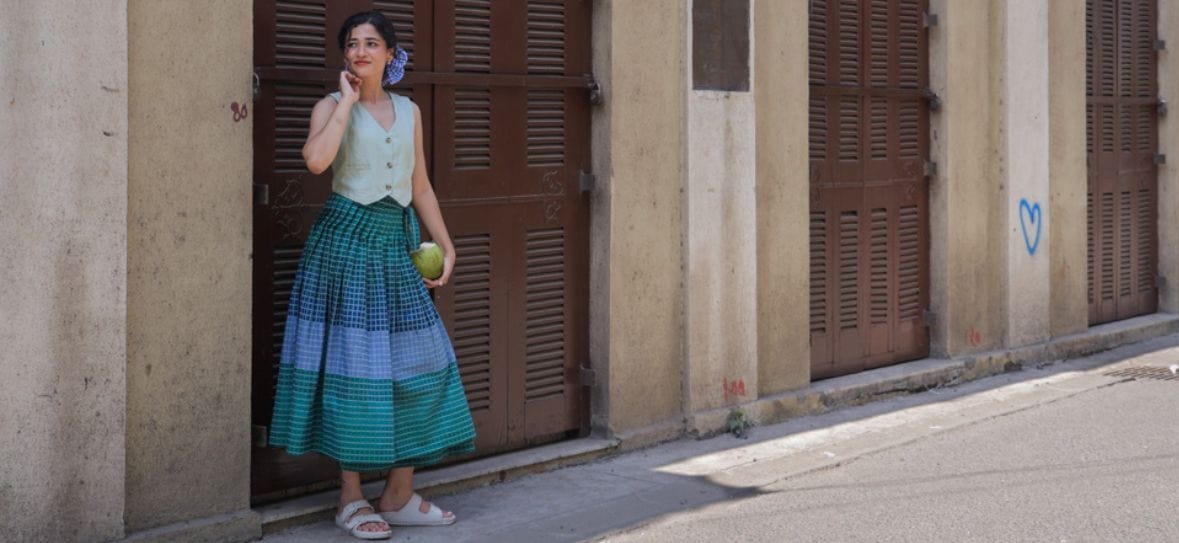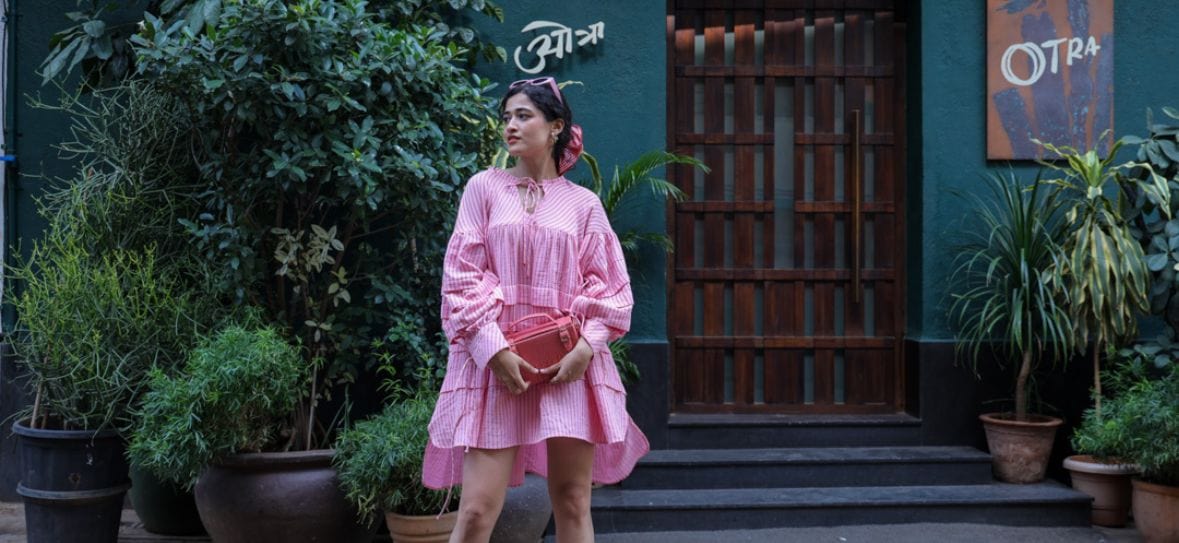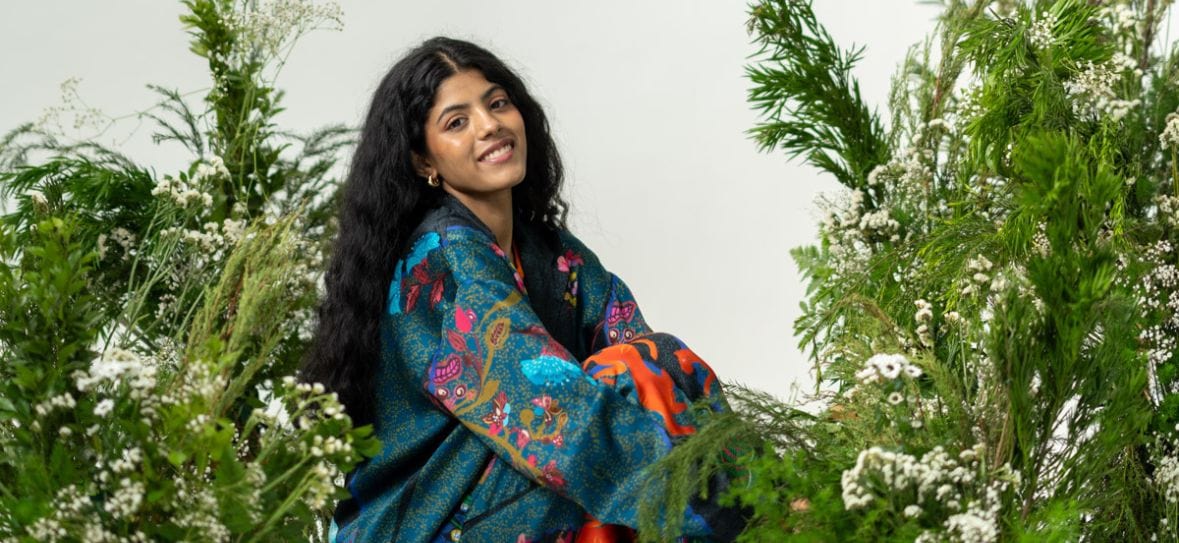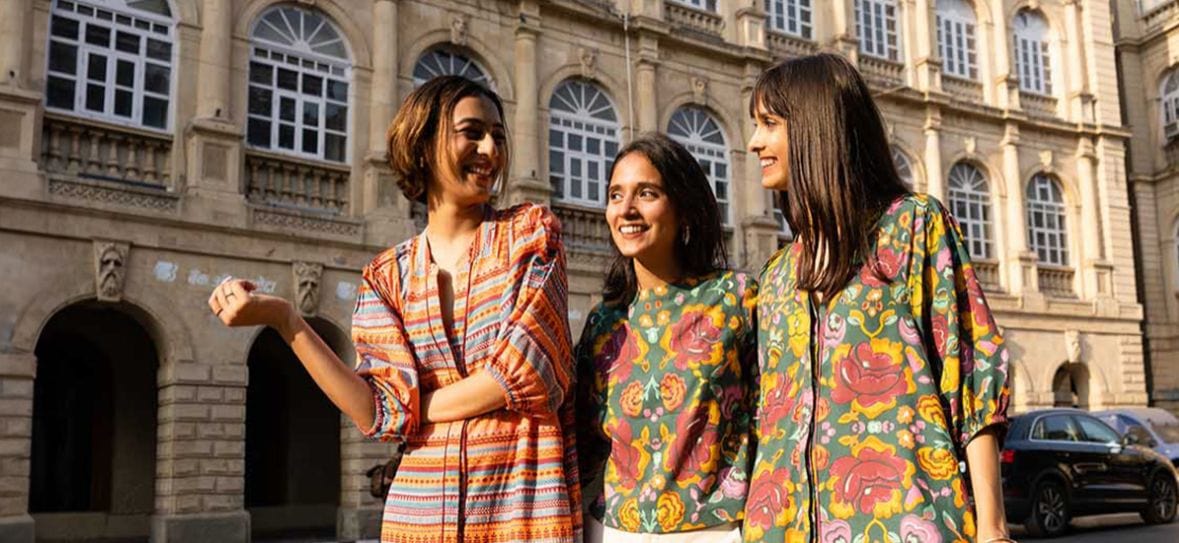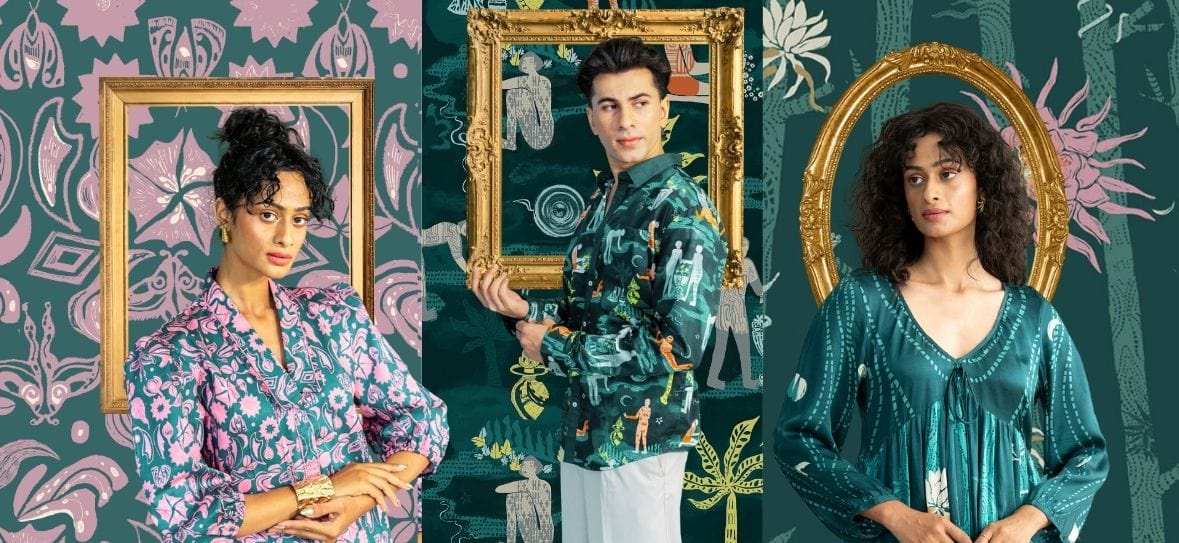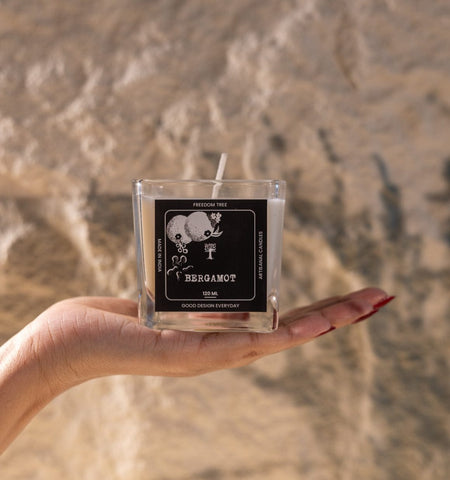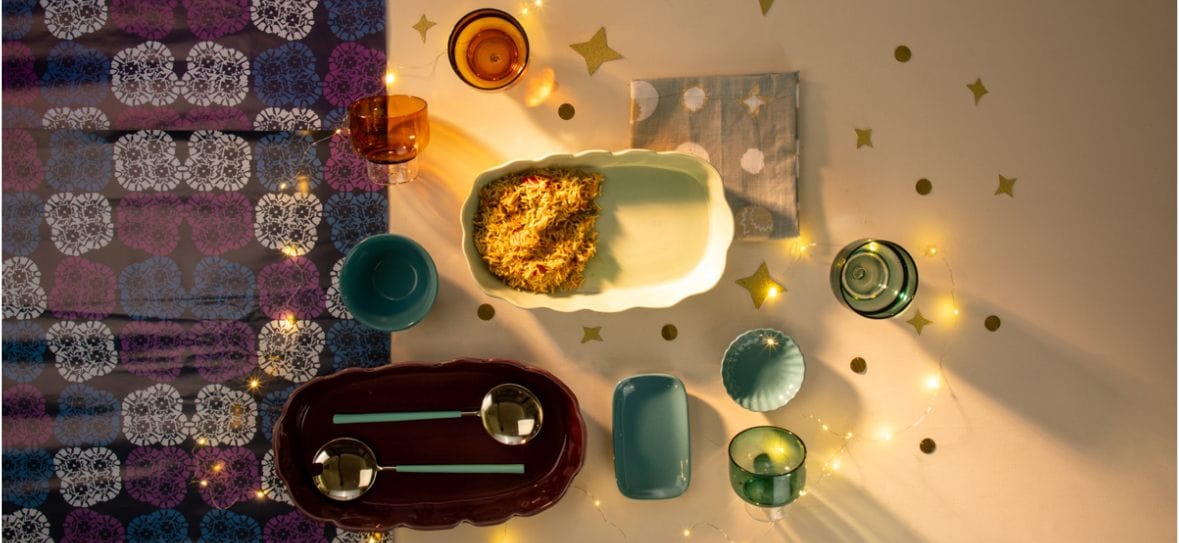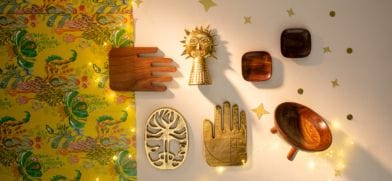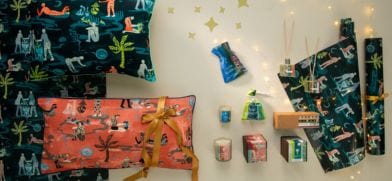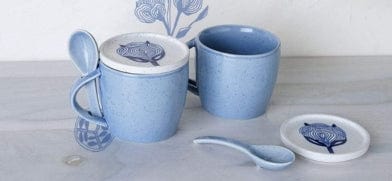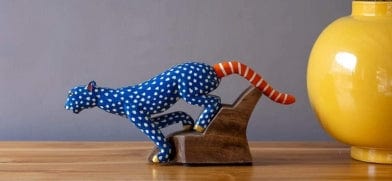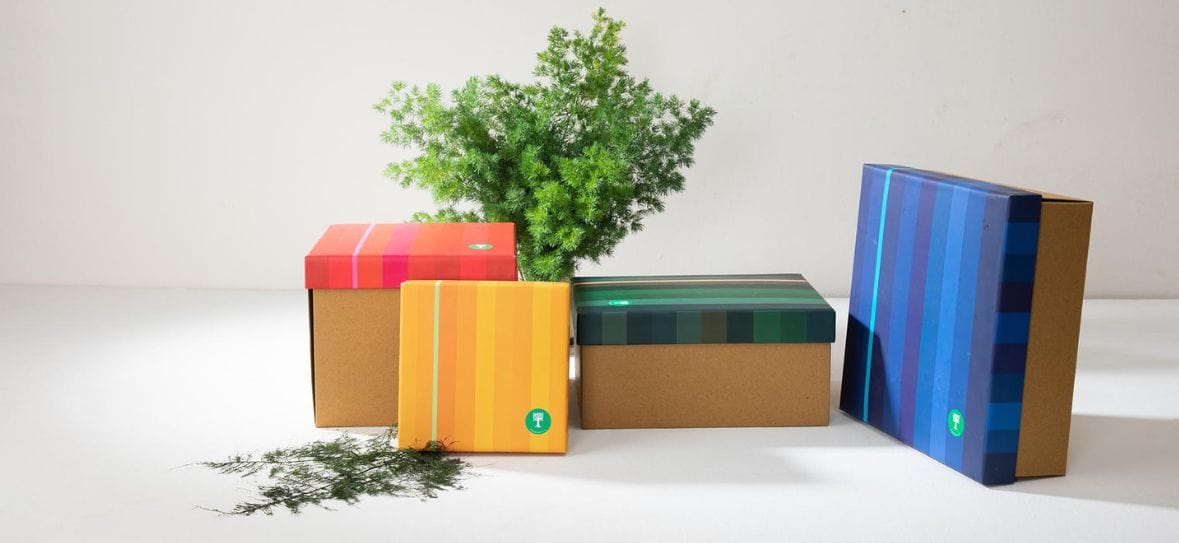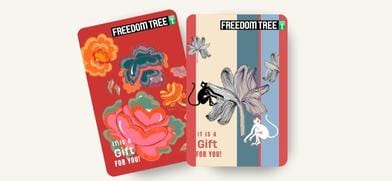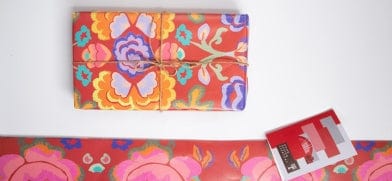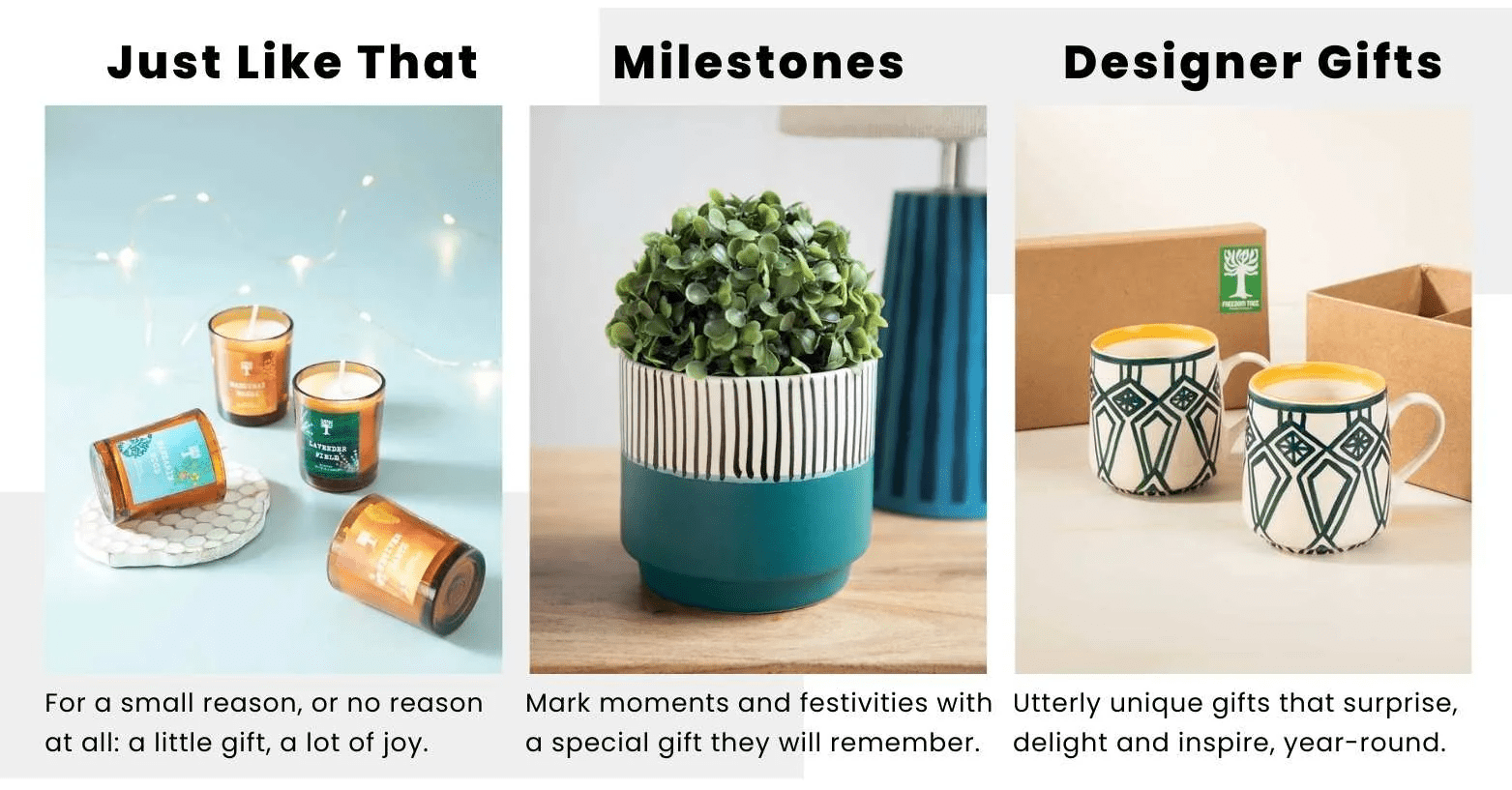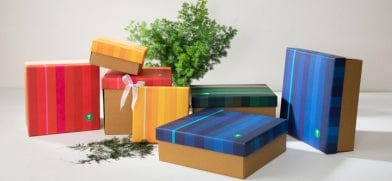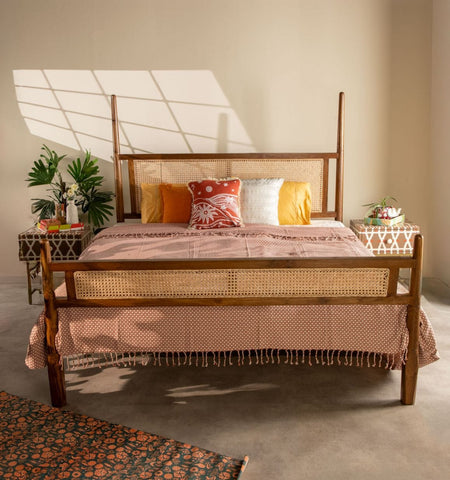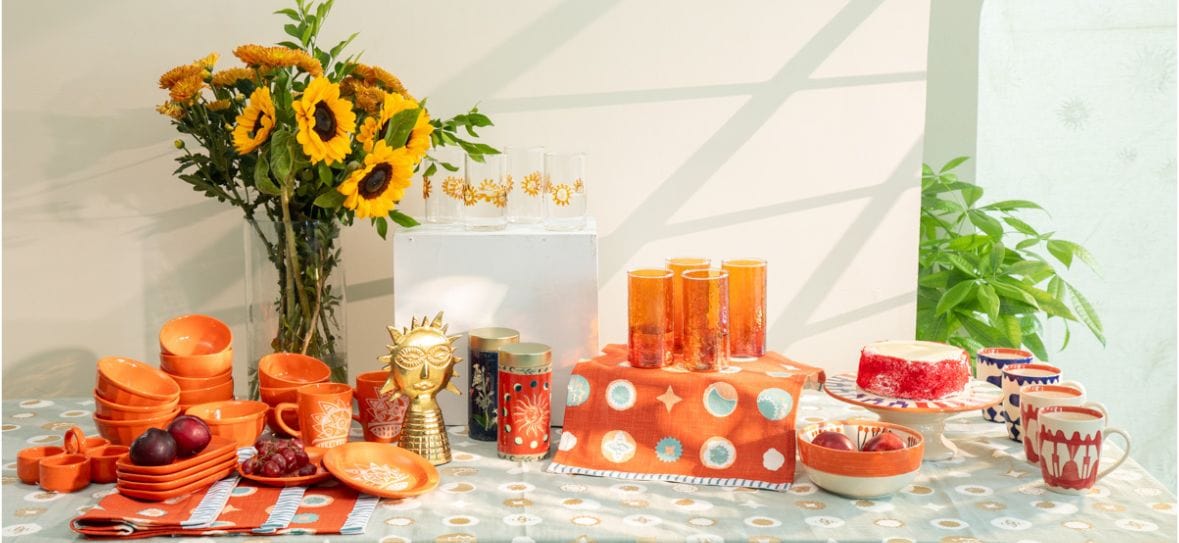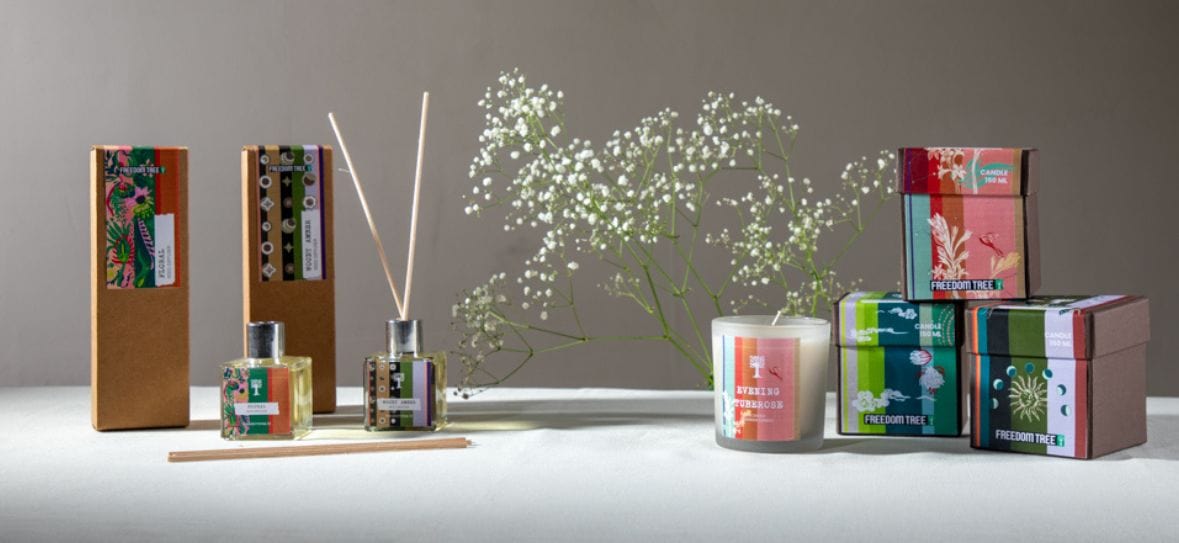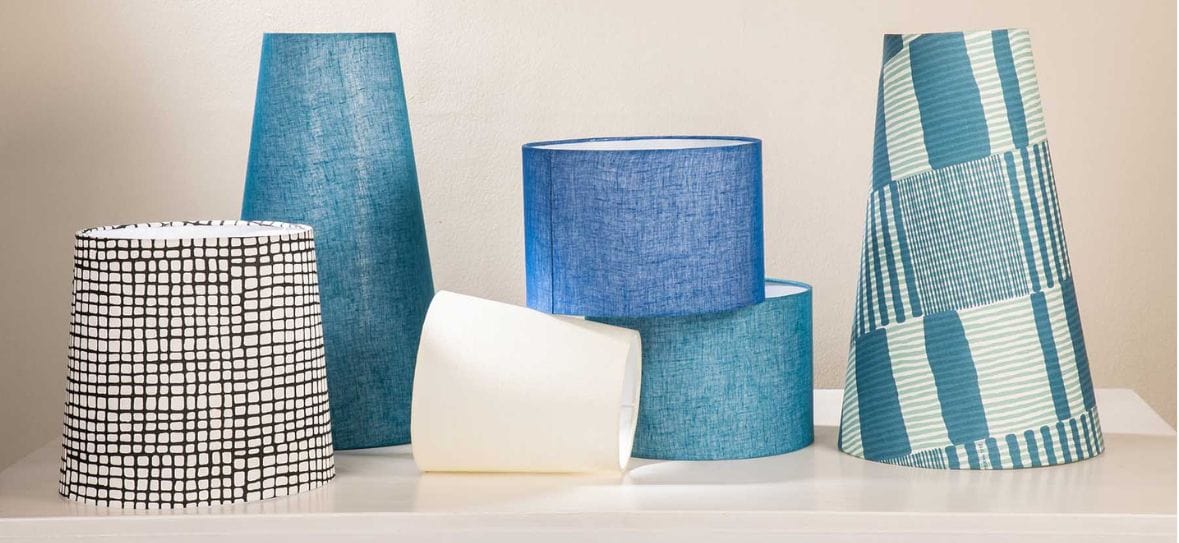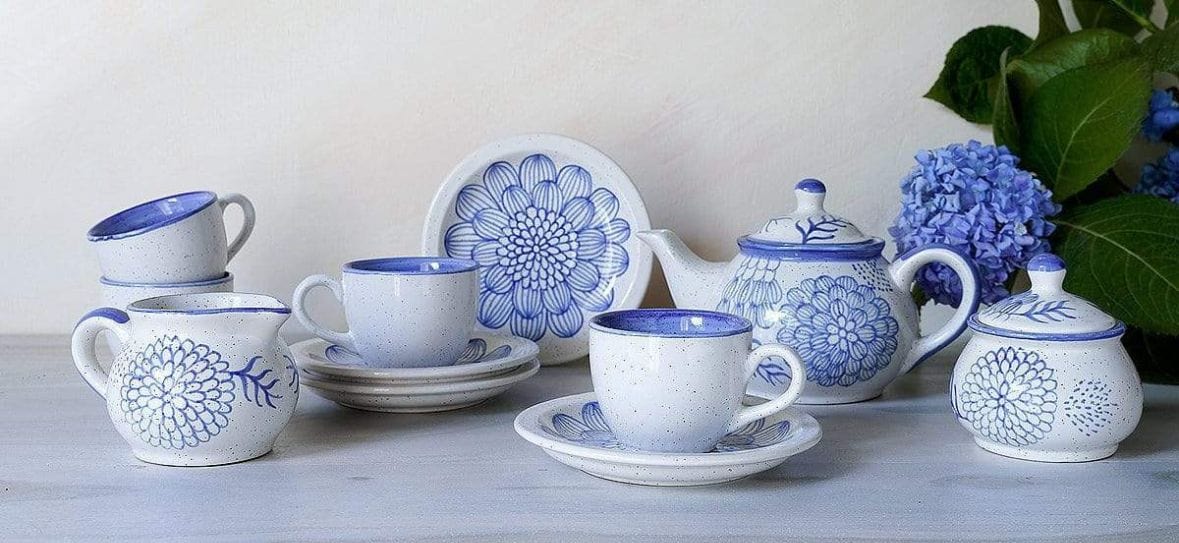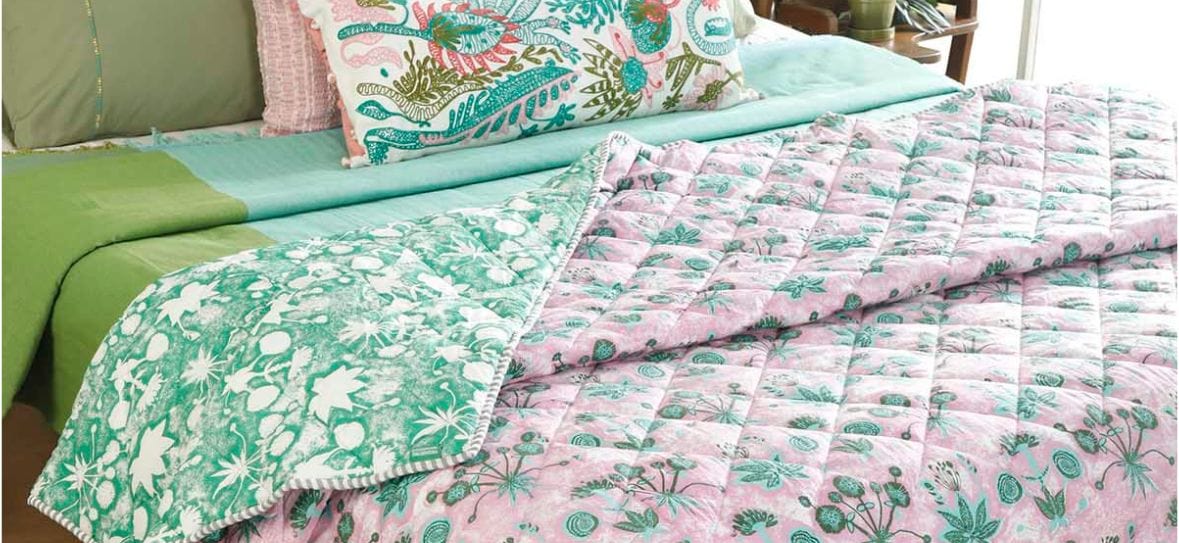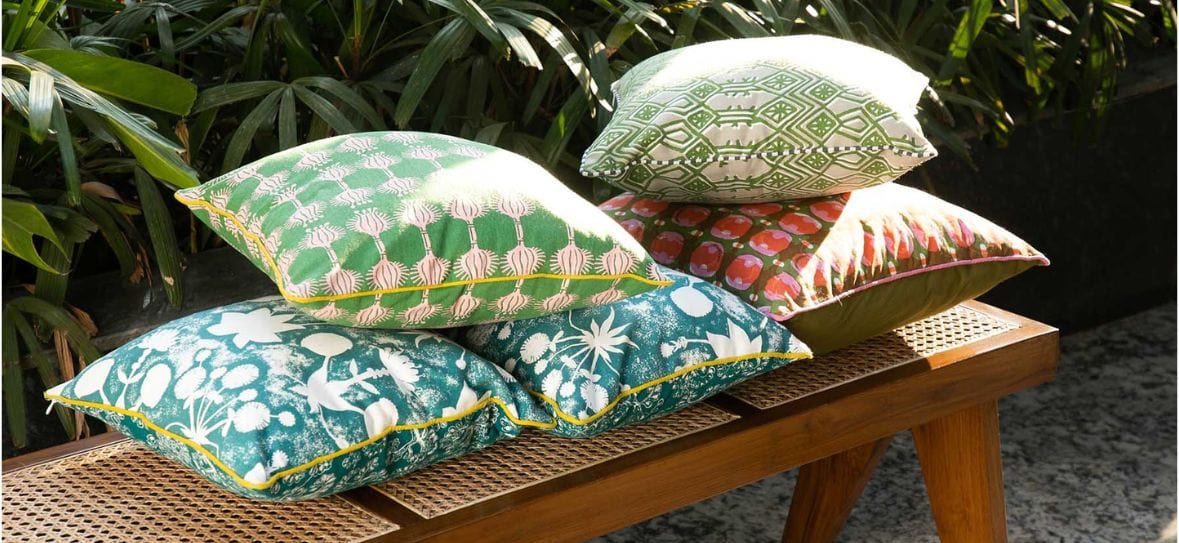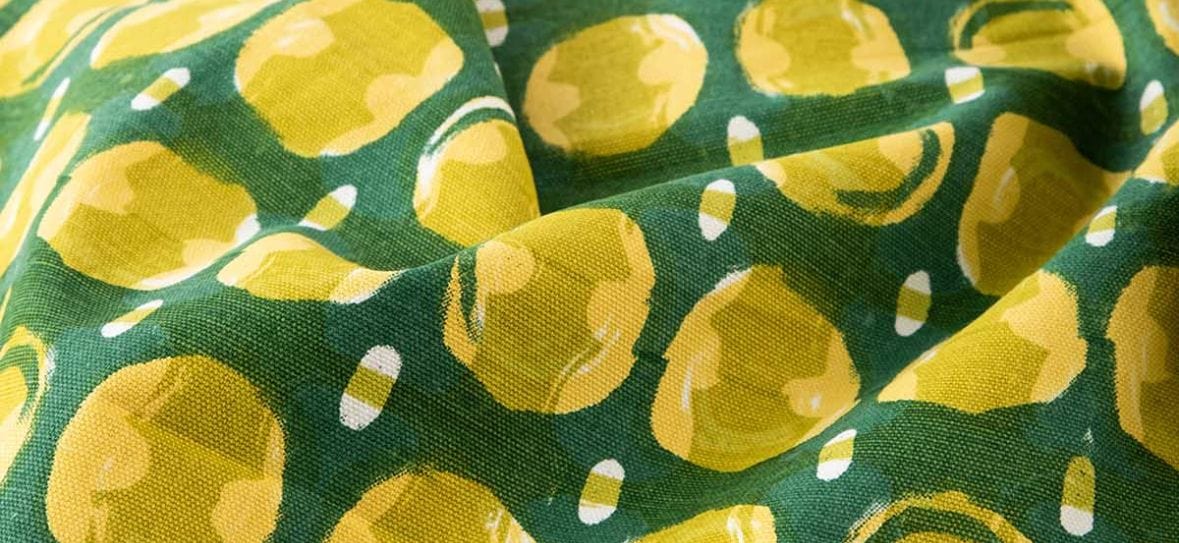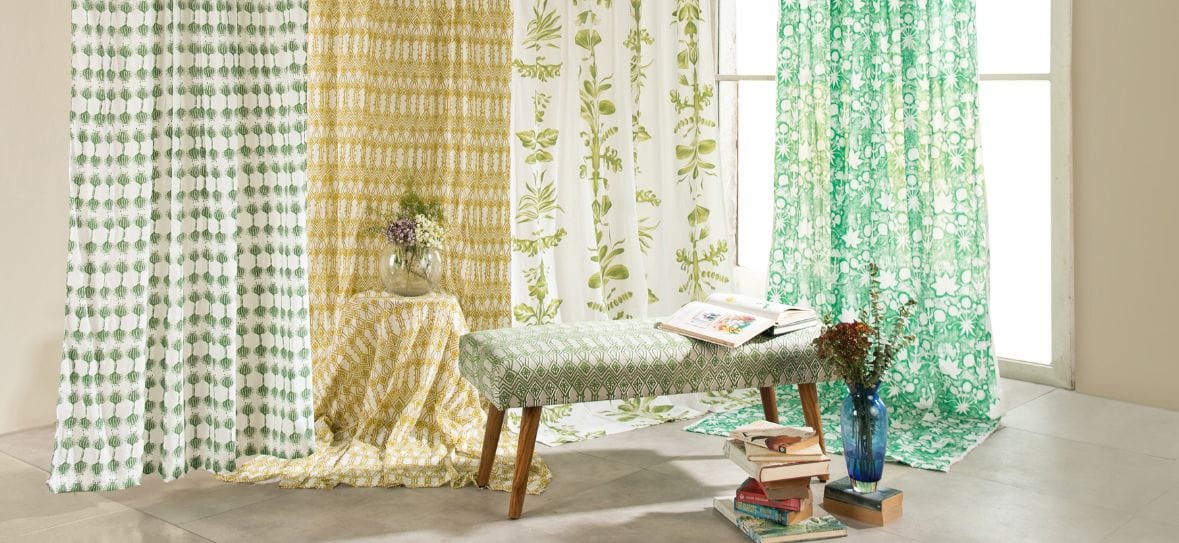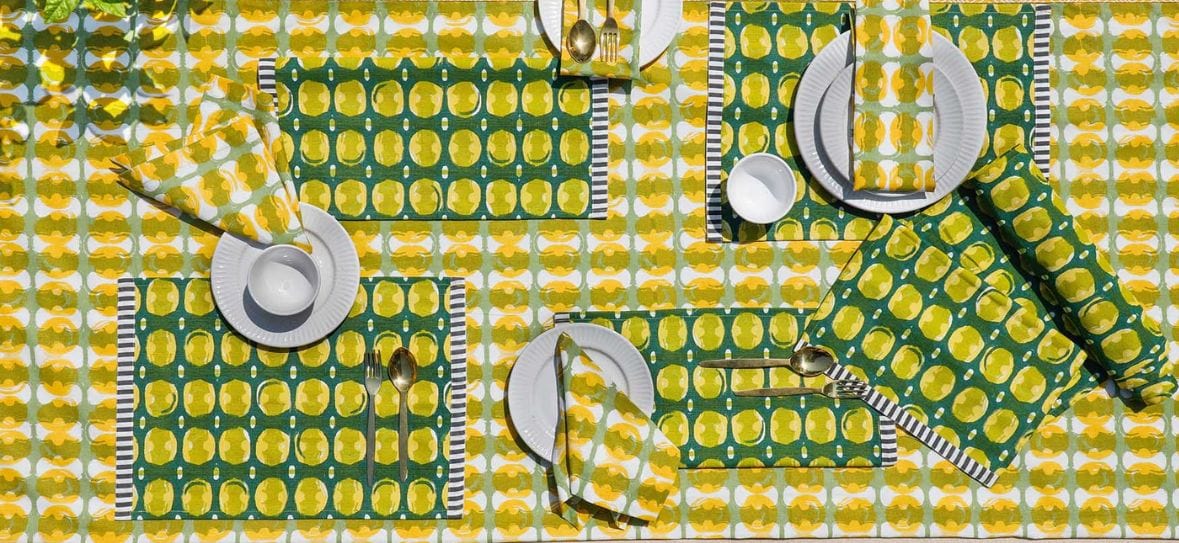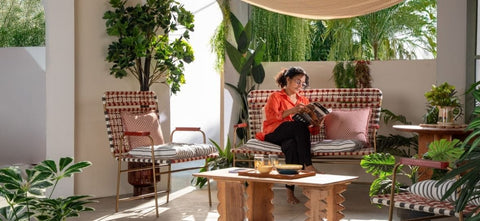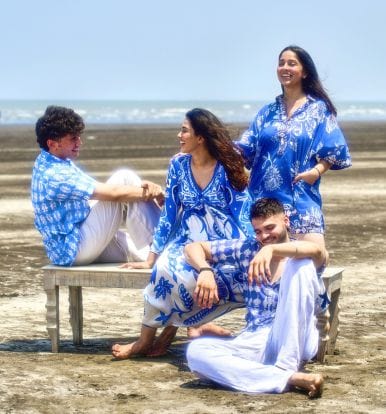Nupur Malhotra - September 15th, 2020
Creating Impact Together
Creative Dignity is a movement that has brought together diverse creative producers, practitioners, and professionals to energise the ecosystem that Indian artisans need in this time of COVID-19 and post-COVID-19 impact. The focus is to provide relief, and rejuvenation of the artisans in a bid to ensure their sustained prosperity. With the crafts sector in dire straits since the start of the lockdown, many have realised that the way we market craft has to change and are ideating about how to move ahead. It is imperative that all of us come together and help the community ride out the storm.

As a home store, we believe in the philosophy of Good Design Everyday, we see this in the beautiful artisanal product made for everyday use. The design sensibility at FT anchors in bringing the creative crafts as a part and parcel of everyday life. Blending the modern with the ritualistic. Our relationships with artisans stretch back decades and we have grown with our craftsmen who inspire us every day with their ideas and zest for creation. We have made a conscious effort in the lockdown to support our creative partners by continuing the order flow amid choppy supply chain.
Our Founder-Director, Latika Khosla, has been actively involved with the Creative Dignity initiative to help the artisan community and enable them so they emerge stronger from this storm. The artisans don’t want to be supported by charity, but would much rather be given work and an opportunity to earn and liquidate their stock. Creative Dignity is a movement pioneered by Meera Goradia, to bring the marketplace to the artisan through ecommerce partners and give them a platform to boost stock sales.
Ficci FLO & Creative Dignity aims to empower the artisans from various states to reach customers digitally, giving them access to new markets and livelihood opportunities via – Artisan Direct.
There are over 23 million artisans engaged in the daily creation of handmade art across India. Along with sustaining tradition, they sustain their communities. In an attempt to bridge the gap between the art patrons and artisans Freedom Tree has partnered with Creative Dignity. Through Artisan Direct, we bring you handcrafted pieces from various parts of the country. All sale proceeds will go directly to the artisan. This coming together of the modern and traditional excites us, as it creates a business with a purpose - one that sustains crafts and livelihoods through innovation and fine quality, and supports artisans, giving them dignity and pride in their own craft heritage.
Woven Mats
Madur (mat) weaving is an age-old cottage industry of Paschim Medinipur district in West Bengal. Madur artisans weave this on a simple bamboo frame. Warp is of cotton thread and weft is a thin soft reed of Madurkathi, a grass weed. In Bengal, the word Madur is generic for floor mats. Mats are an integral part of Bengal’ lifestyle. Madur is a tradition and pride of Medinipur. Women of the households are involved in weaving this beautiful craft. They weave table runners and mats, curtains, hats, purses, sun-guards and other utility pieces using this age-old practice. Support the local artisans and brighten your homes with handcrafted pieces from the land of Tagore.
Dhurries
We bring you lightweight, woven rugs to brighten up every room. The weaving industry comprises dyers, designers and weavers. Knotting is done on a vertical loom. Sometimes a carpet is knotted by four people. Dhurrie weaving is essentially a domestic craft and a major cottage industry. We bring you Panja dhurries, woven in plain weave using the weft-faced tapestry technique by a group of 50 weavers adept in weaving Turkish kilmi style and Iranian patterns, based in the Mirzapur District of Uttar Pradesh. Bring home these handcrafted pieces and support the local craft and the craft community.
Pattu Weaves
Pattu weaving comes from the heart of the desert in Rajasthan. The art gets its name from the narrow striped pattern which in the local language is called ‘patti’. The textile is labored upon in a twill lace on a pit loom and innumerable designs are fashioned through the technique of interlocking and extra weft decoration. In the warping, vertical binding strips in harmonizing colors are positioned on either sides of the loom and the interlocking technique is used to get a pure color on these bands. We bring you a range of cushions and table runners handwoven by artisans. Support the local artisans by bringing home a piece handcrafted with love.
Tarkashi
Tarkashi is a technique of inlaying brass, copper or silver wires (taar in Hindi) in wood. This craft originated in the late 19th century and is usually associated with architecture like wood carving. The process of inlaying metal into wood carvings is laborious and highly skilled. The process includes carving of the design from a piece of paper onto a hard block of wood in the form of deep and thin grooves. Then the wires are placed in the grooves and knocked into the position by a hammer. Special care is taken while finishing as heating the product may dislodge the wires. The thick wires are used for strong outlines or figures while the finest are used for minute details. We bring you stunning boxes crafted by hand by artisans who put their heart and soul in creating these keepsakes.
Sutrakaar
Sutrakaar Creations is a studio focused on eco-textile creations made from waste paper, recycled paper, and natural materials. “Our products are 100 percent handmade and handcrafted, and with minimal use of electrically operated machines,” says the founder Neerja Palisetty has always been passionate about paper.Her weavers cut waste paper into strips of 2-4mm, twist and hand-spin them over the charkha to make thread-like strings using adhesive. This is used as the weft; the warp is either cotton or Ahimsa silk, both recycled industrial waste.The “80 percent upcycled” waste yarn is fashioned into accessories like pouches and handbags, gifting items such as diary covers and photo frames, and home decor accents such as lampshades and room dividers. Support the local initiatives and bring home everyday utilities that are crafted with love.
Earthenware
The greatness of the clay cooking pots and baking dishes lies in its simplicity. Food that is cooked in clay cookware tastes much better. The natural cooling properties keep water cool, the porous nature helps easy setting of curd and it is an unspoken part of the recipe to serve in terracotta ware that makes phirni a delight. We bring you terracotta cooking ware from Studio Ramgarh. Ramgarh Clay Pottery is a traditional and contemporary Terracotta Pottery craft enterprise, started in 2002 in the Alwar District of Rajasthan by Om Prakash Galav. He champions the art of Kagzi Pottery. Keeping this age-old craft alive in traditional and contemporary design. The enterprise also has a special focus on building the community by training poor and unskilled people in the Kagzi art form.




